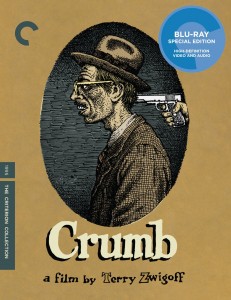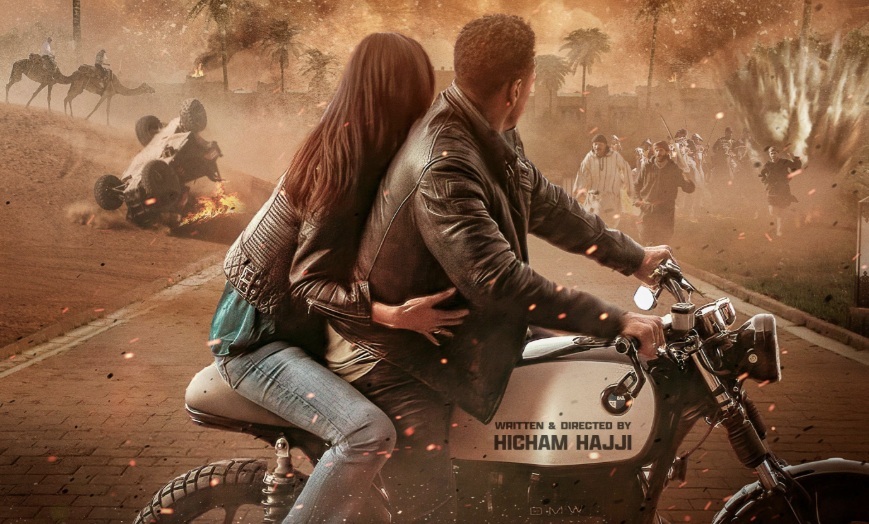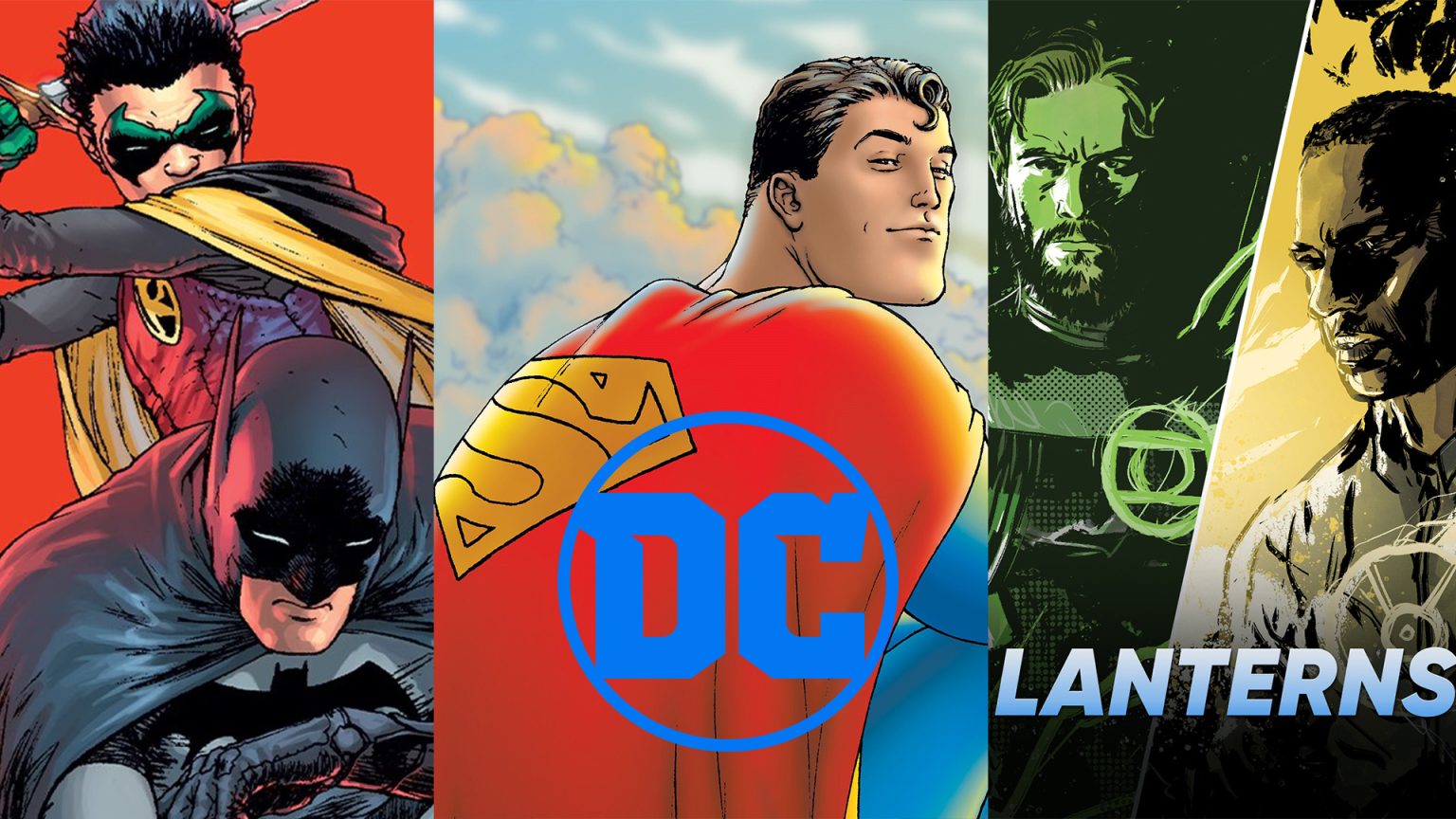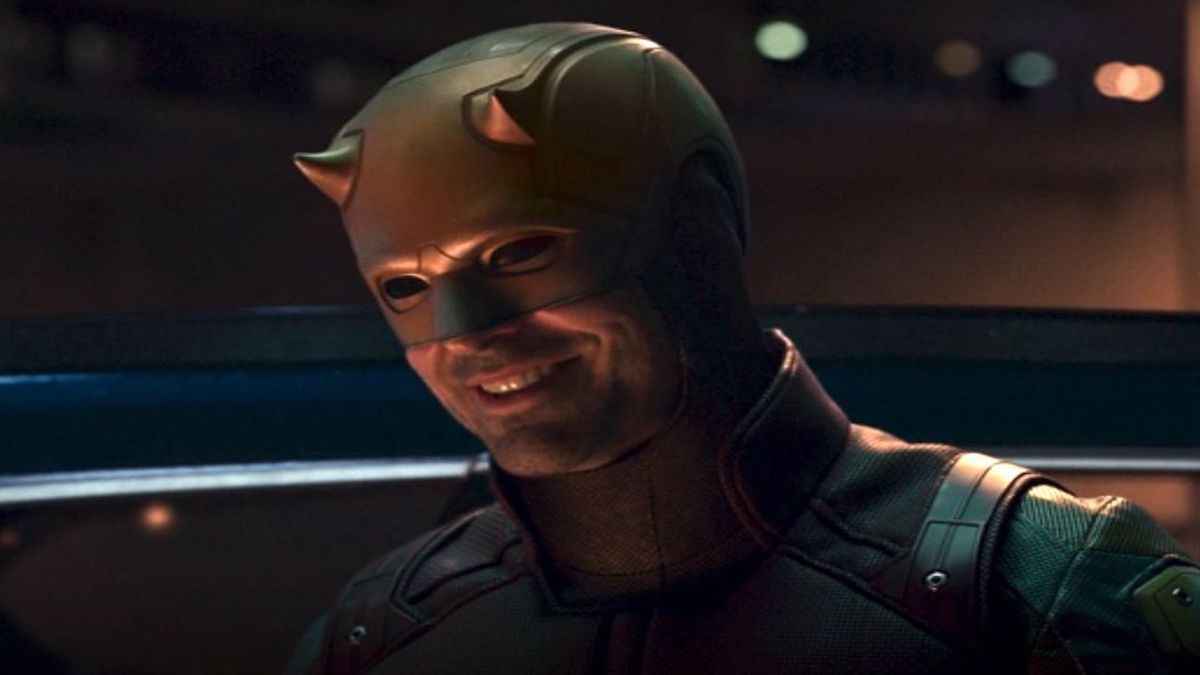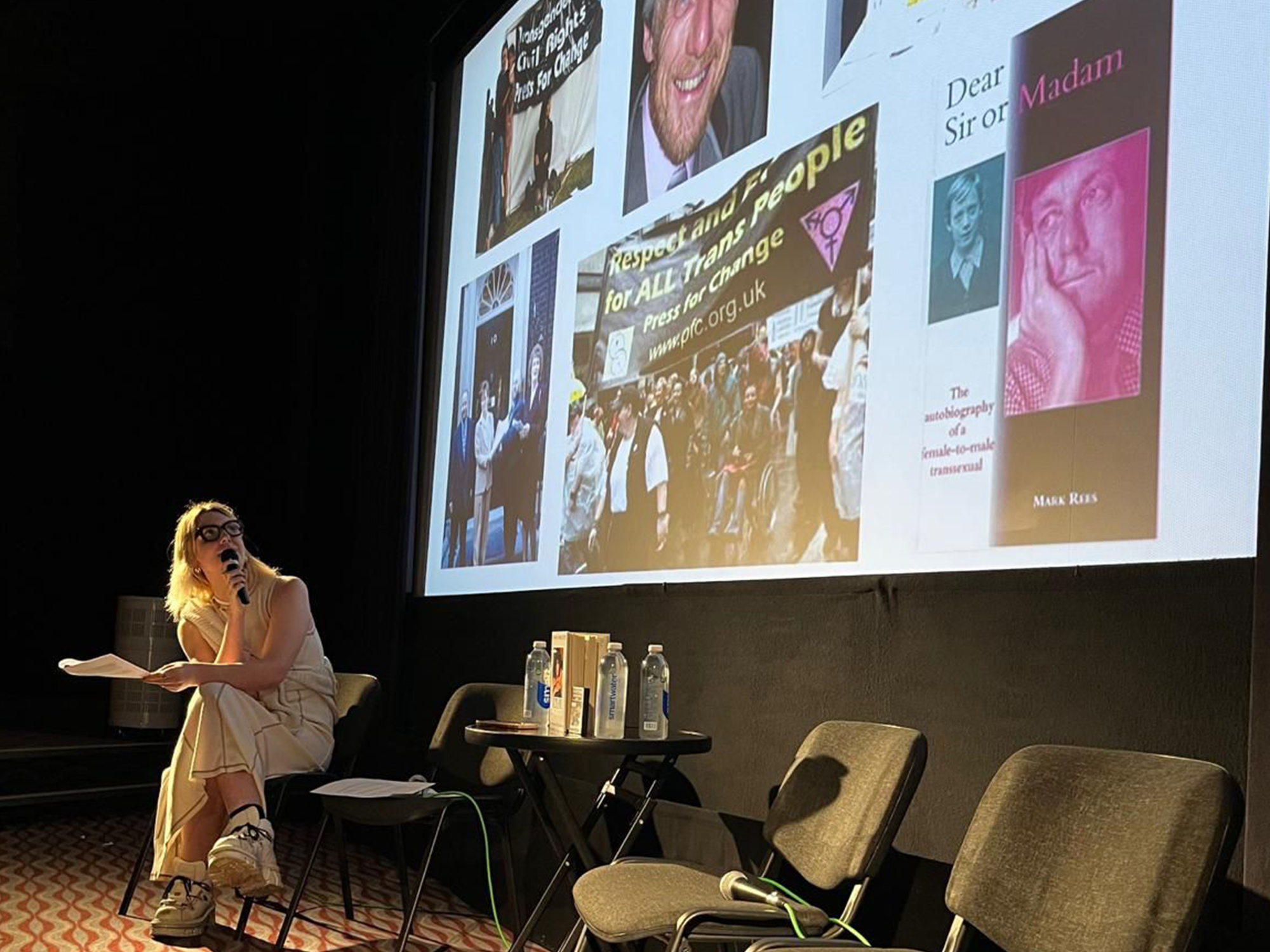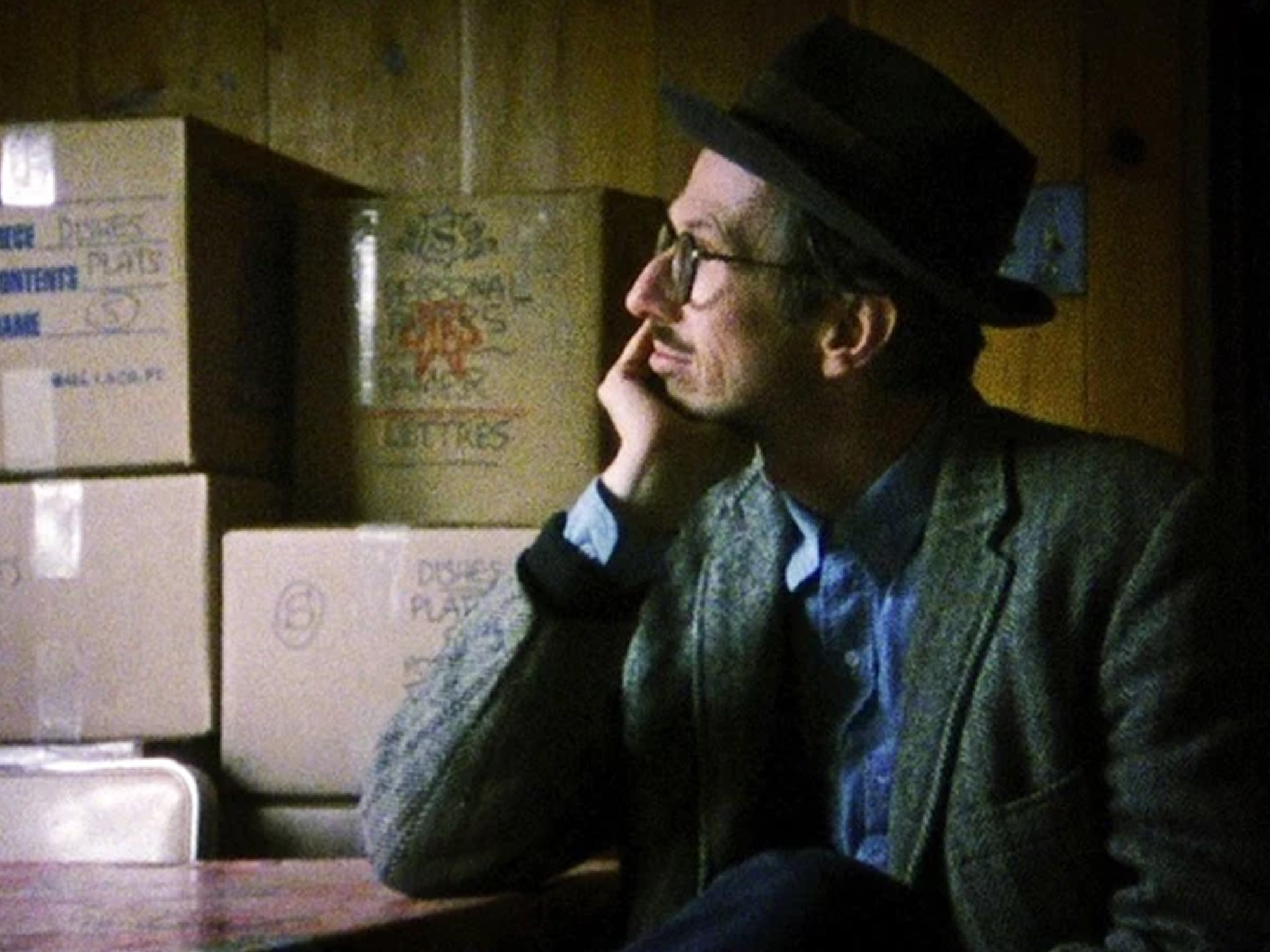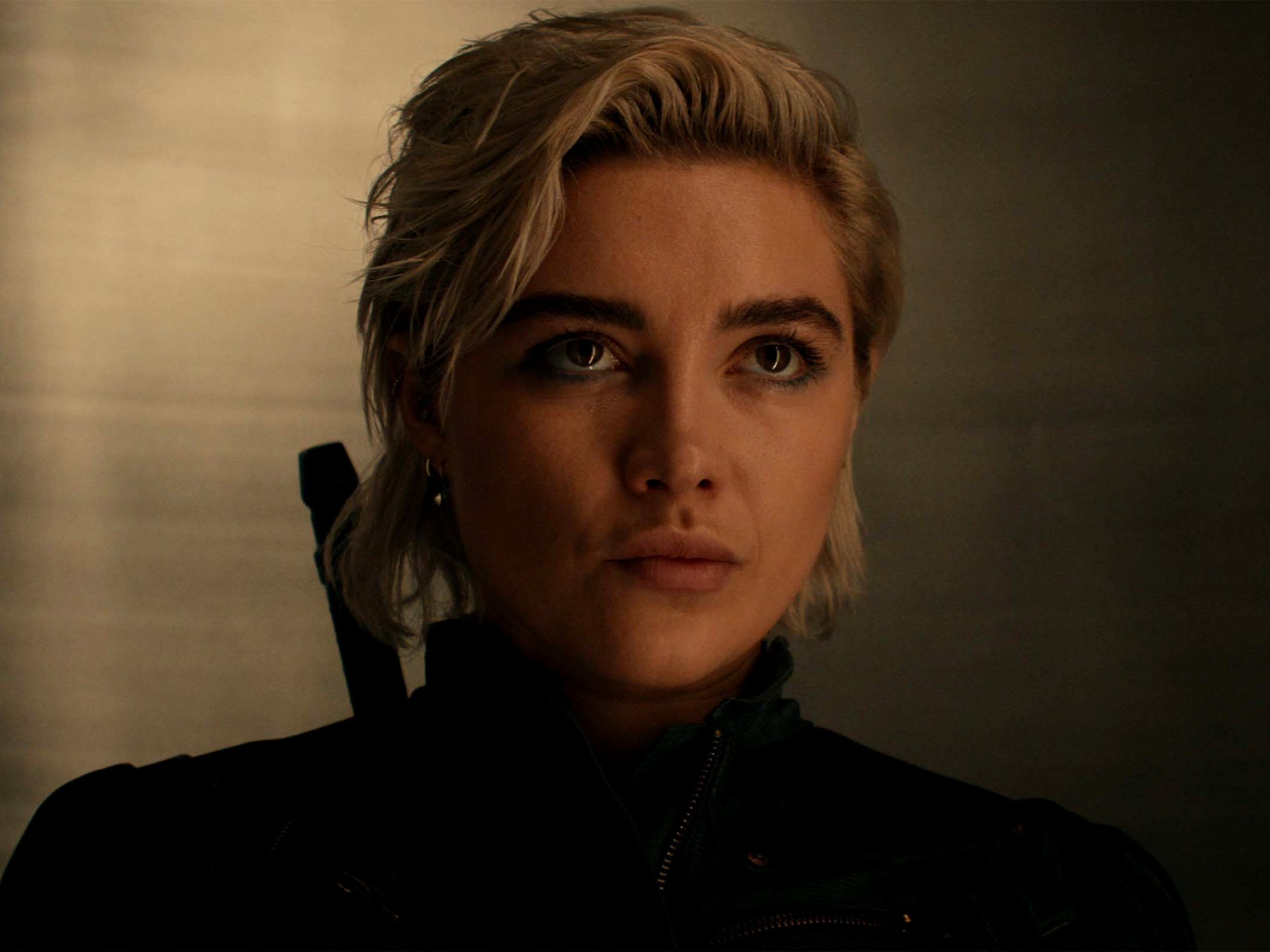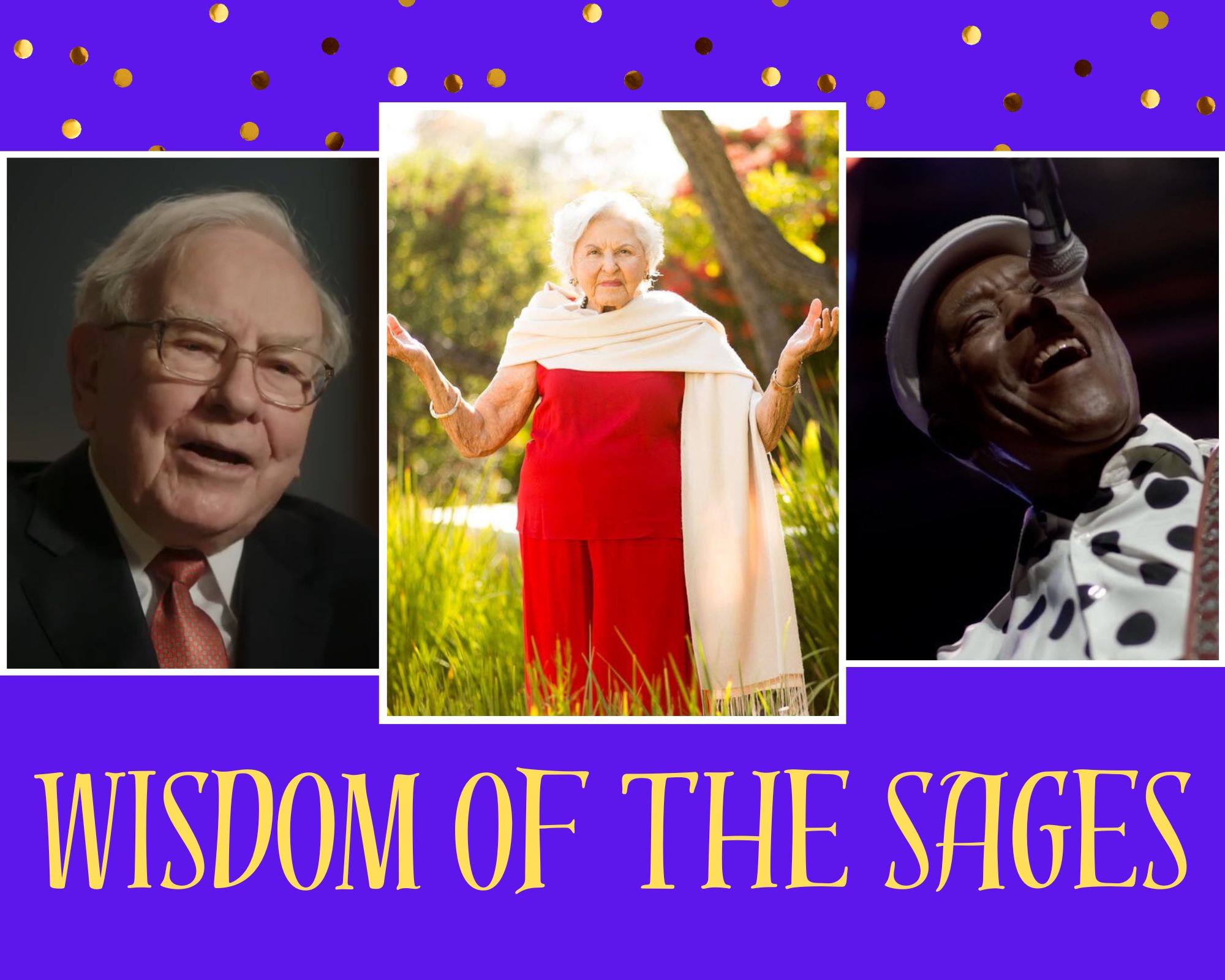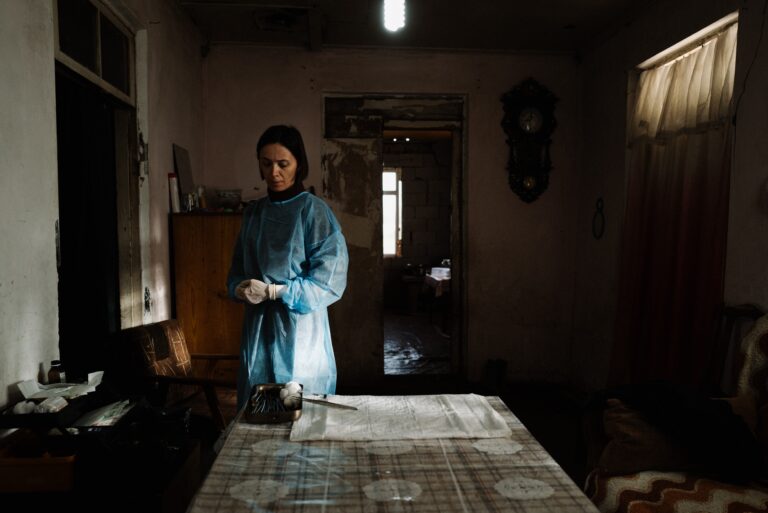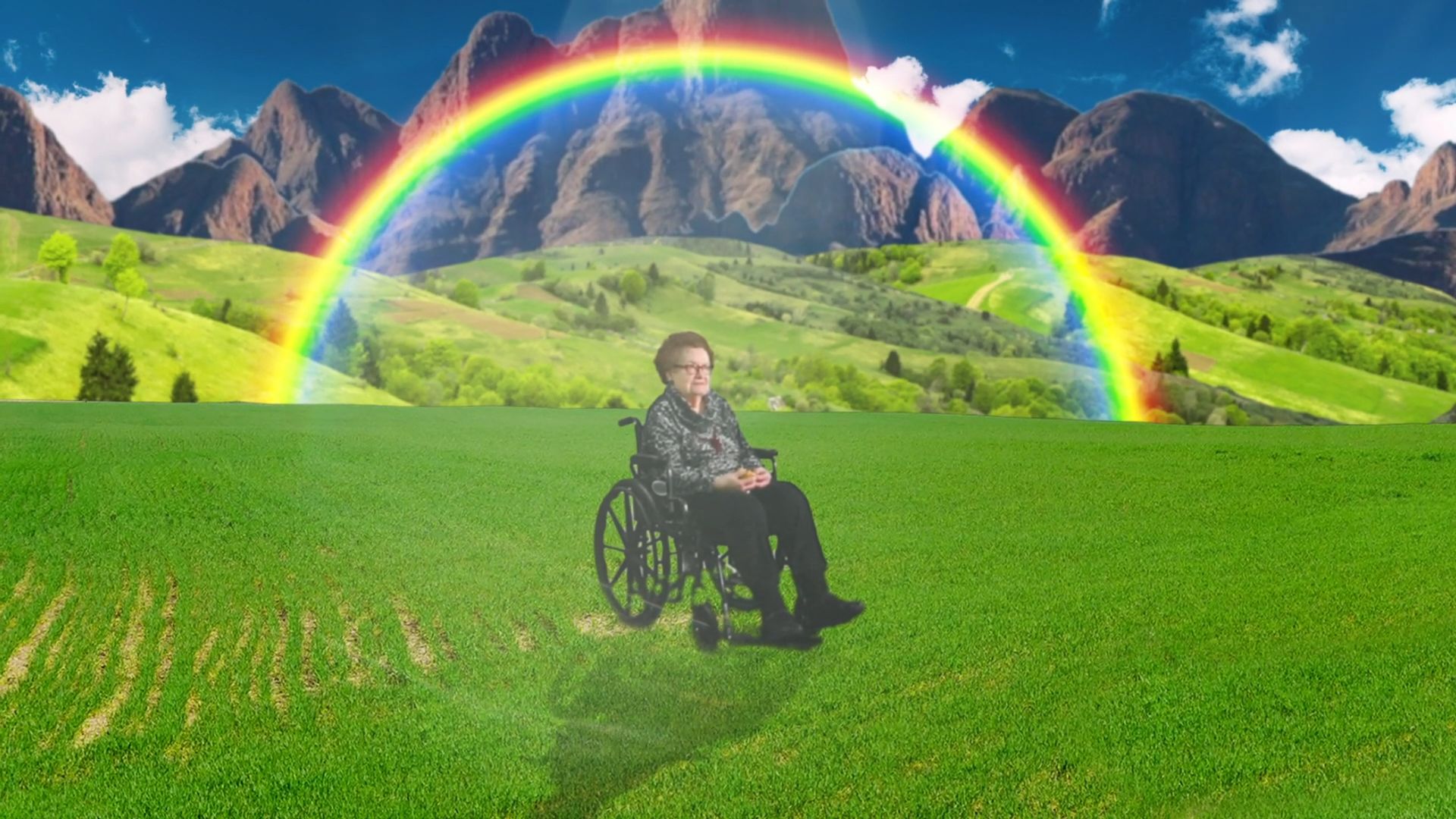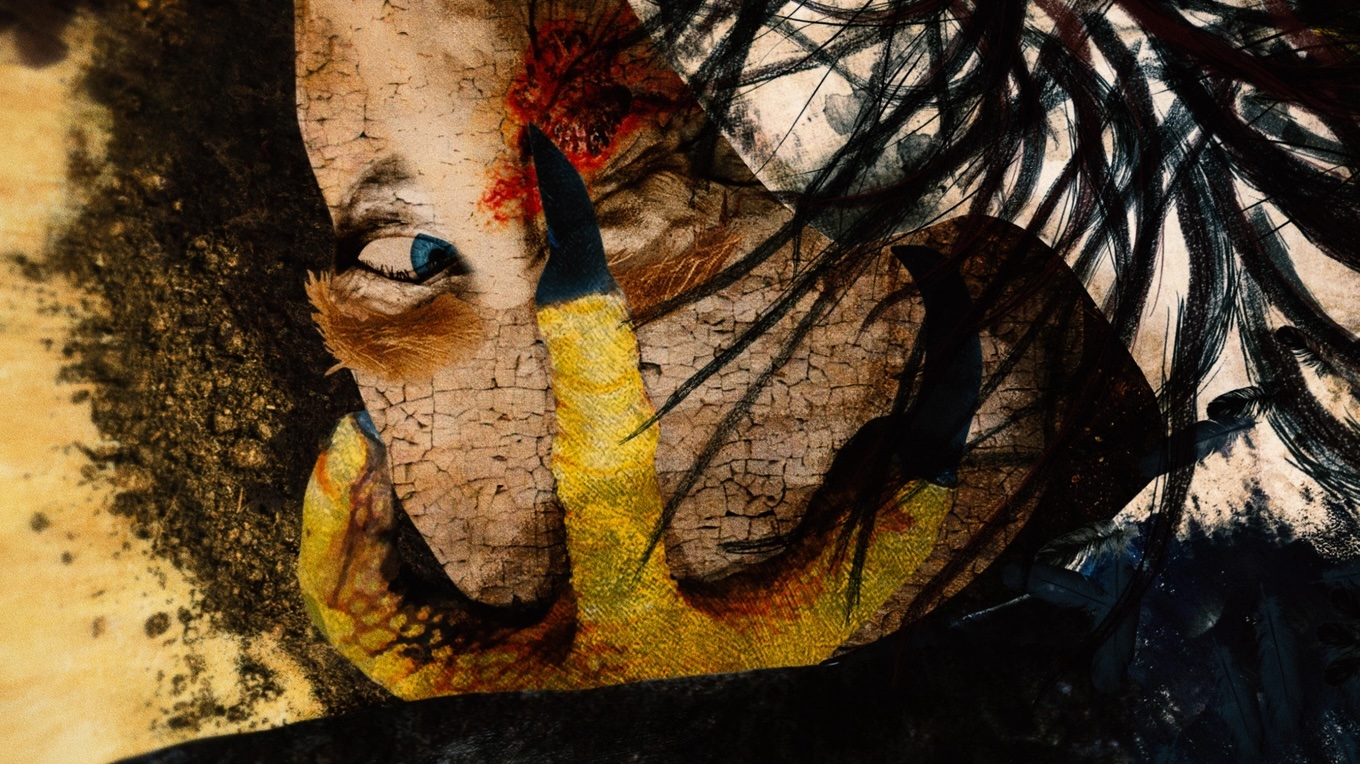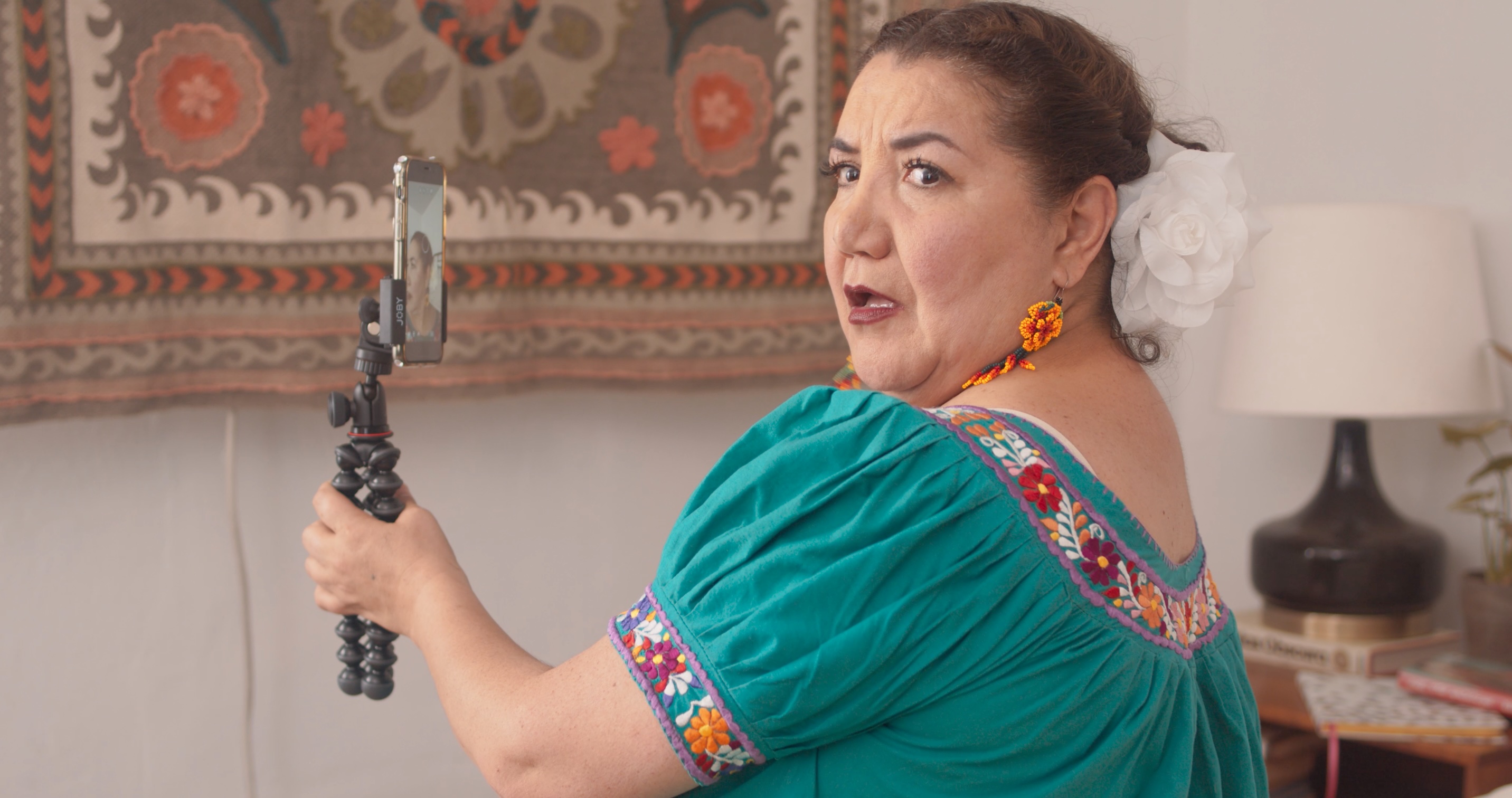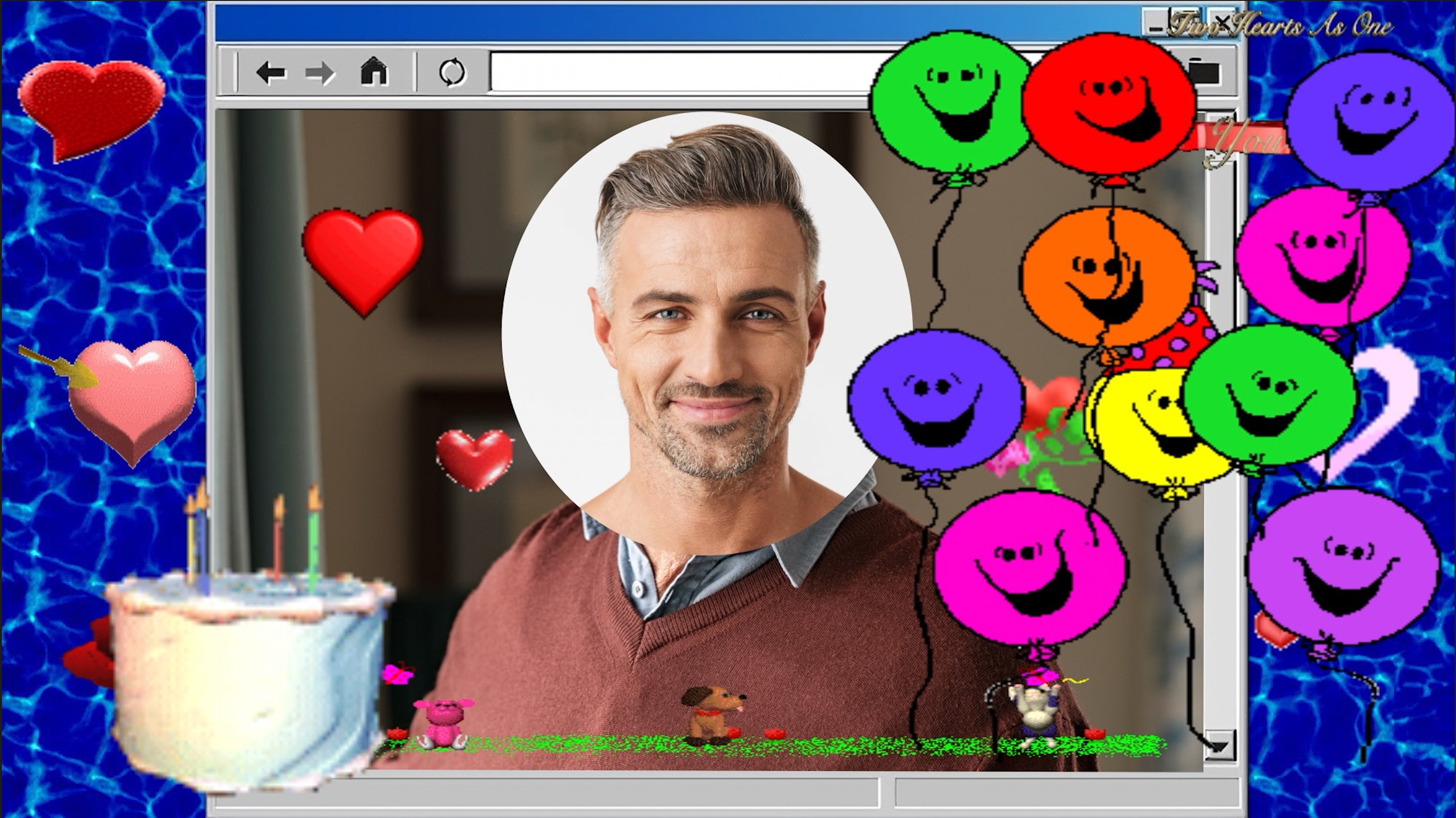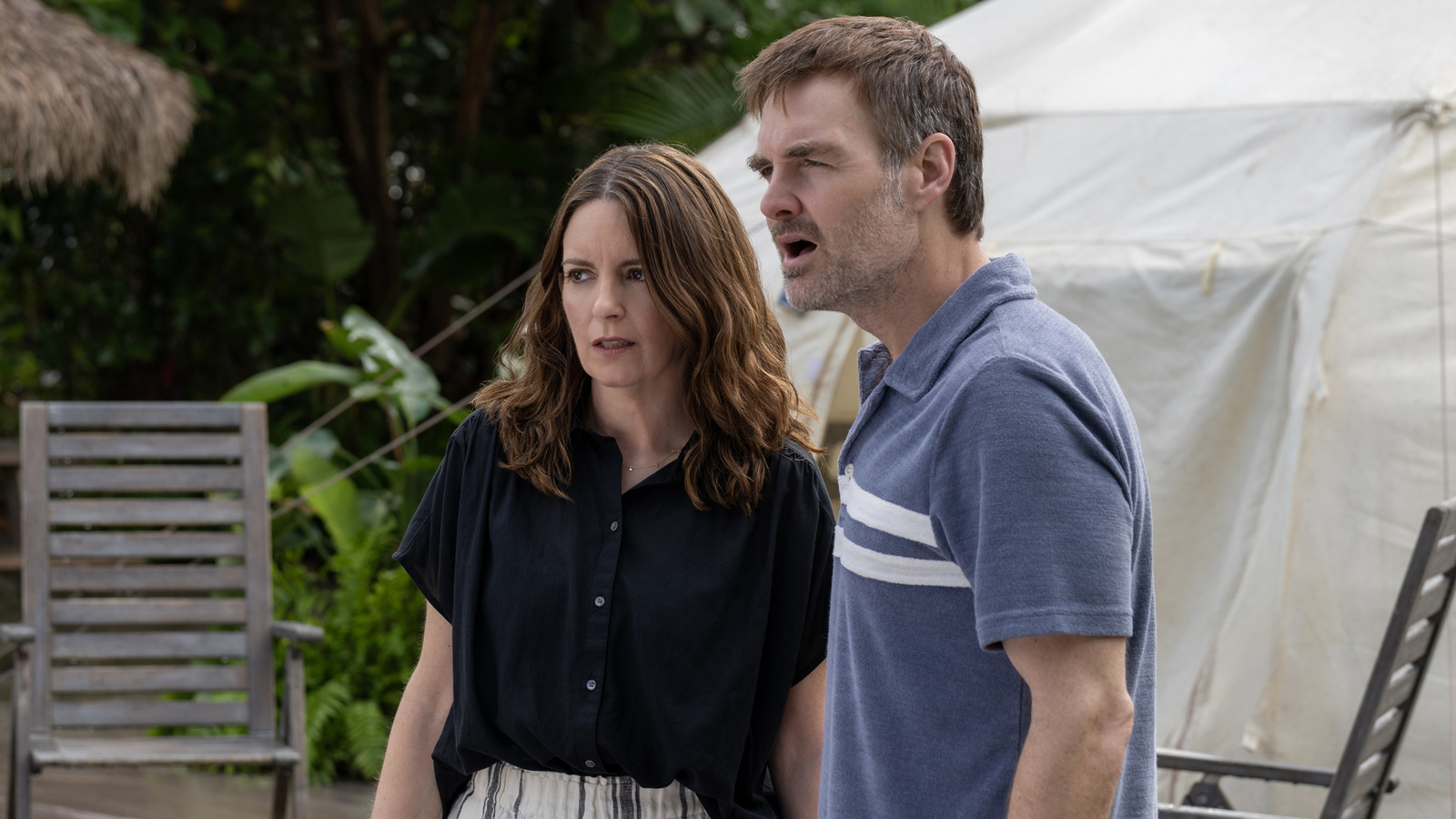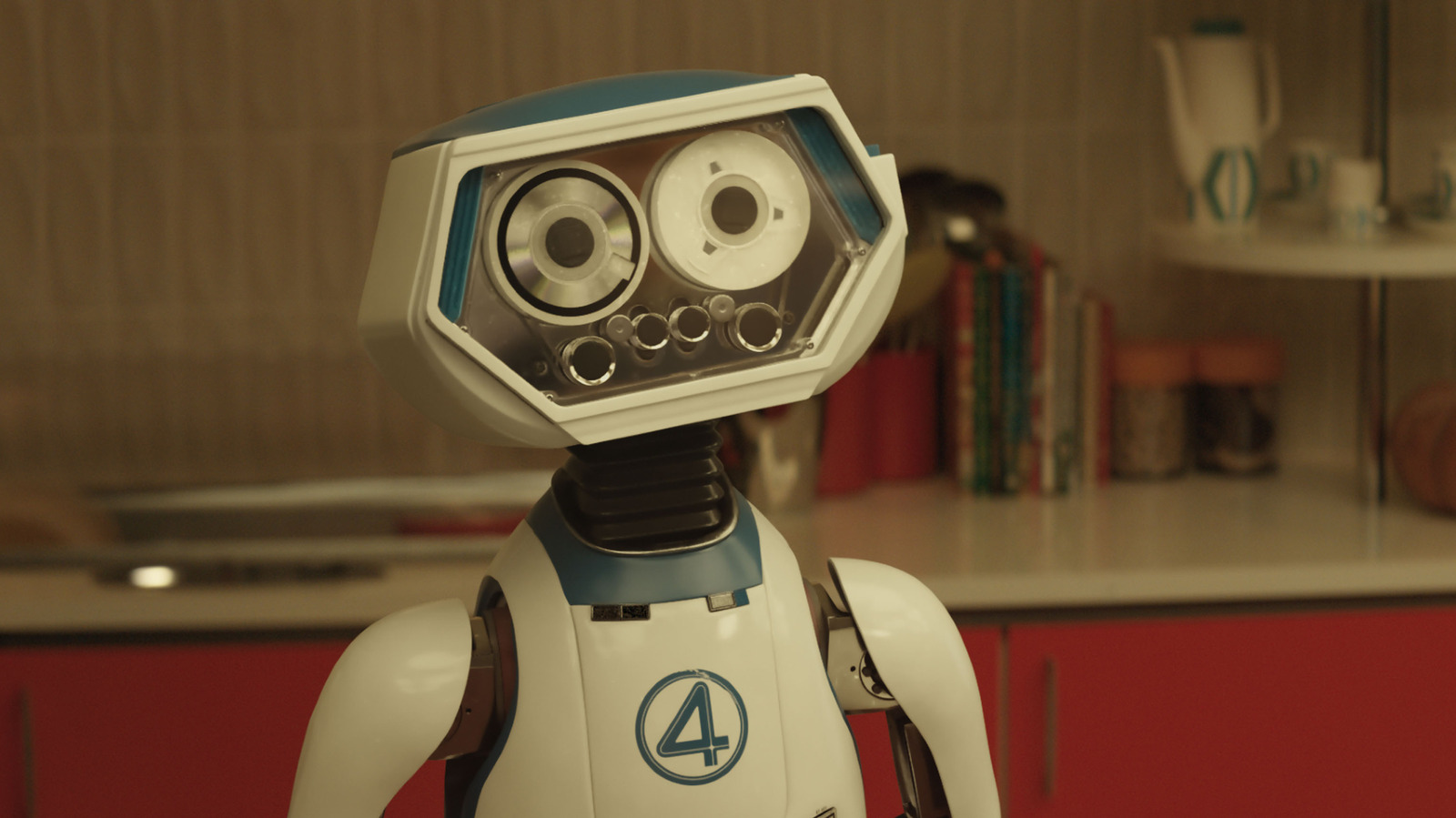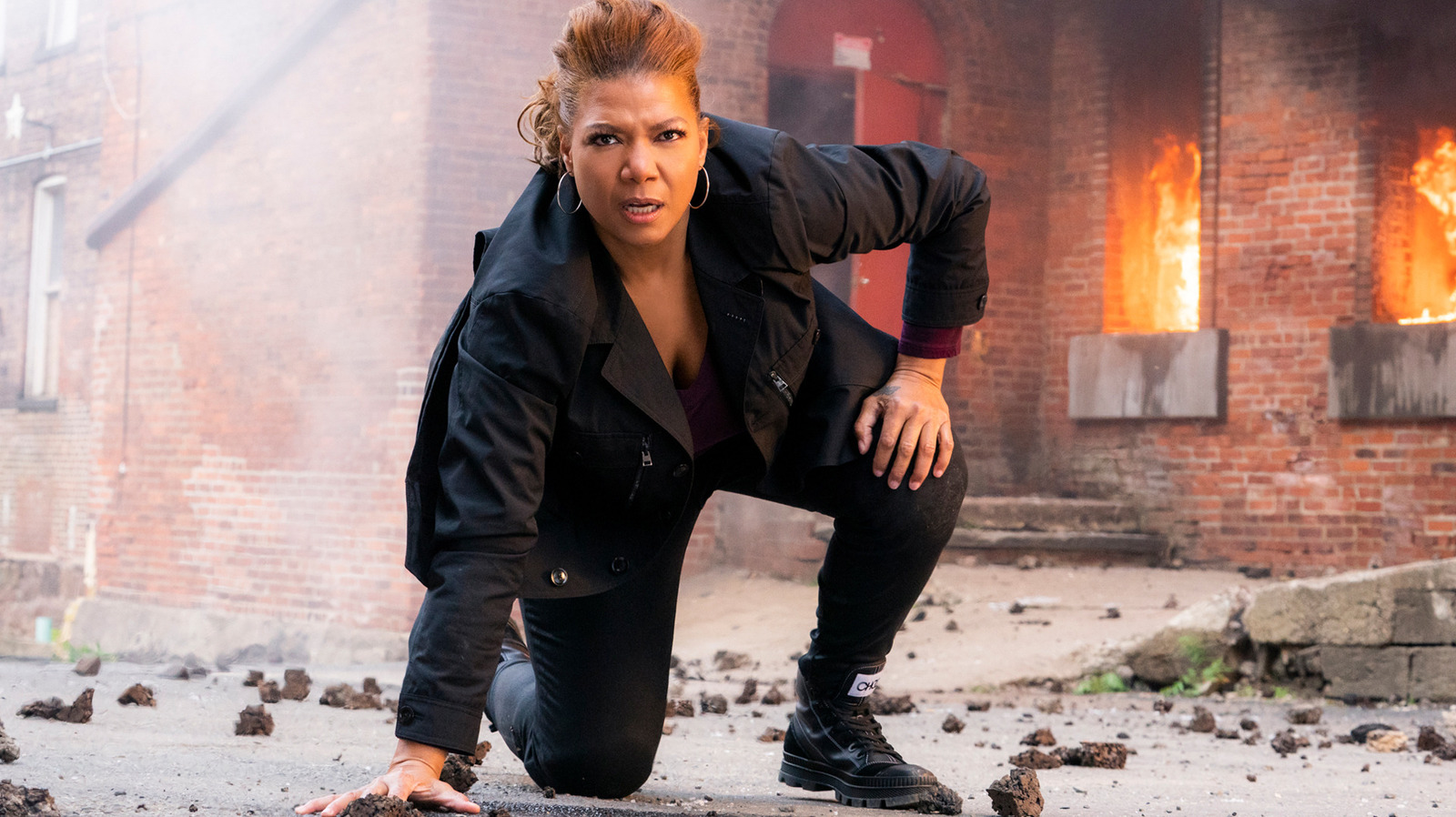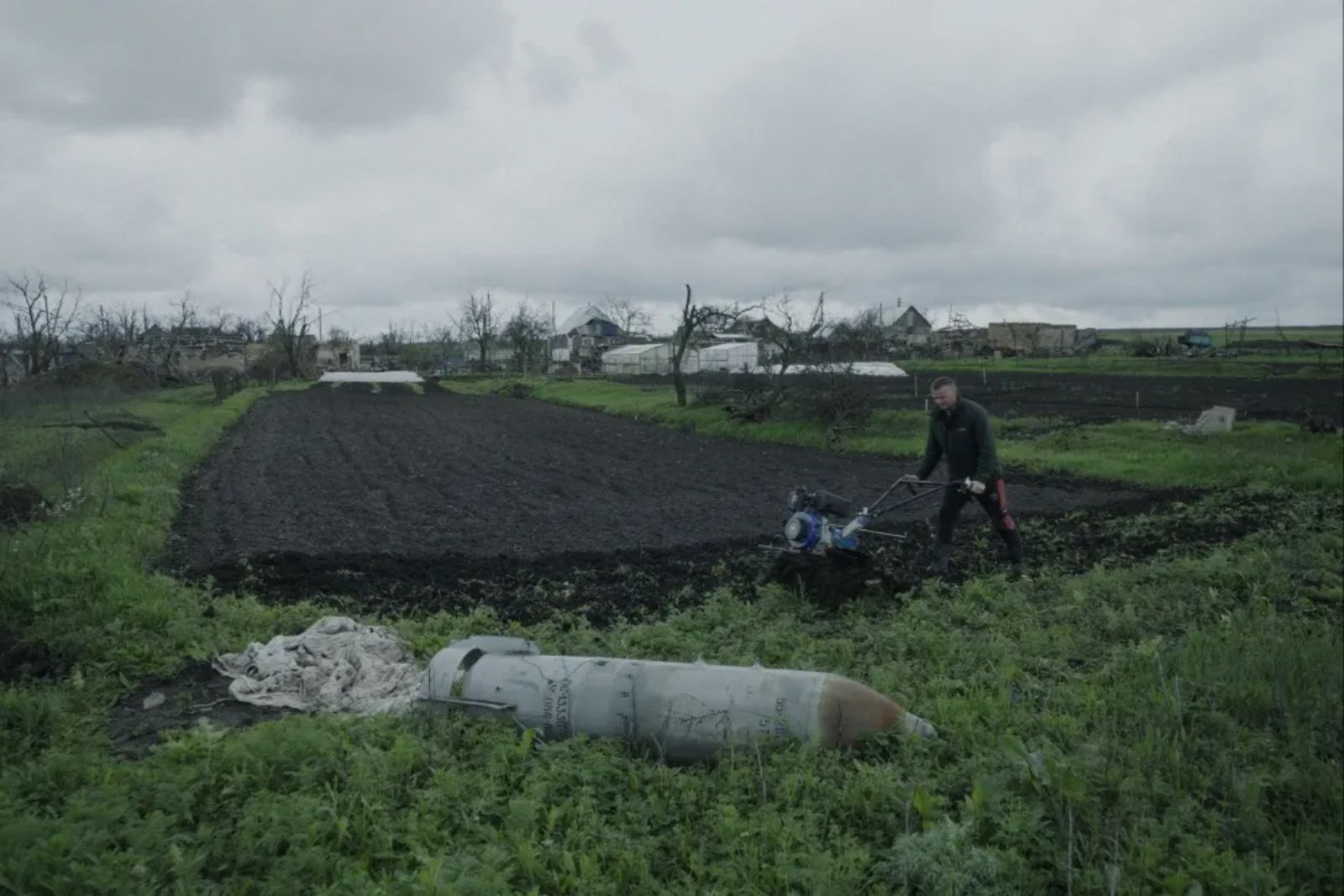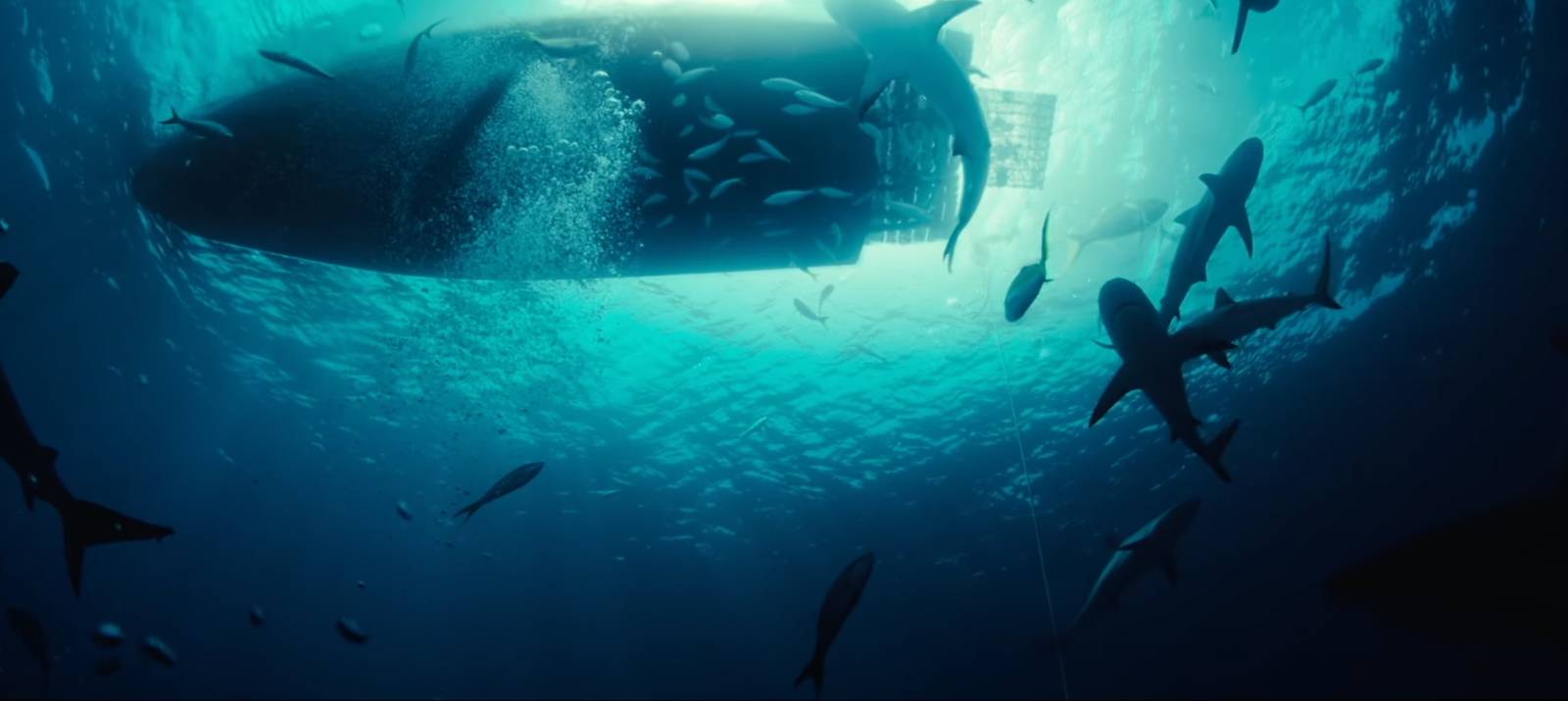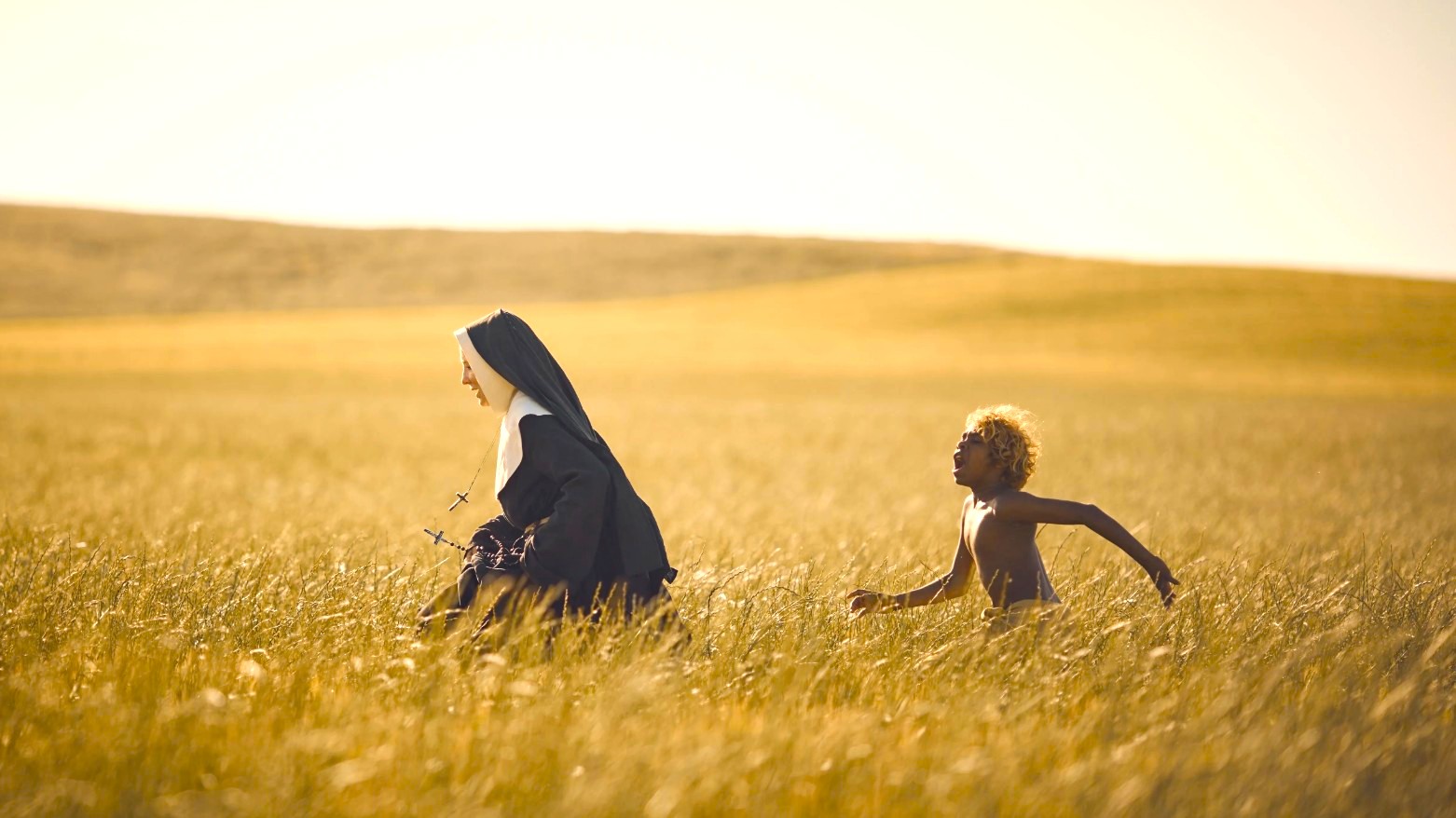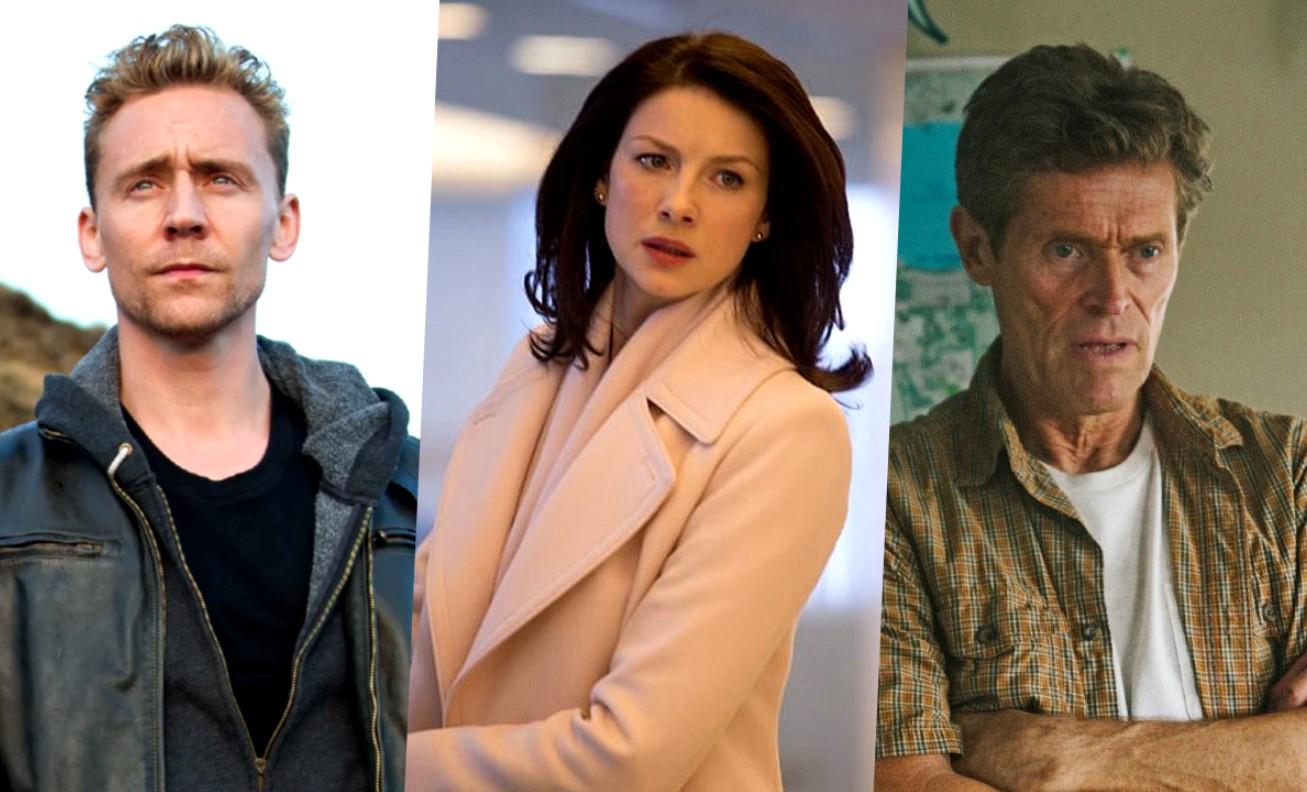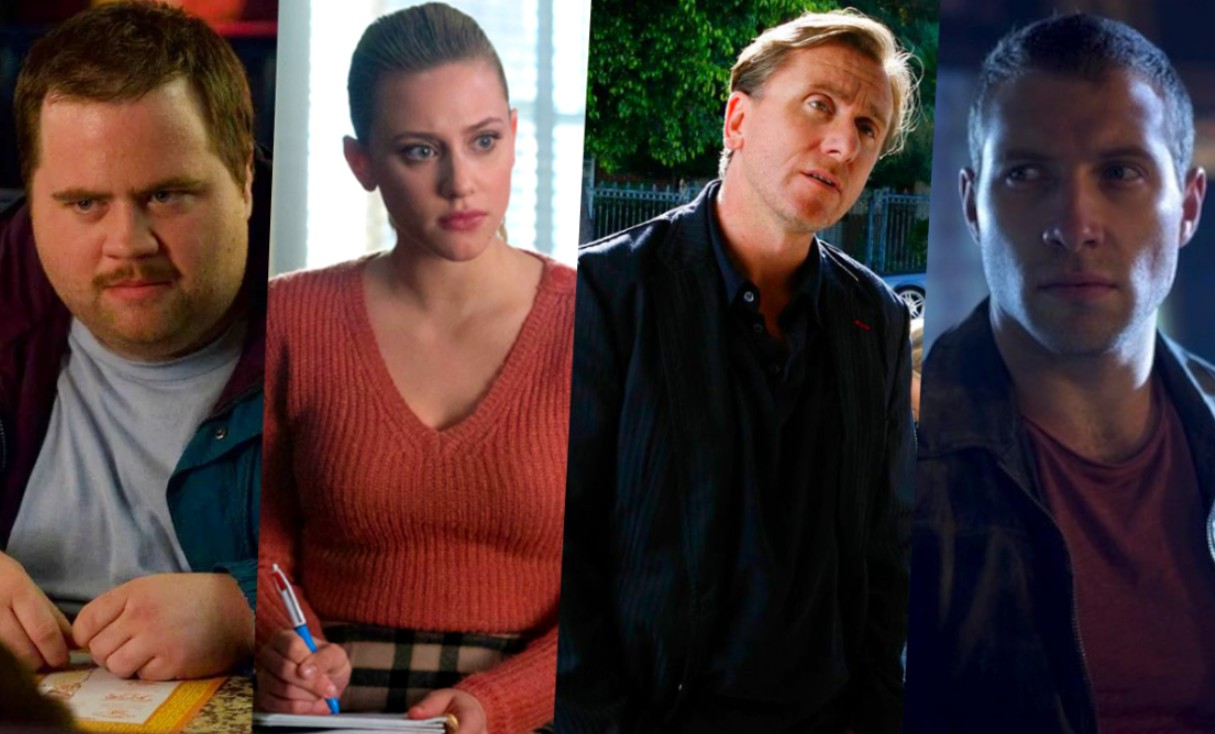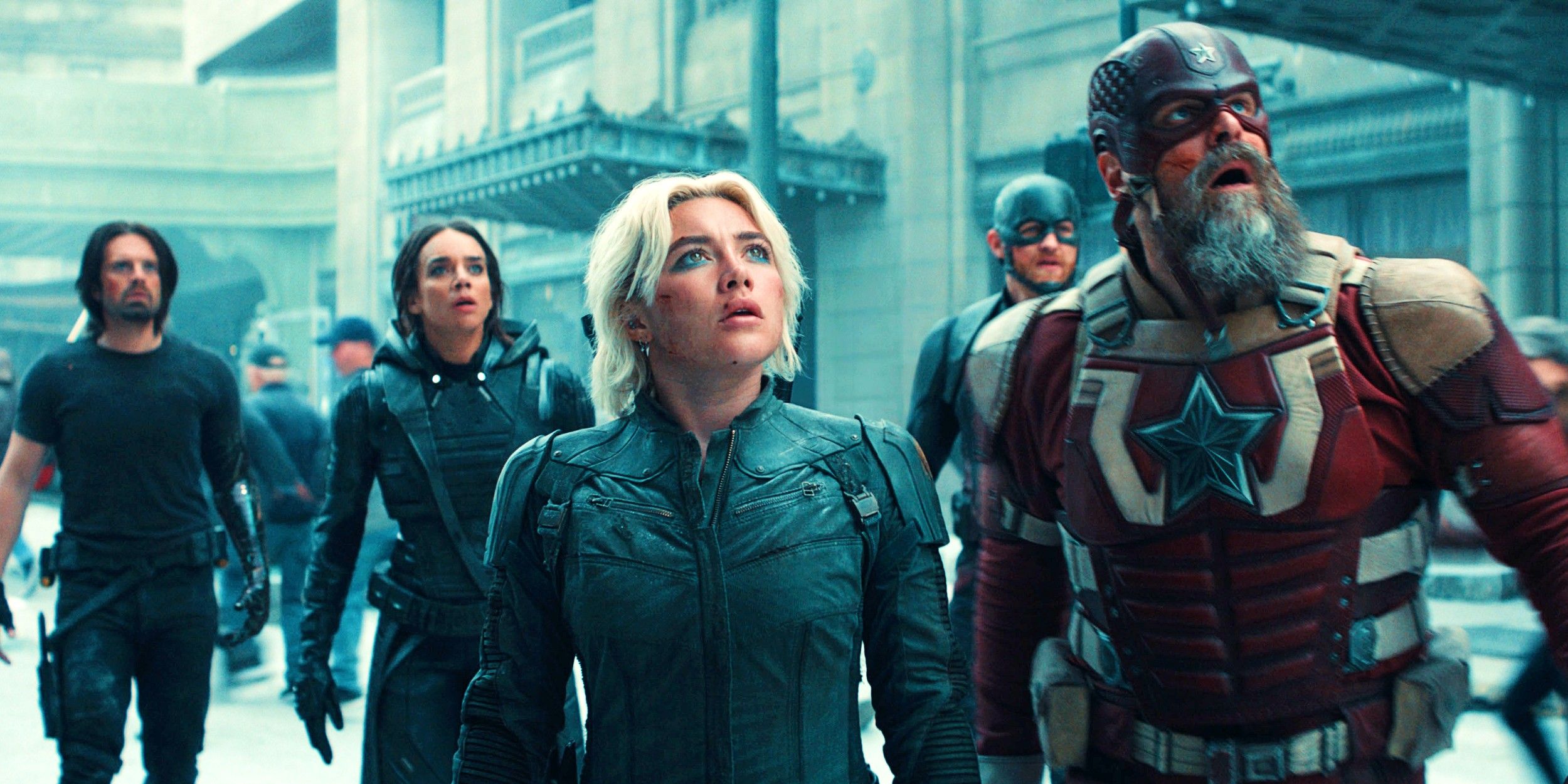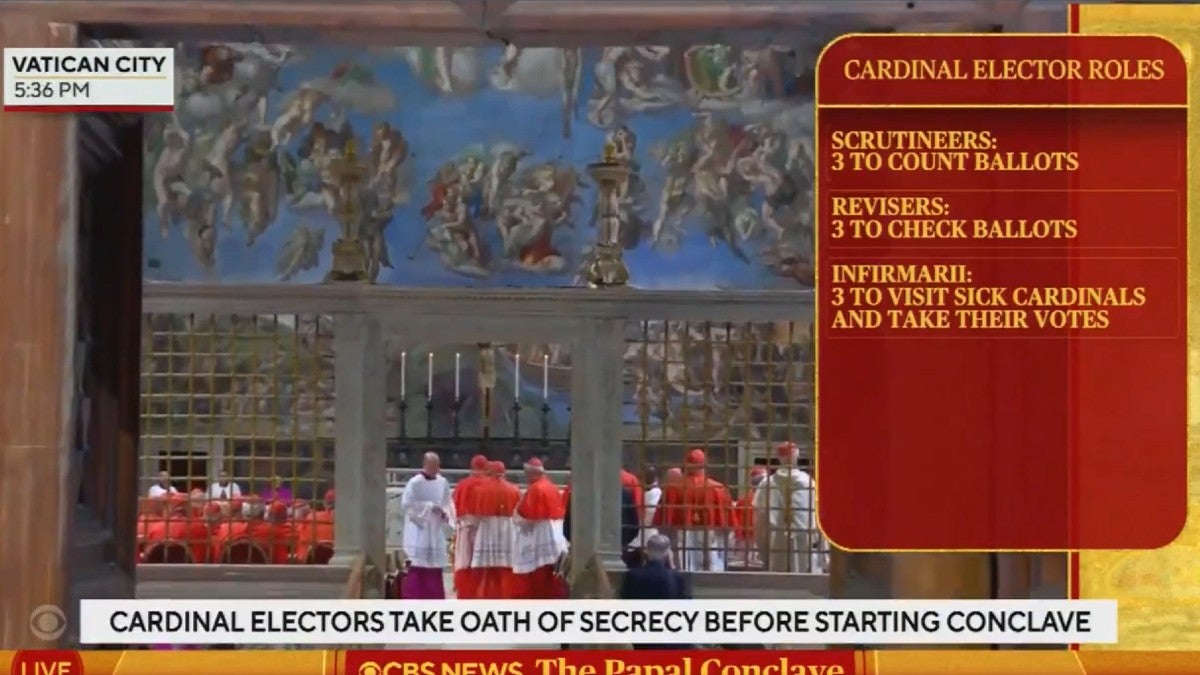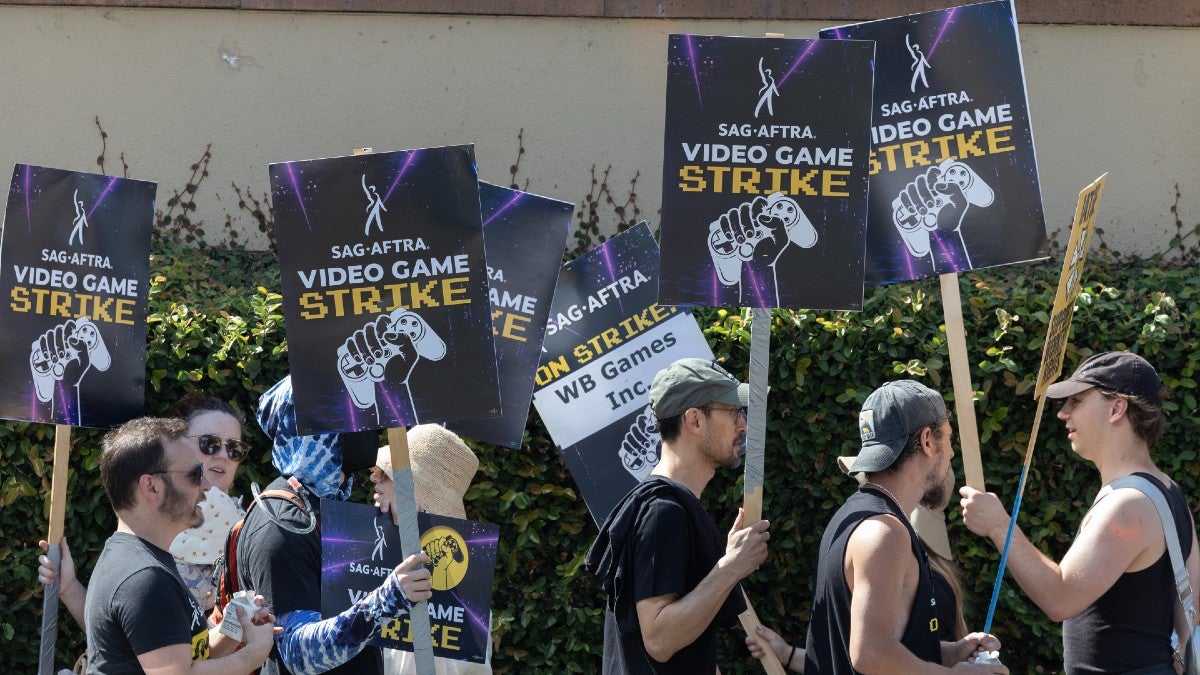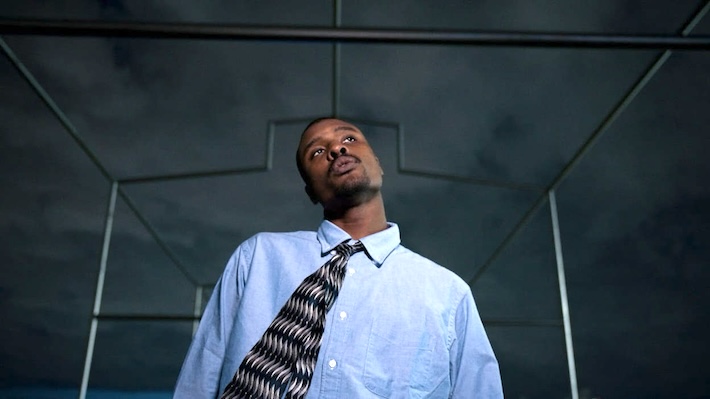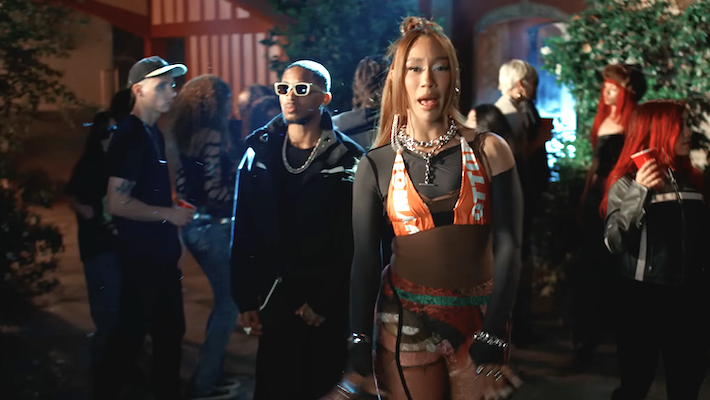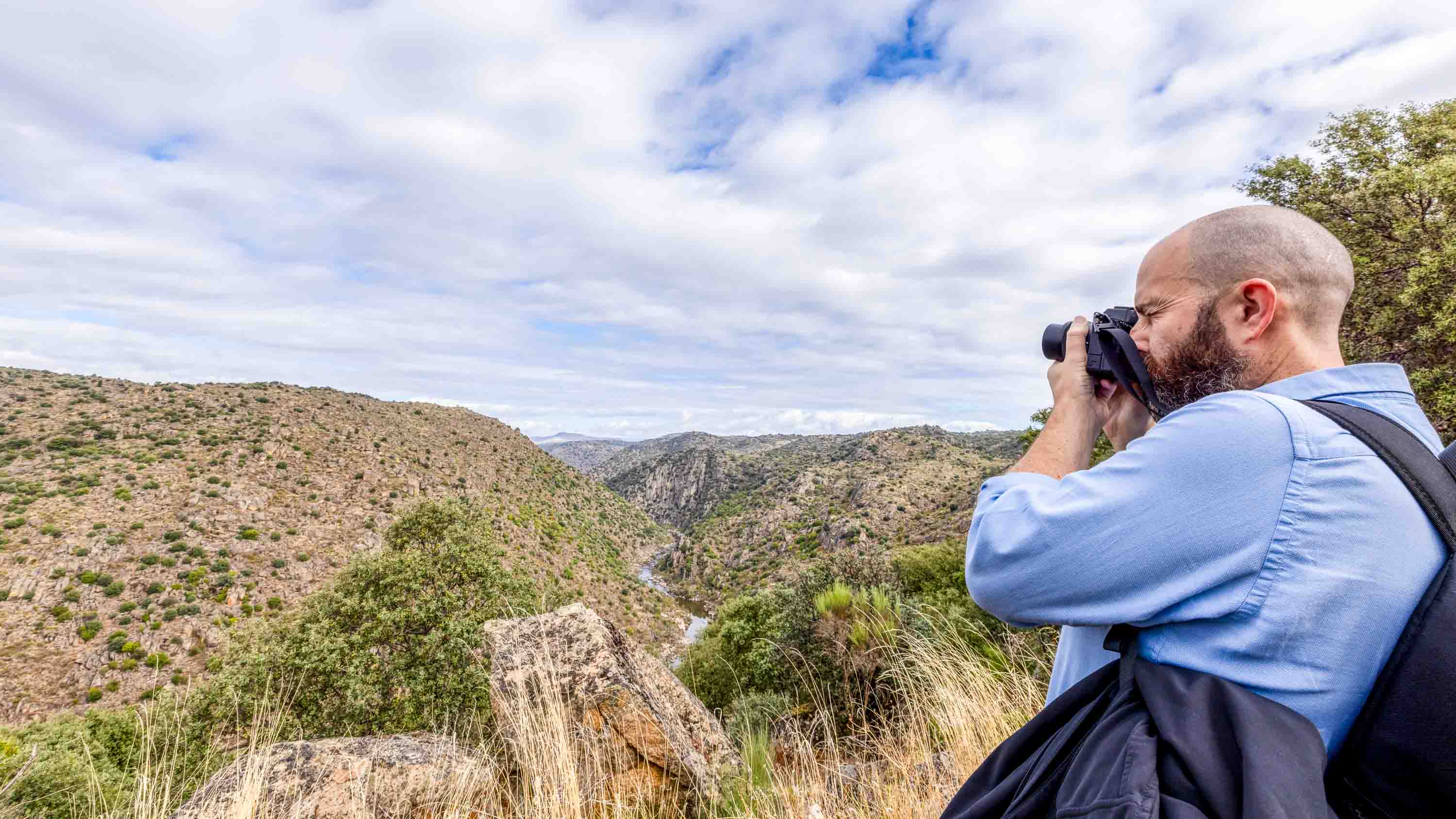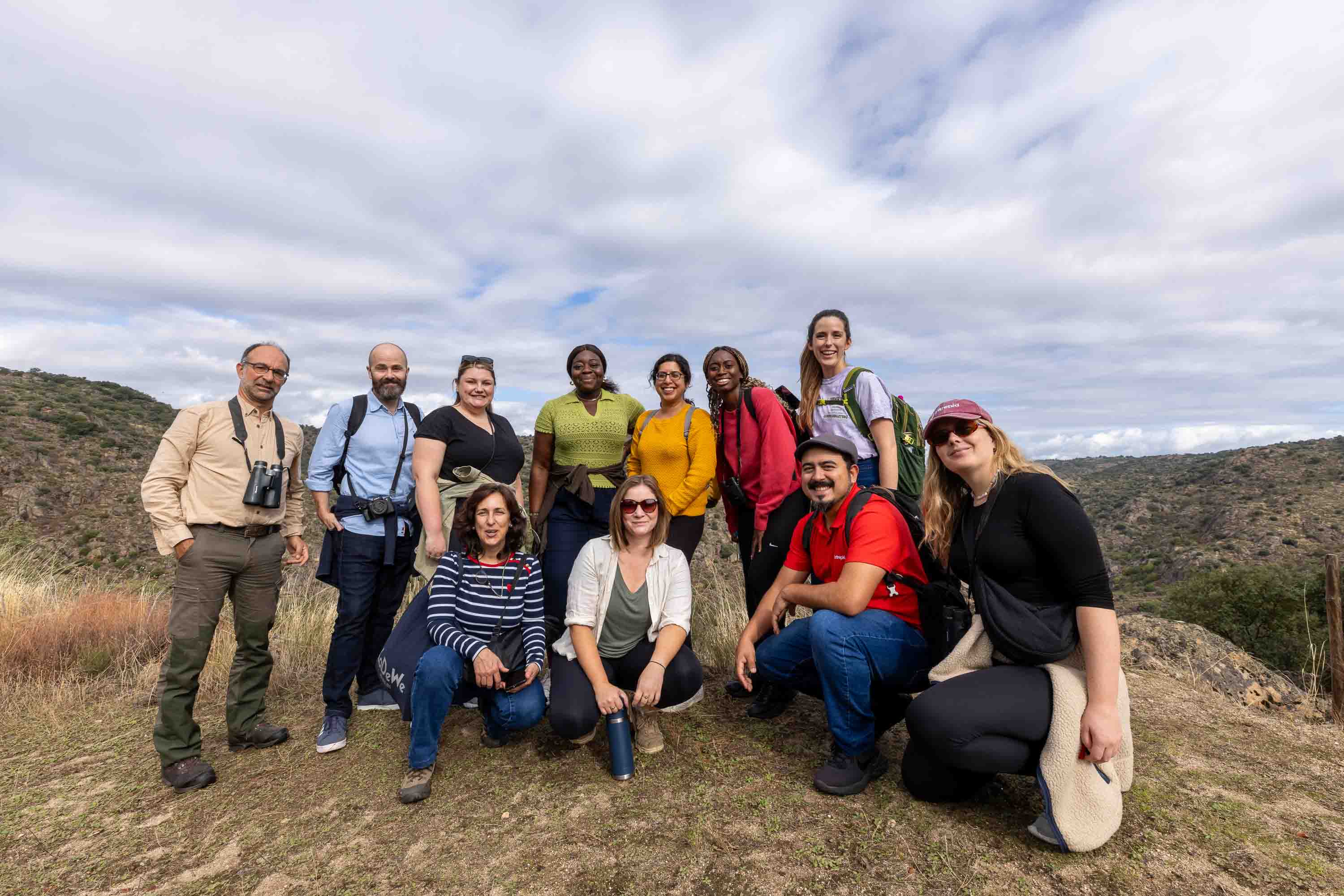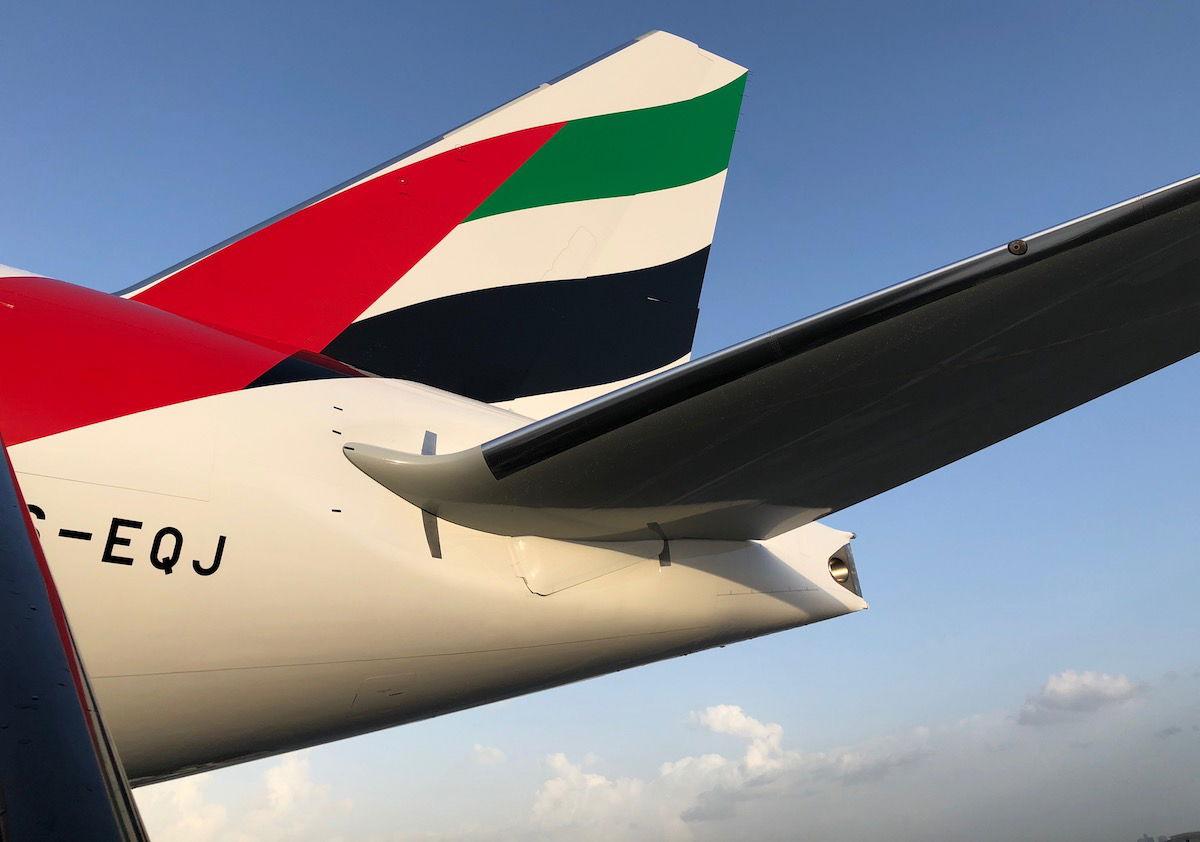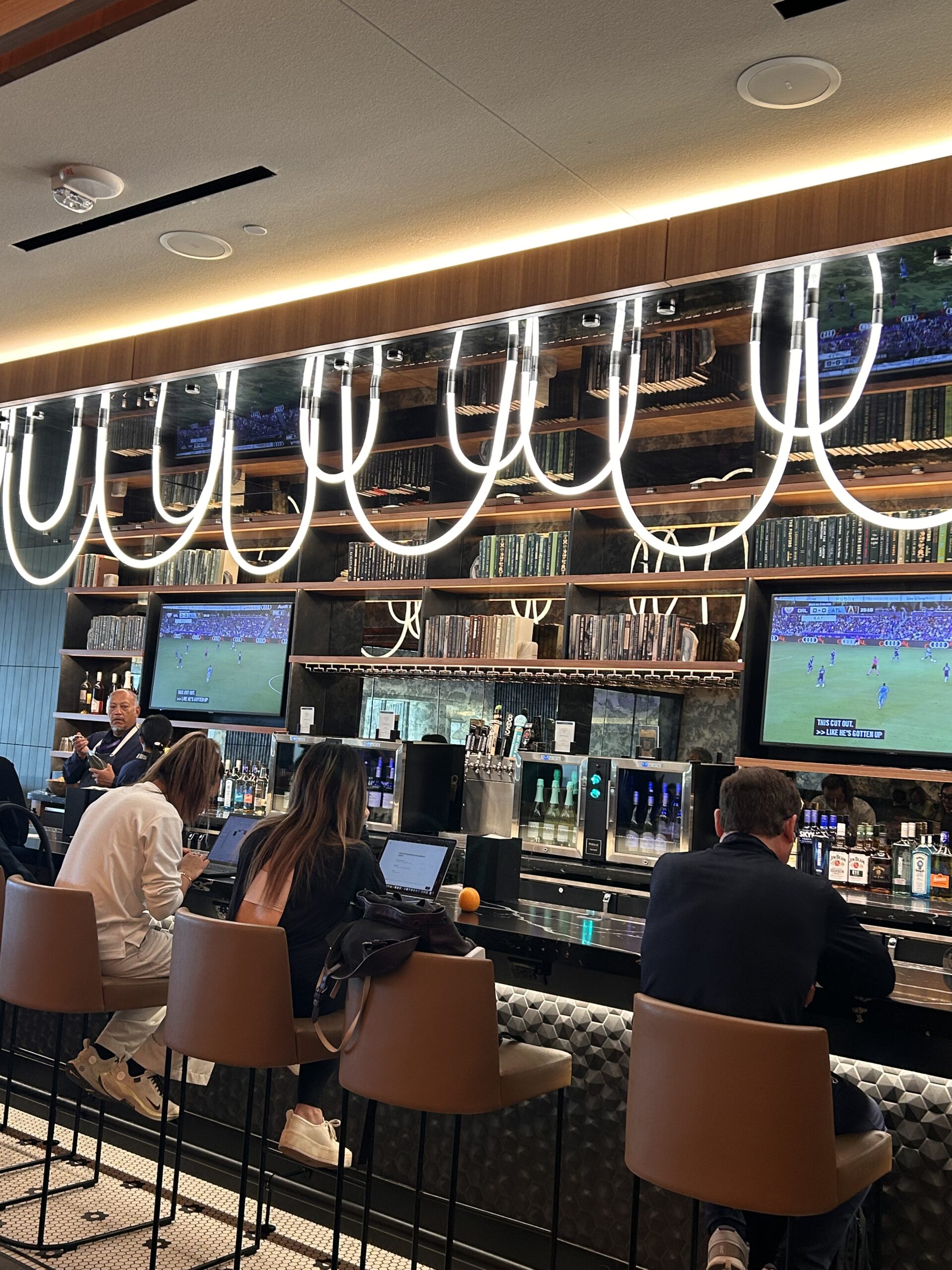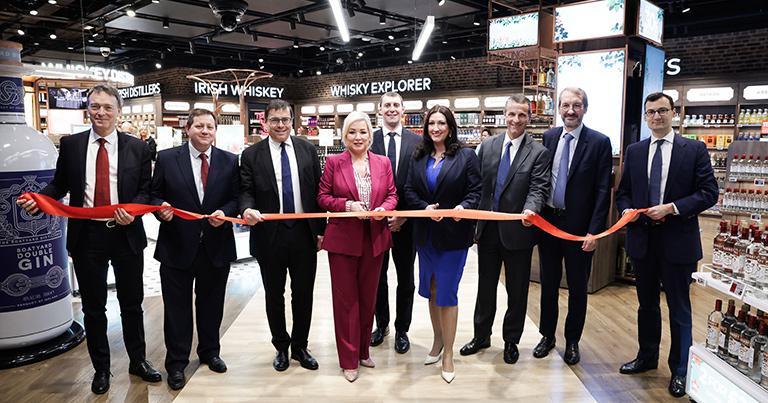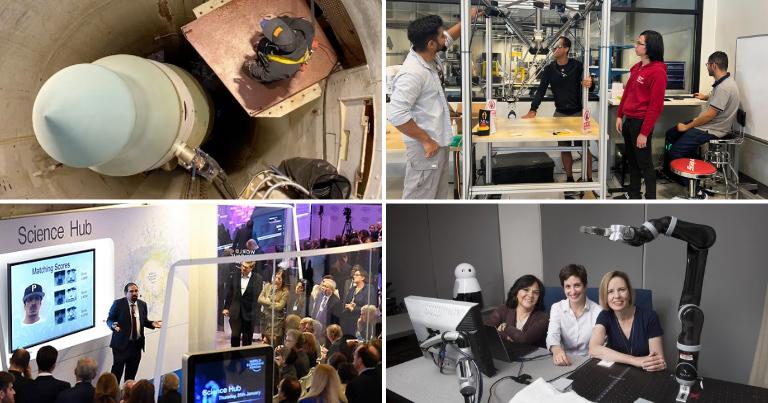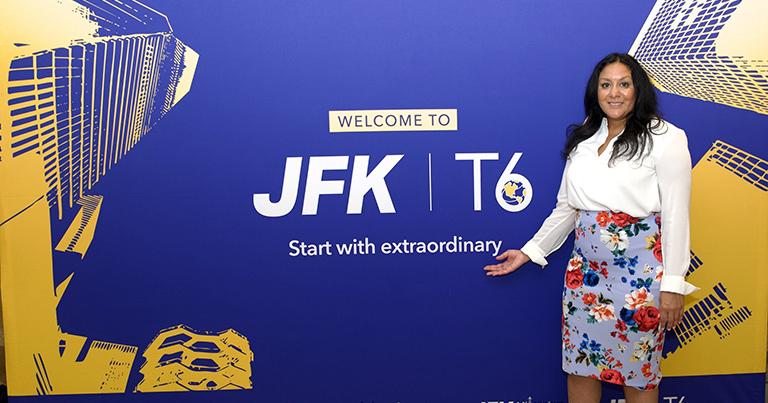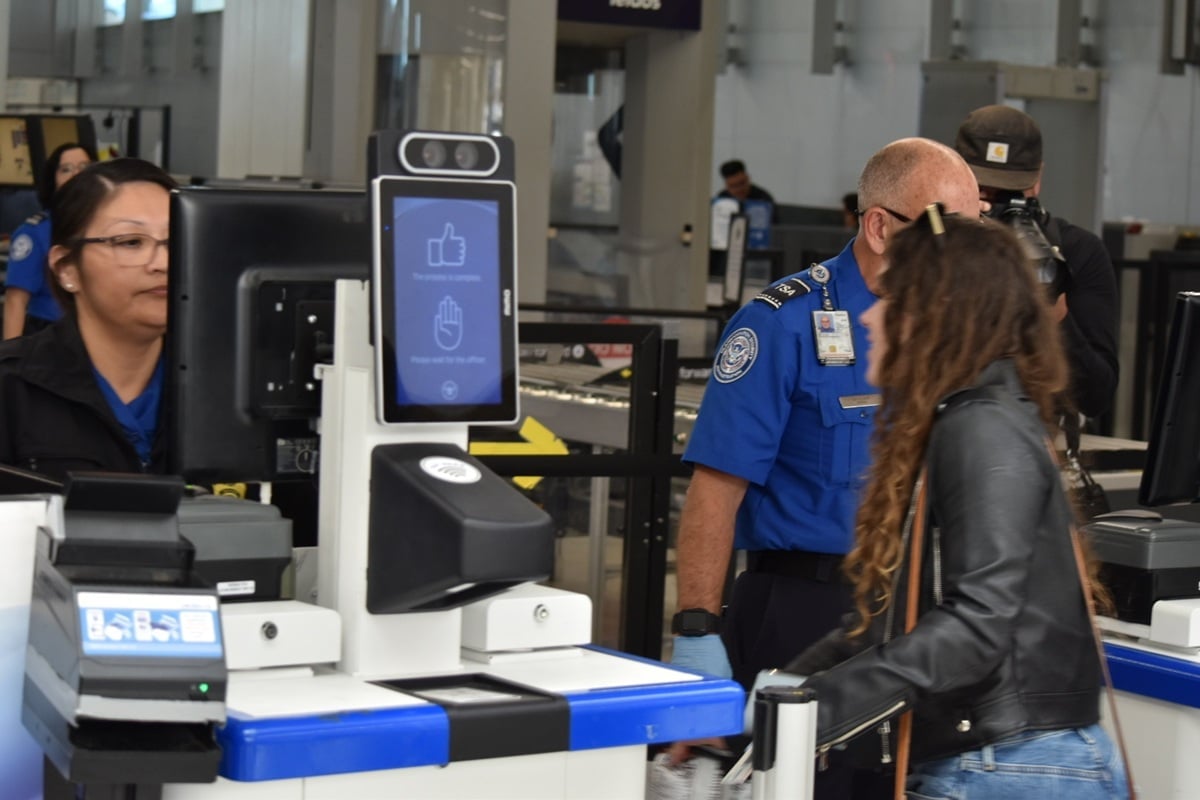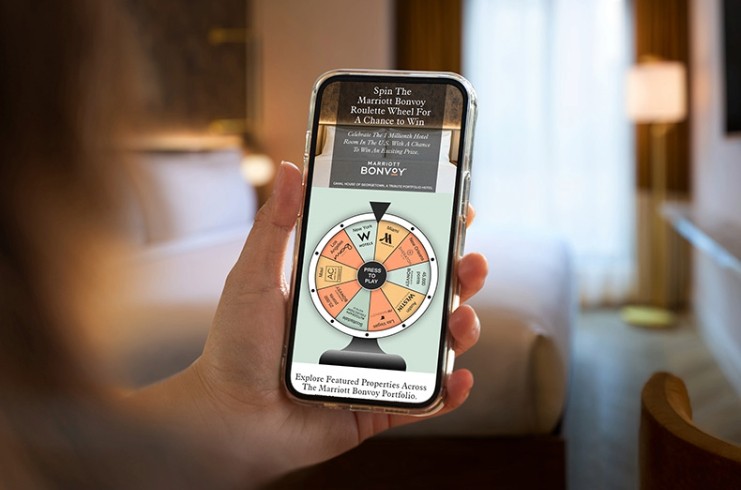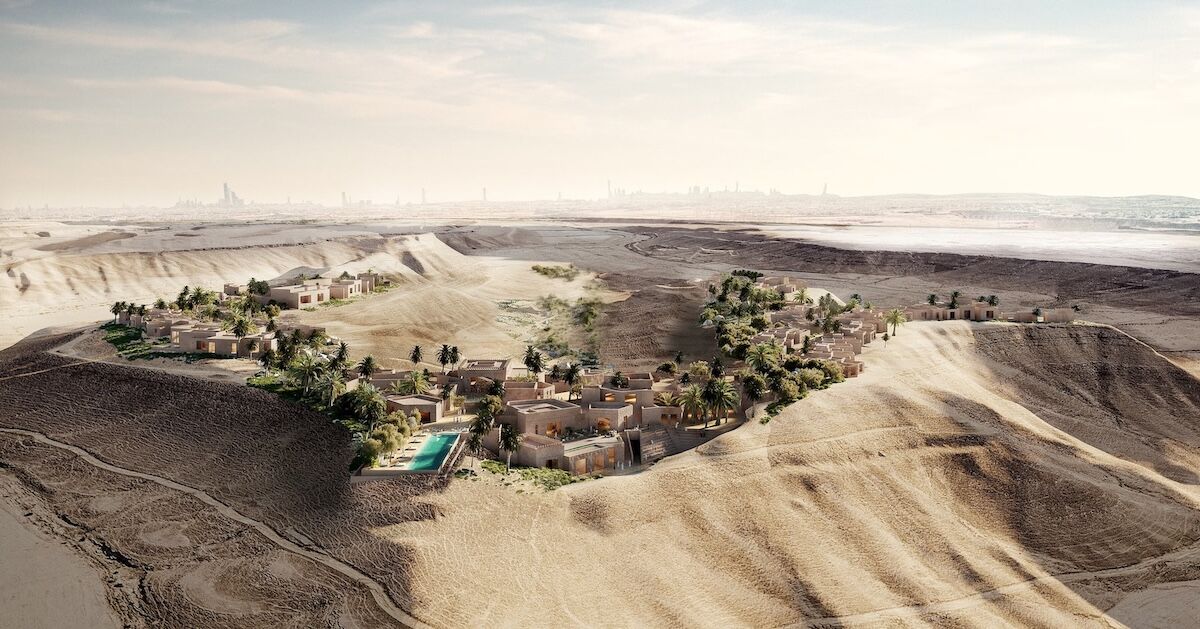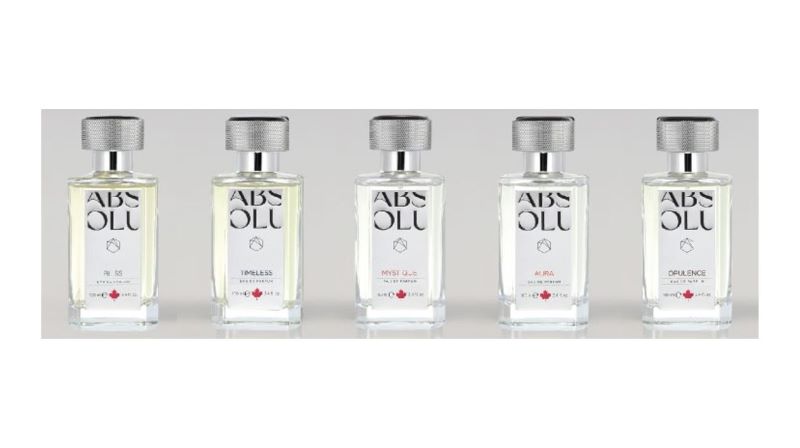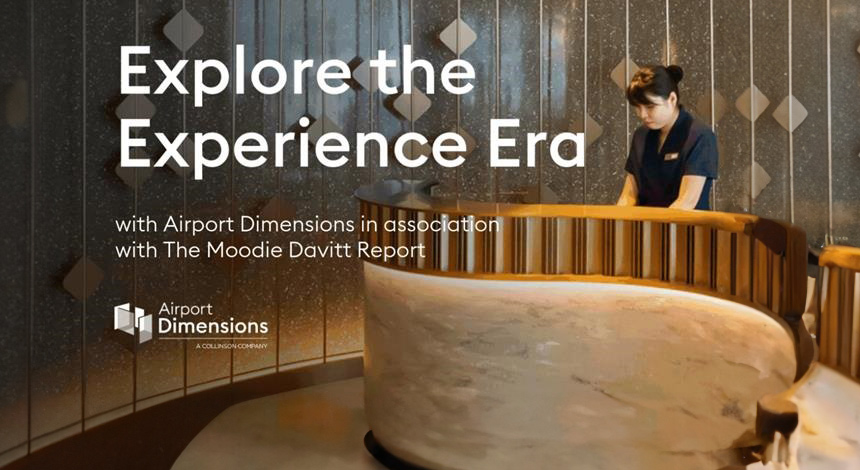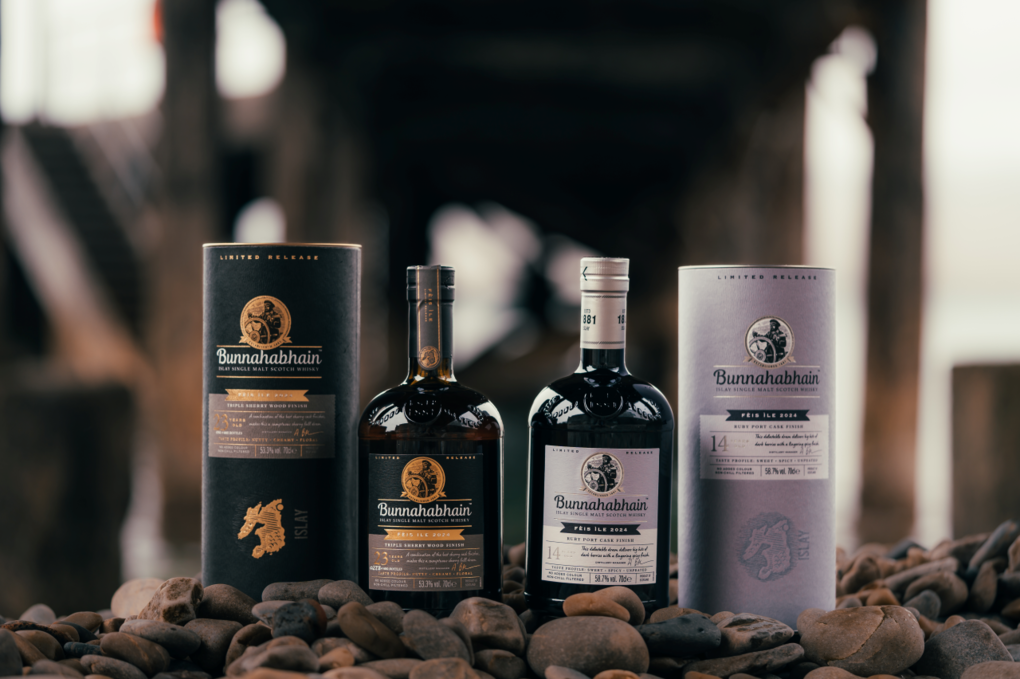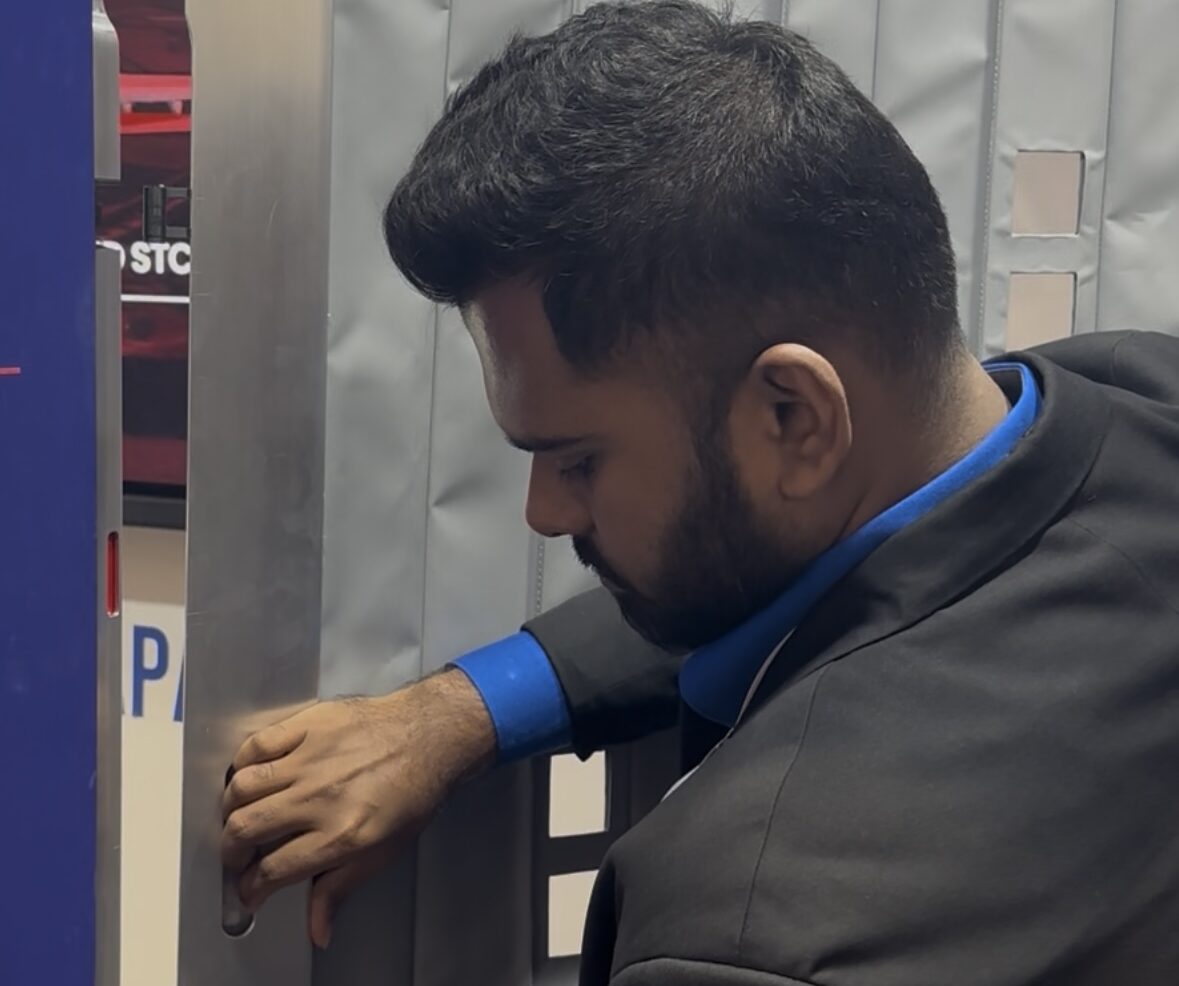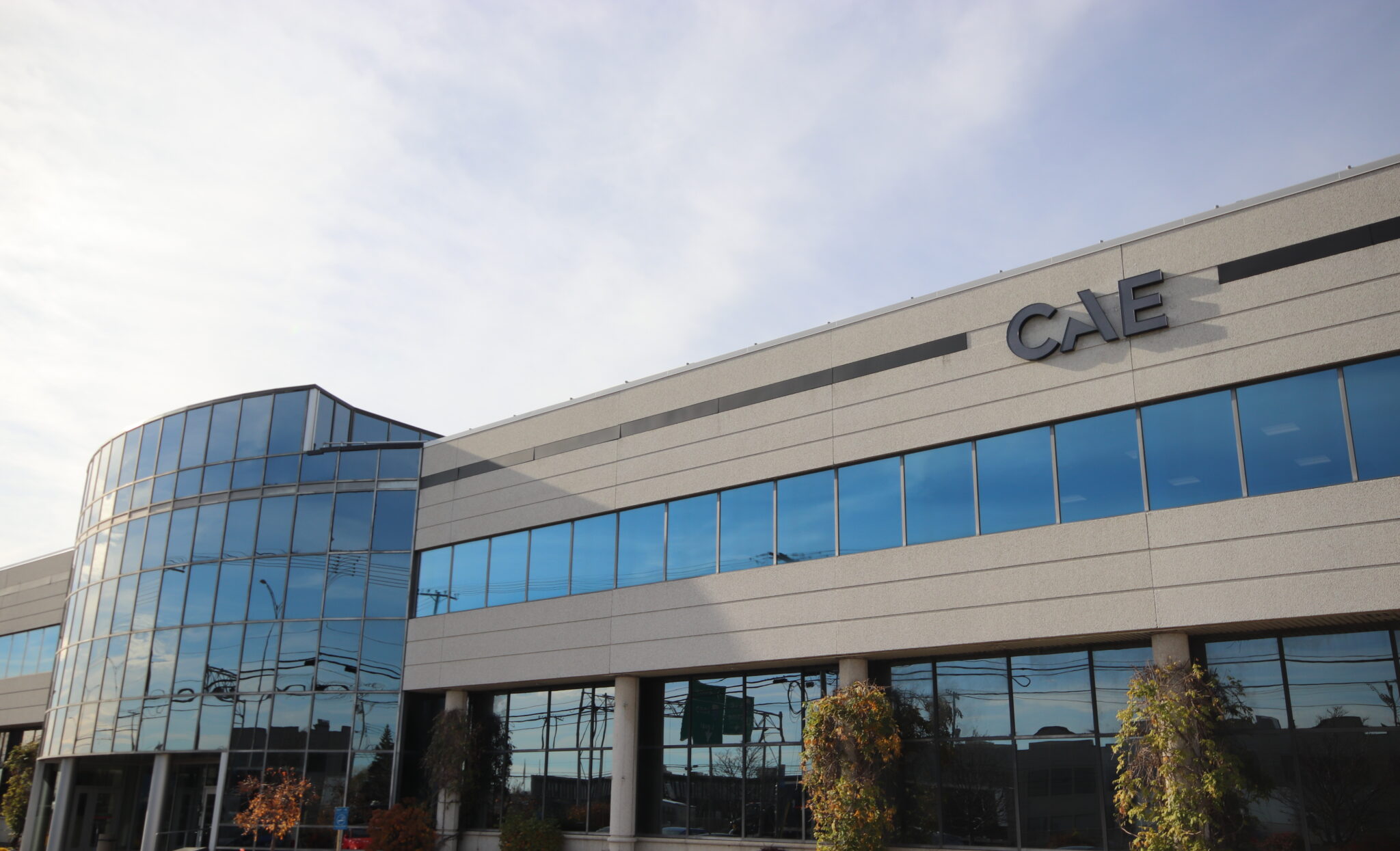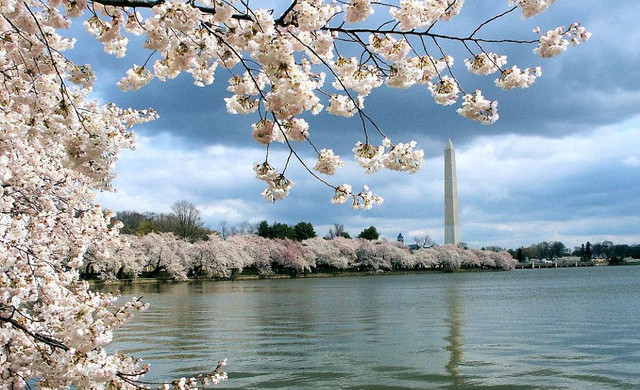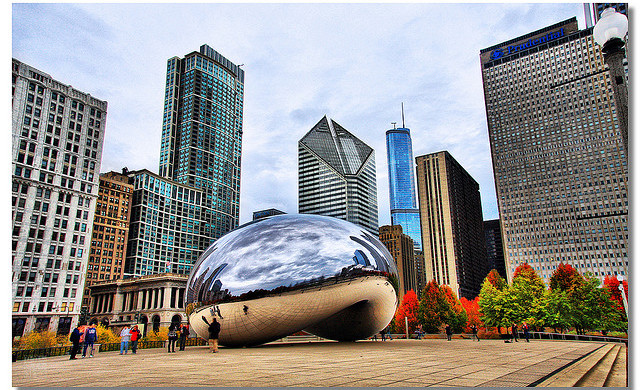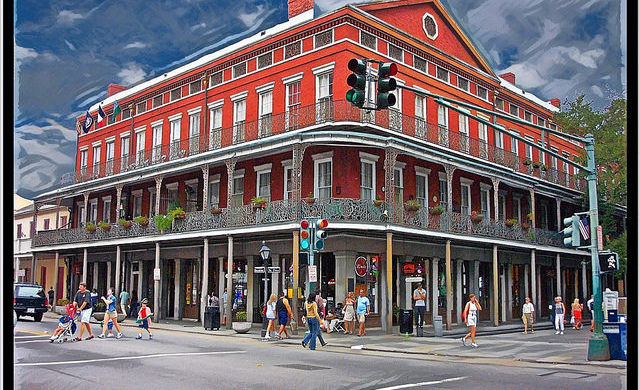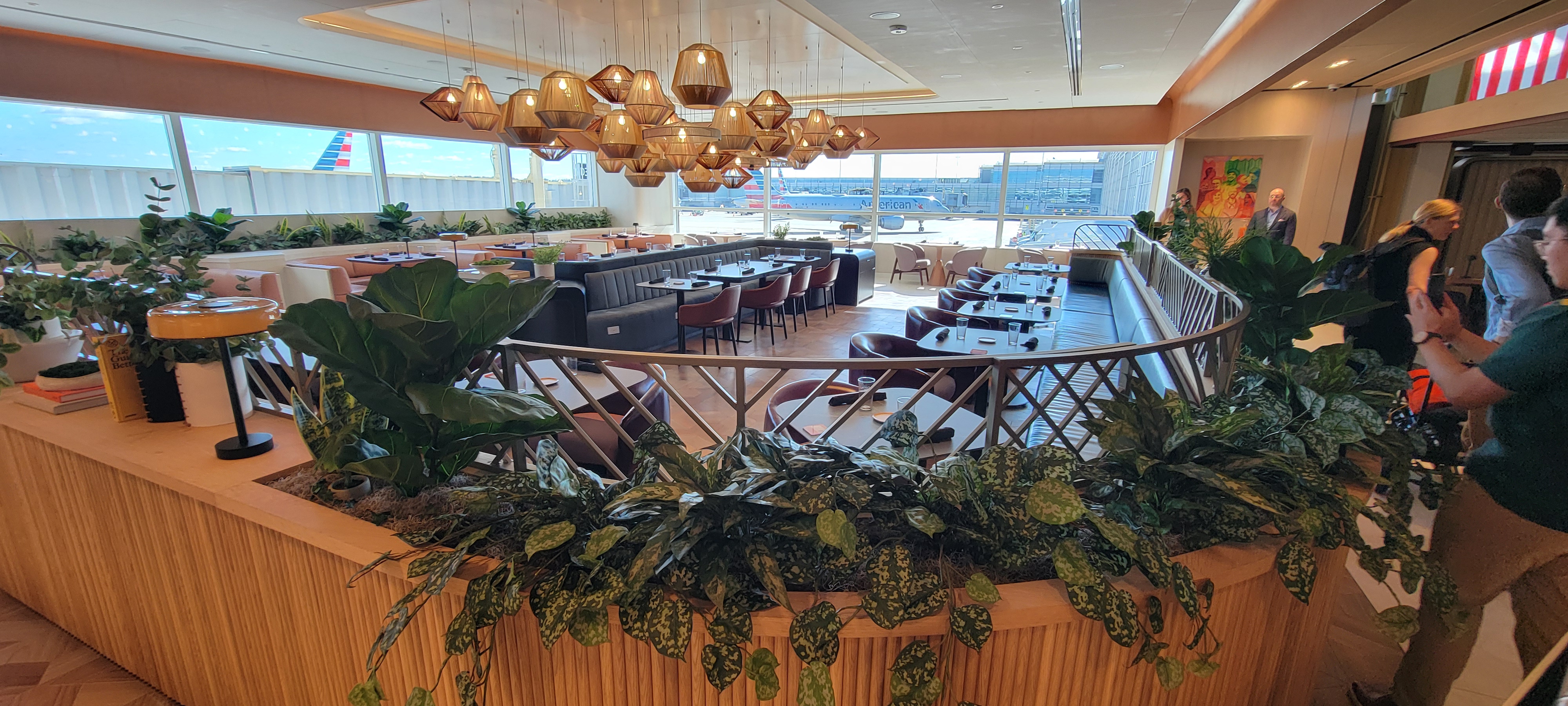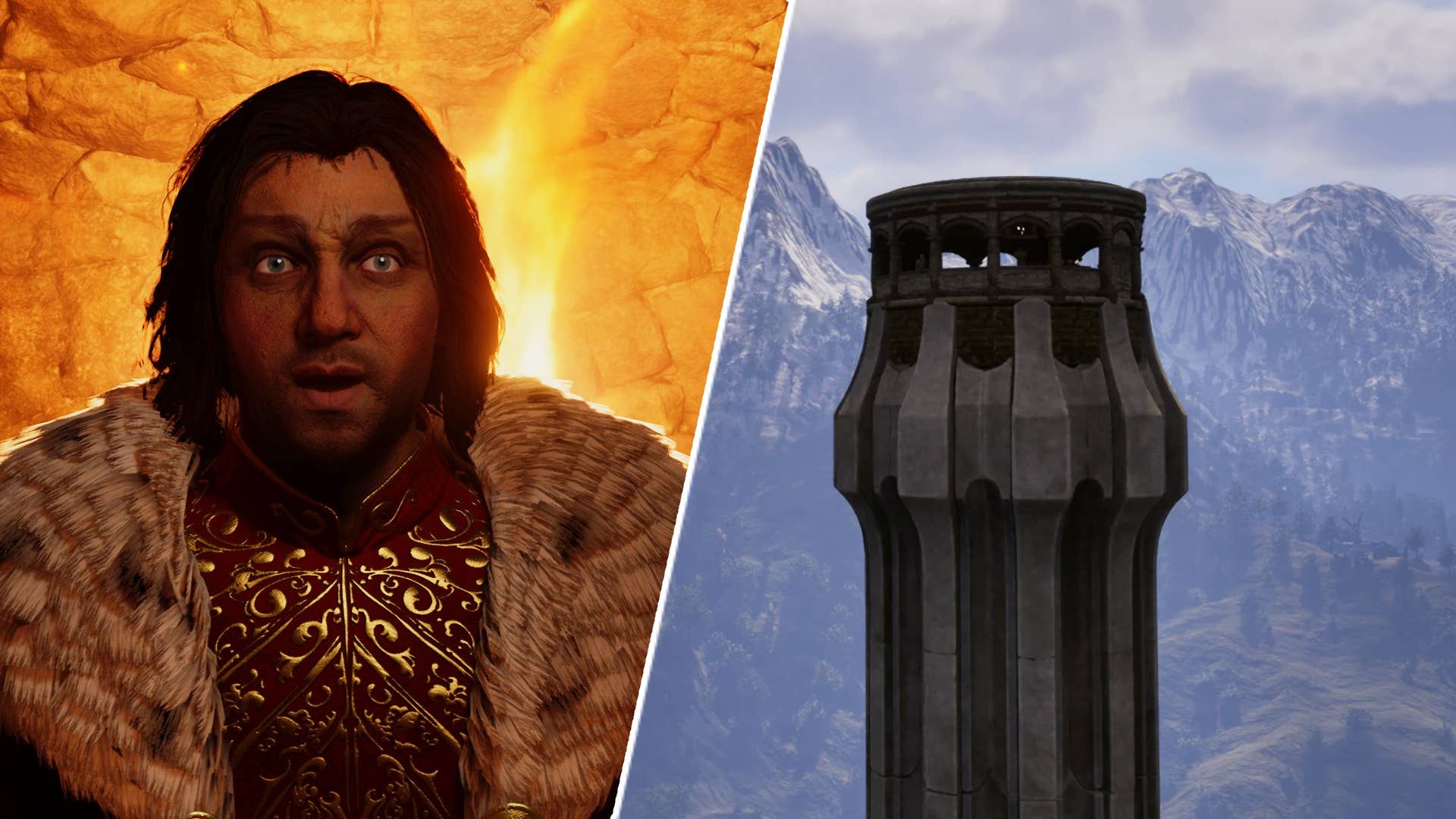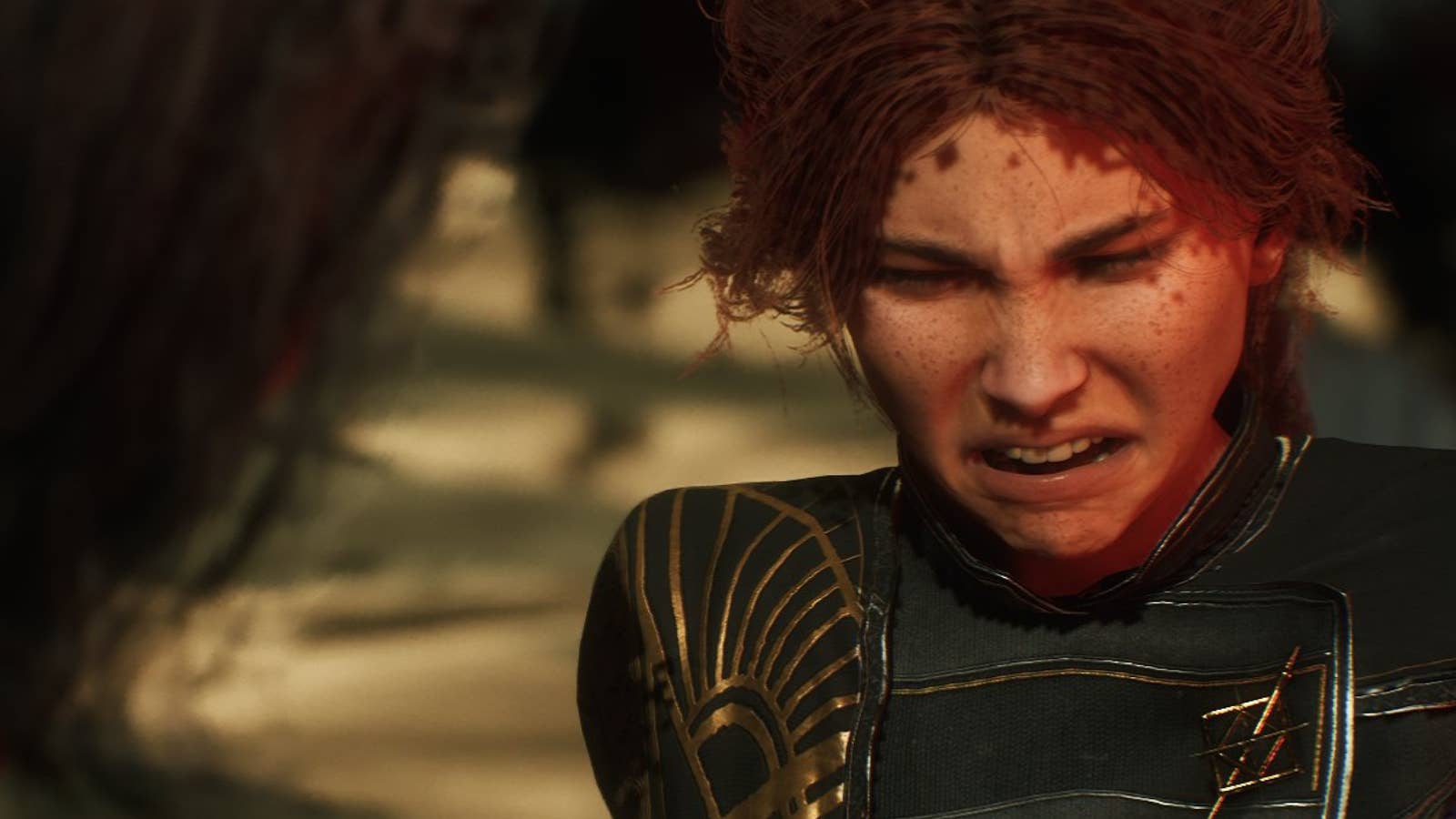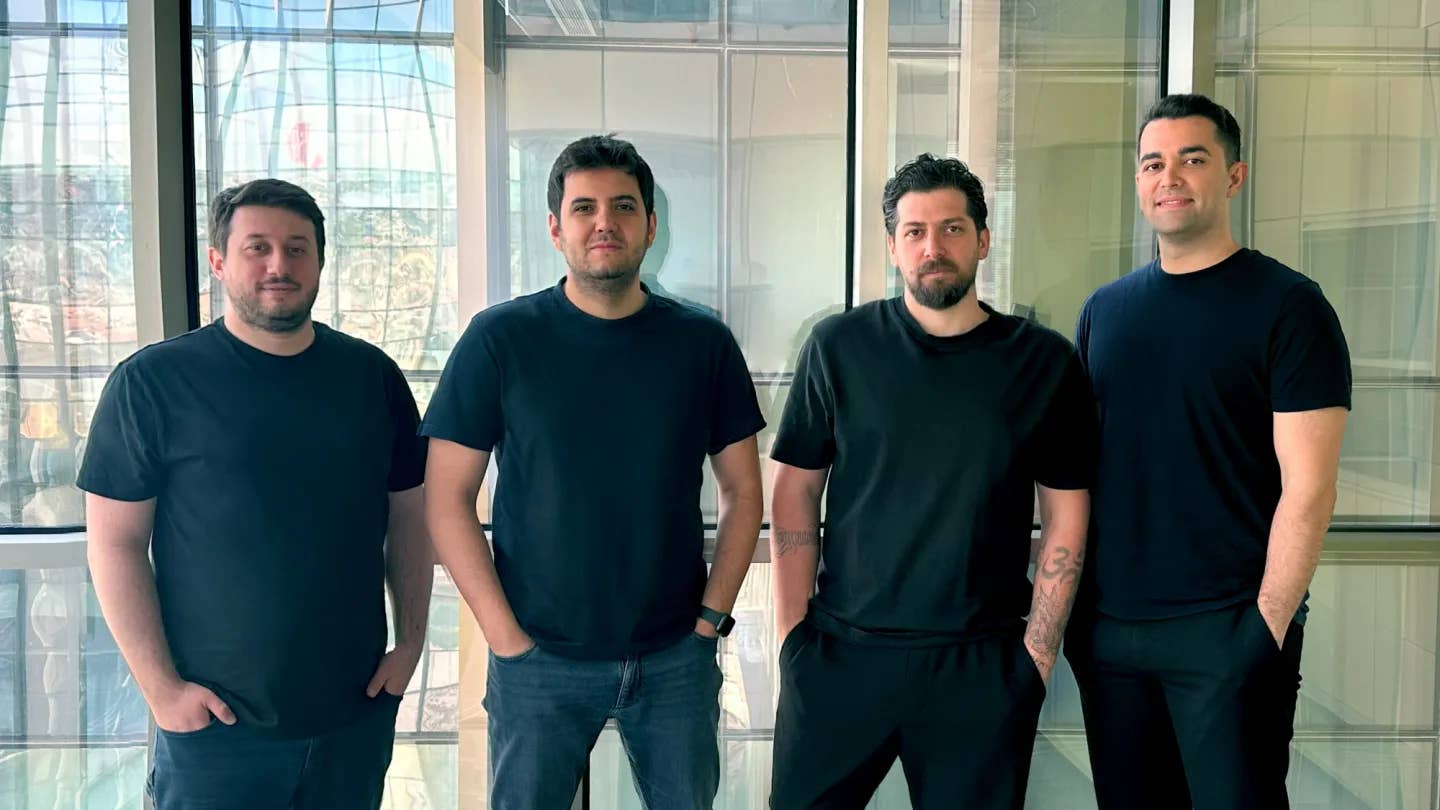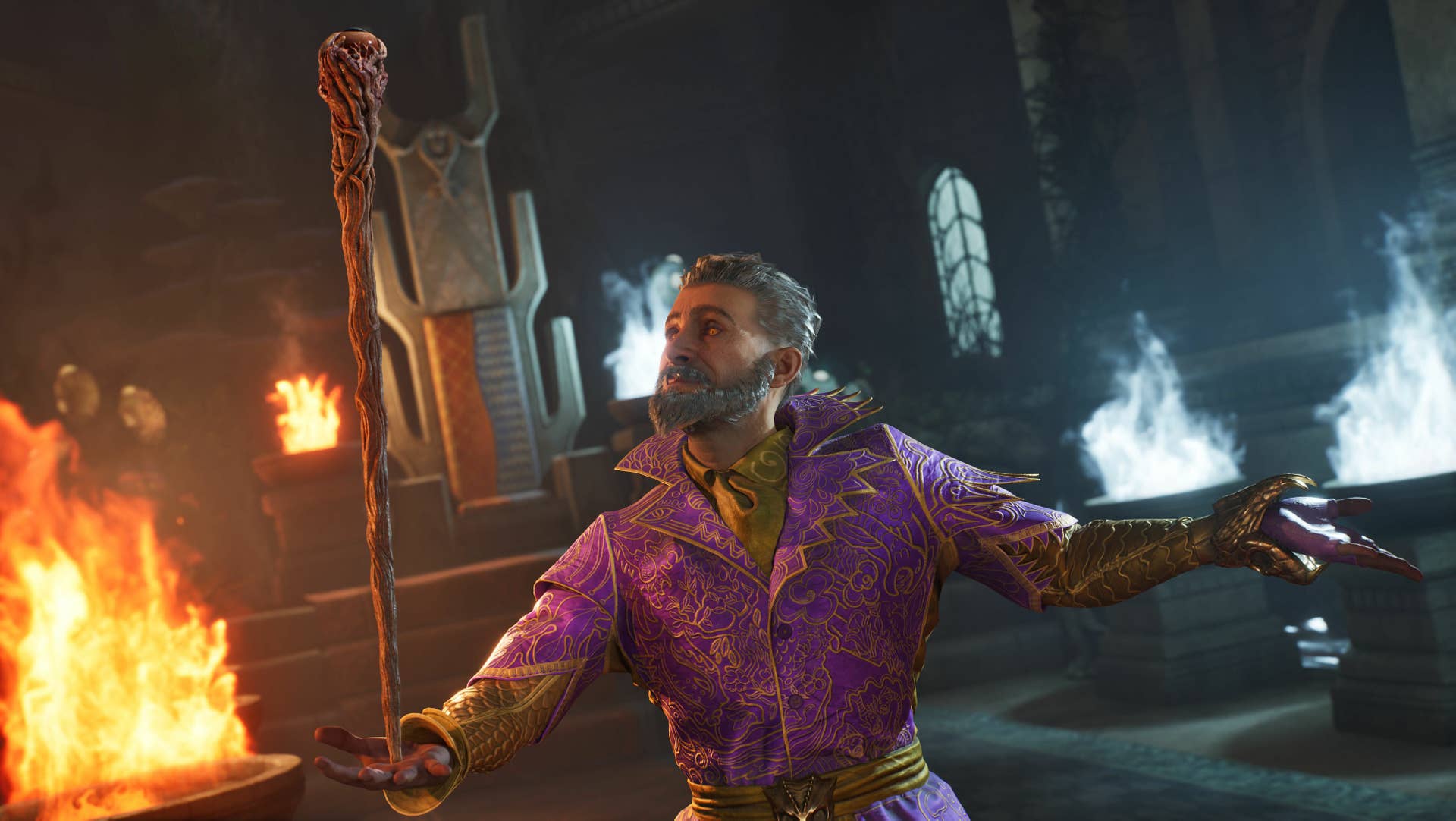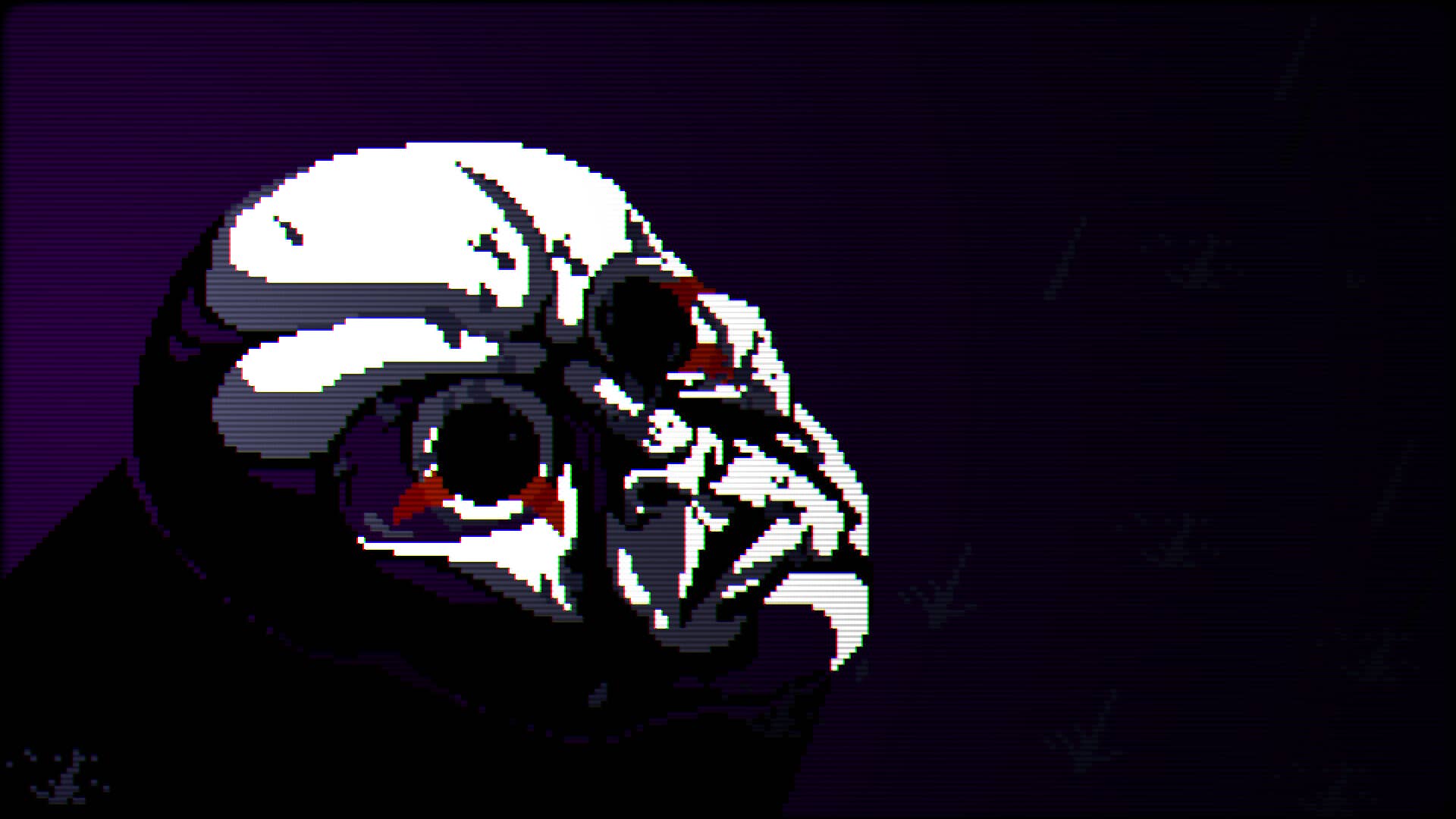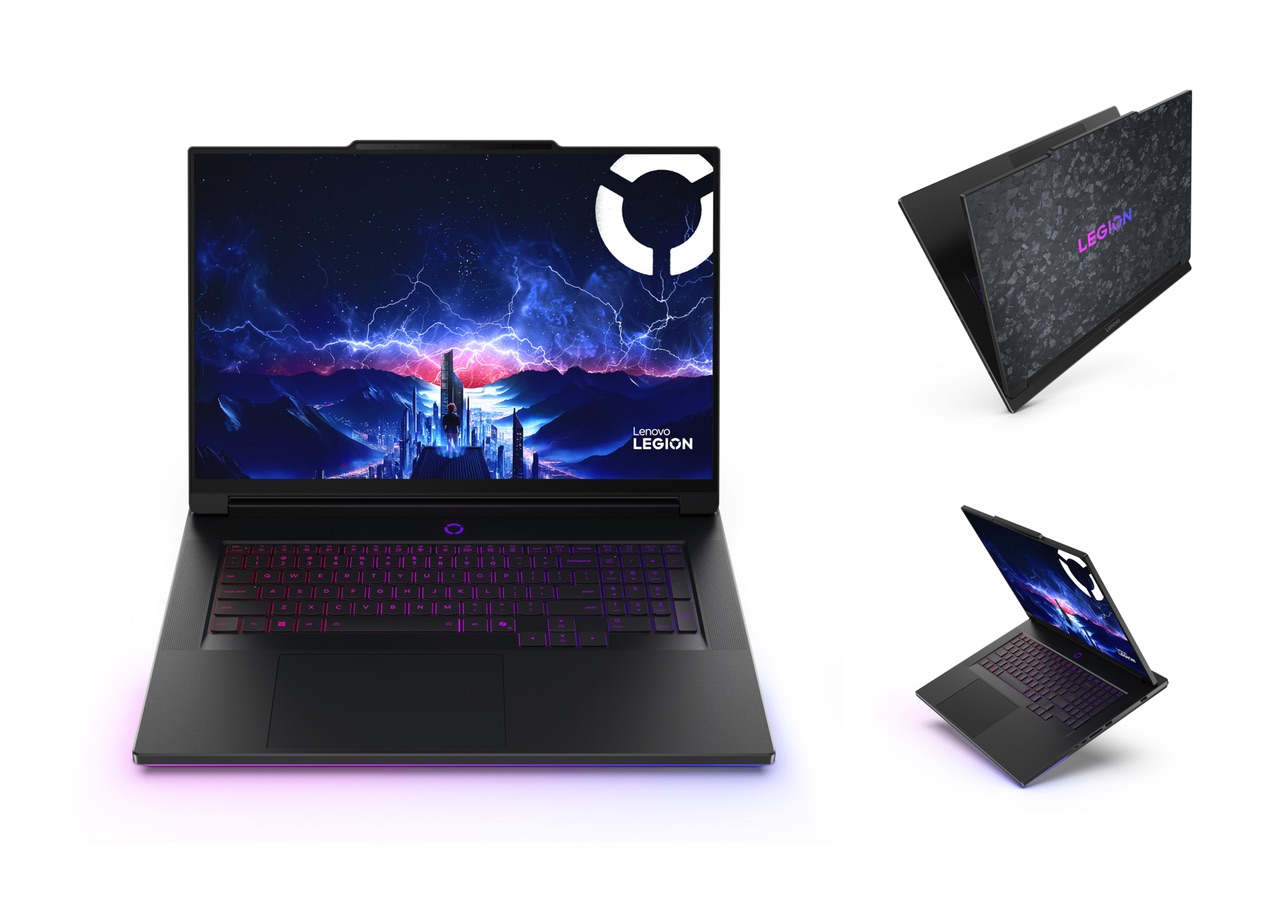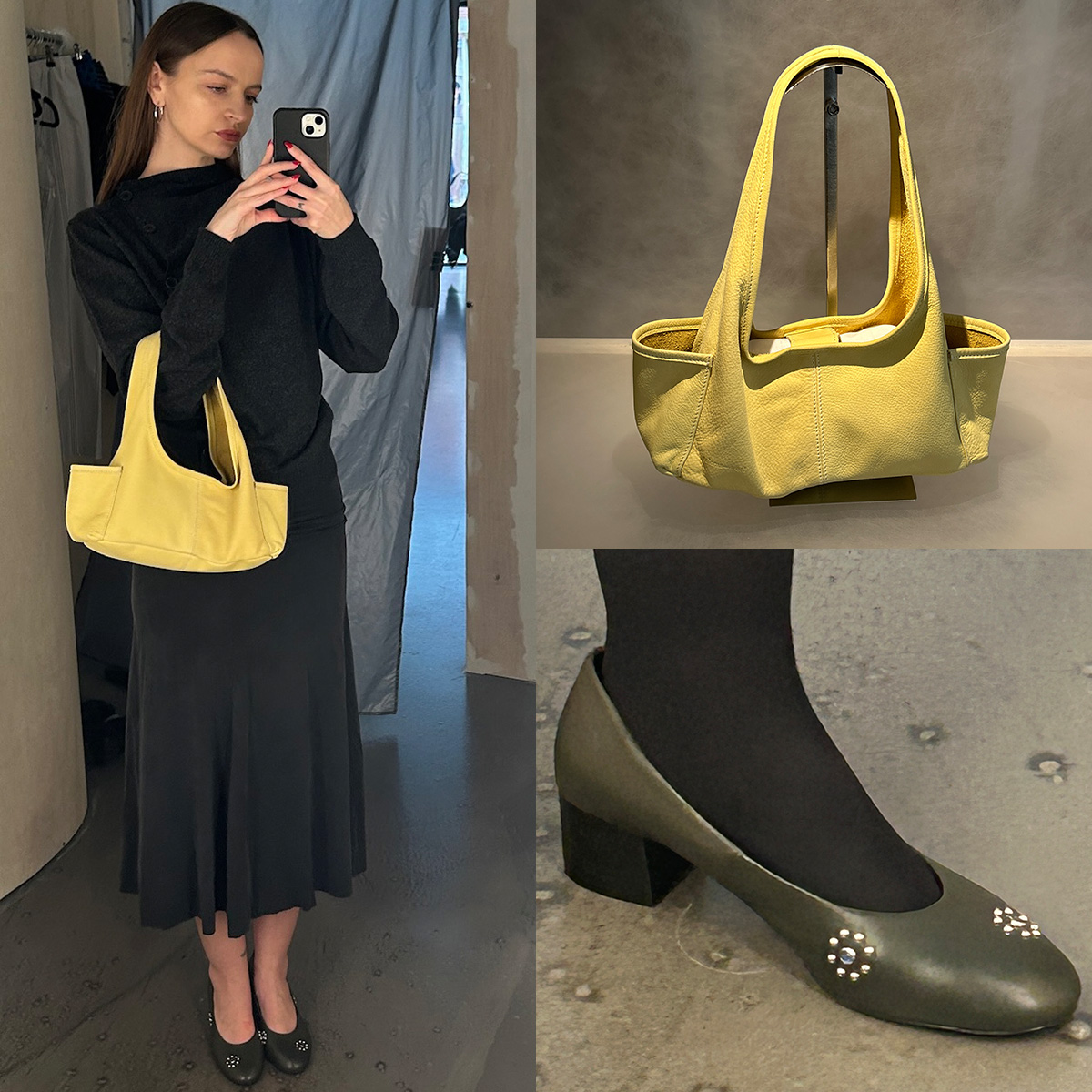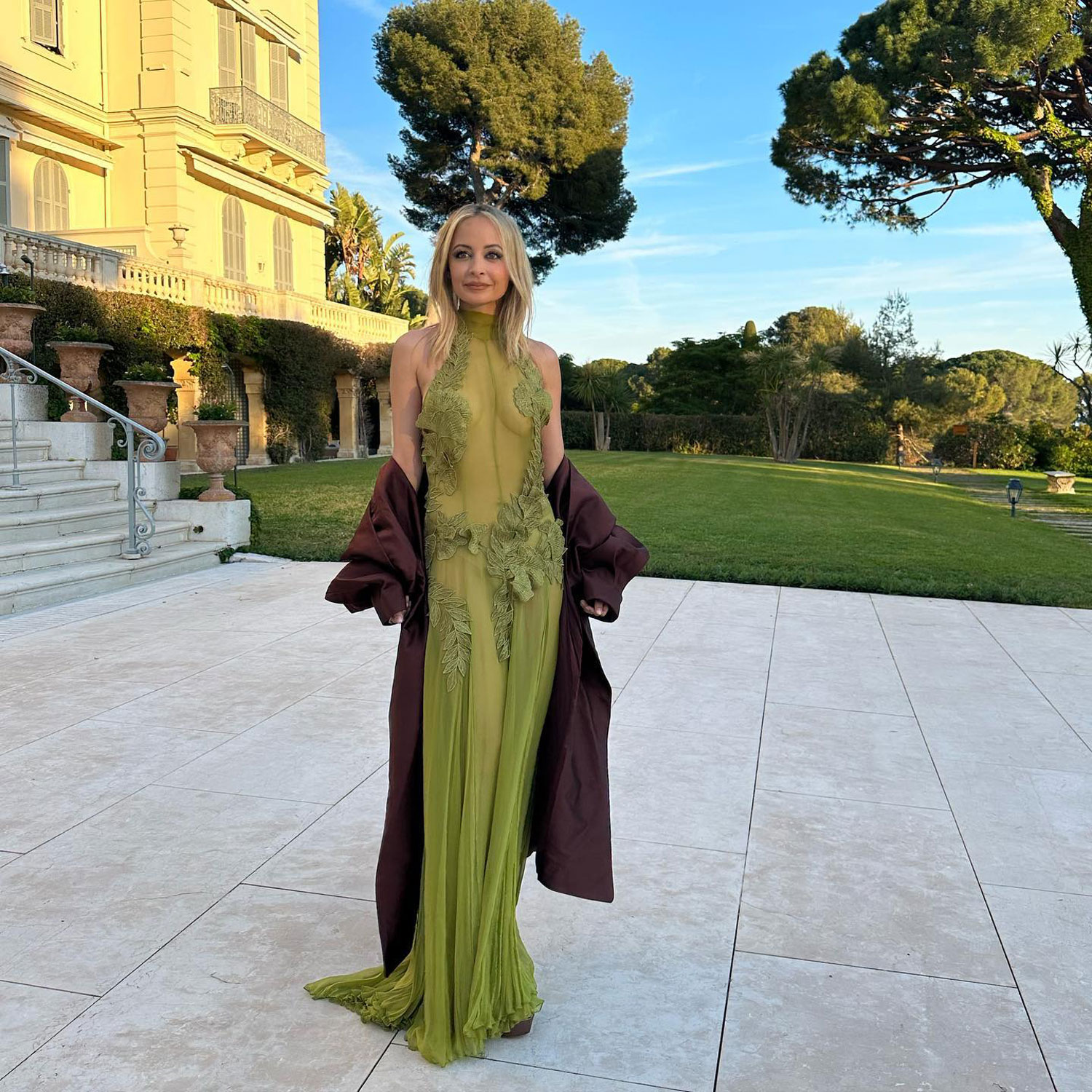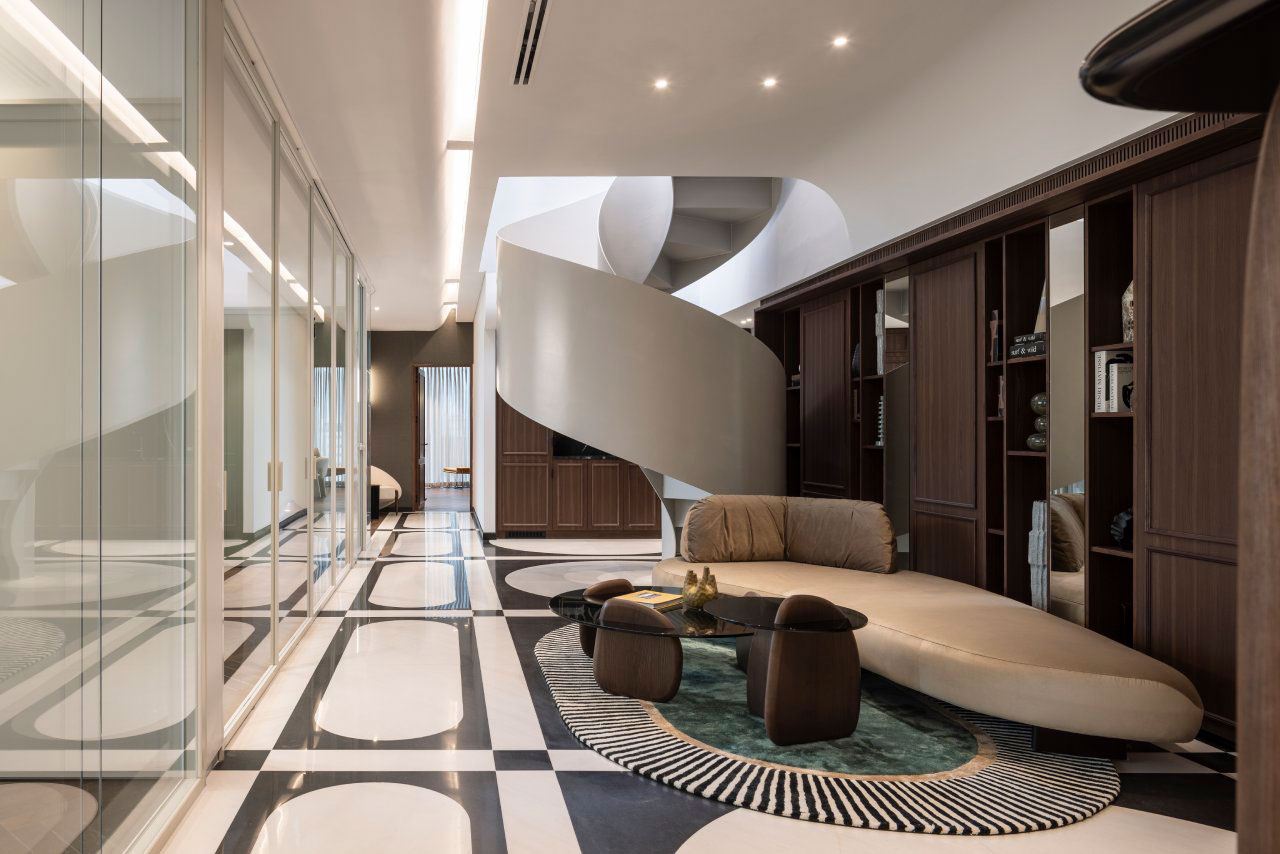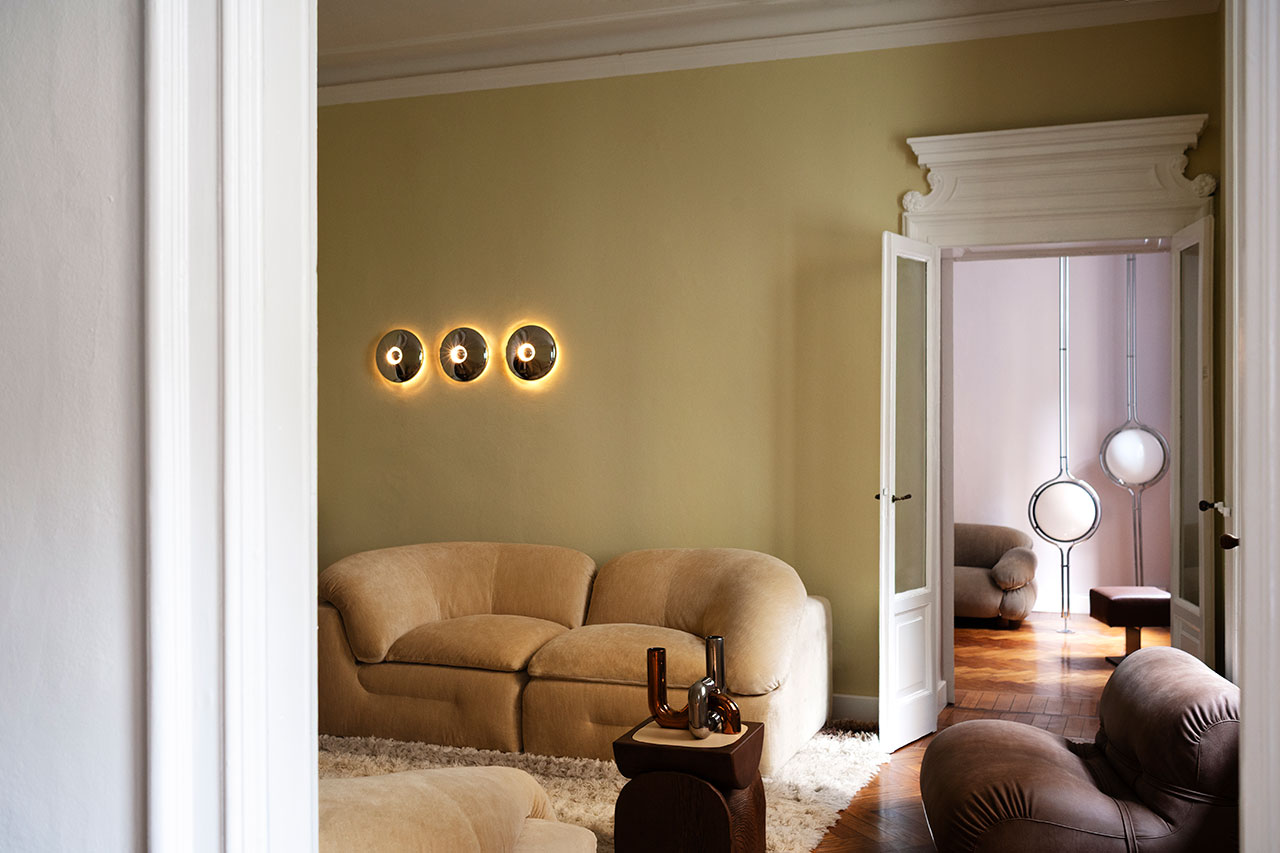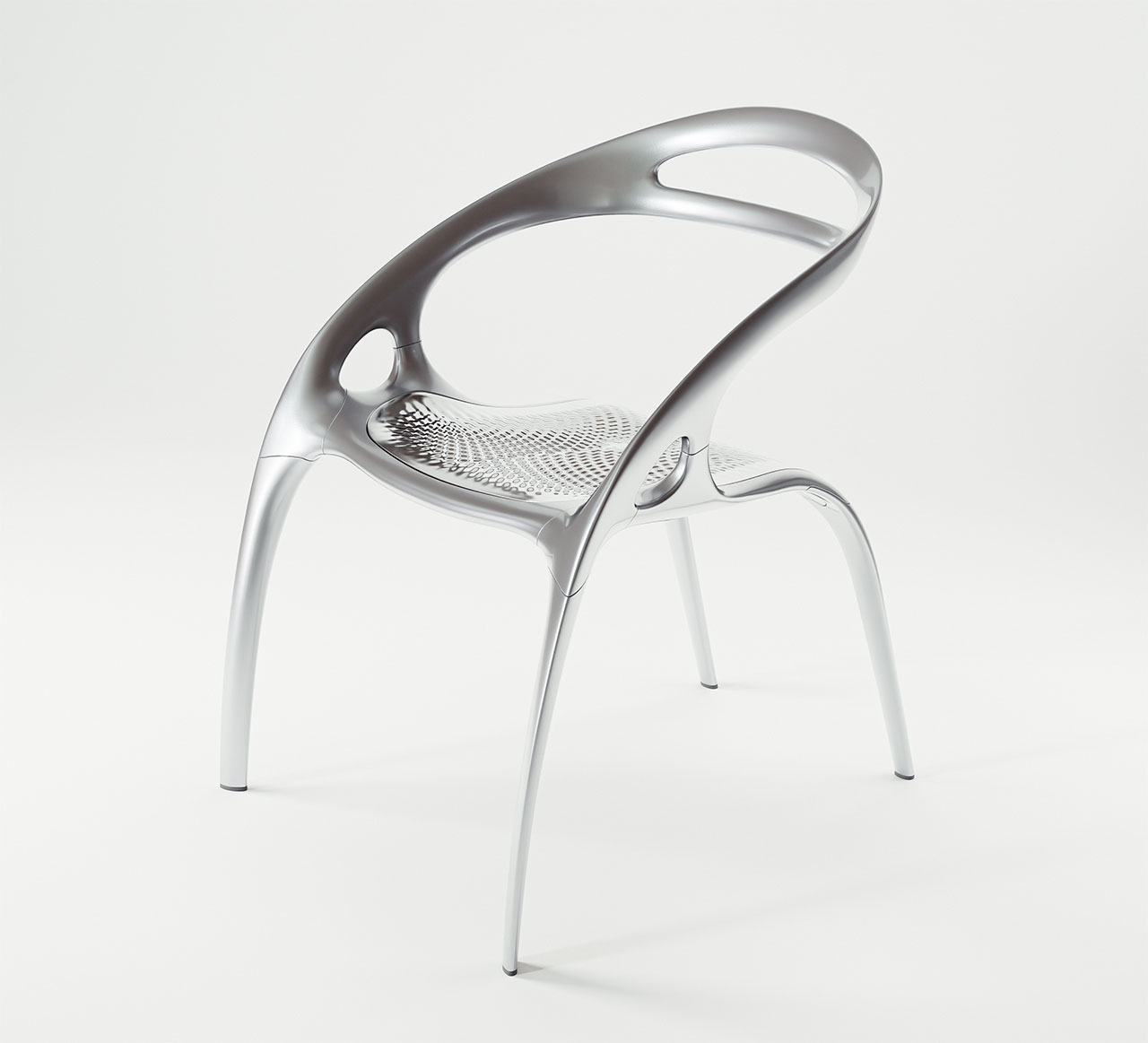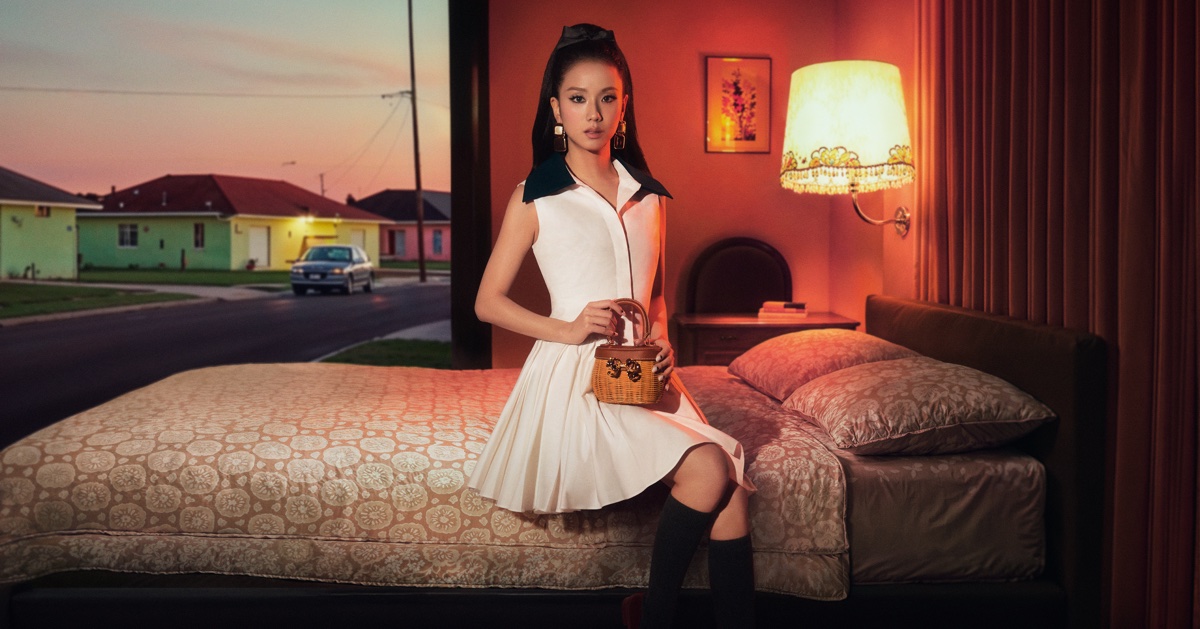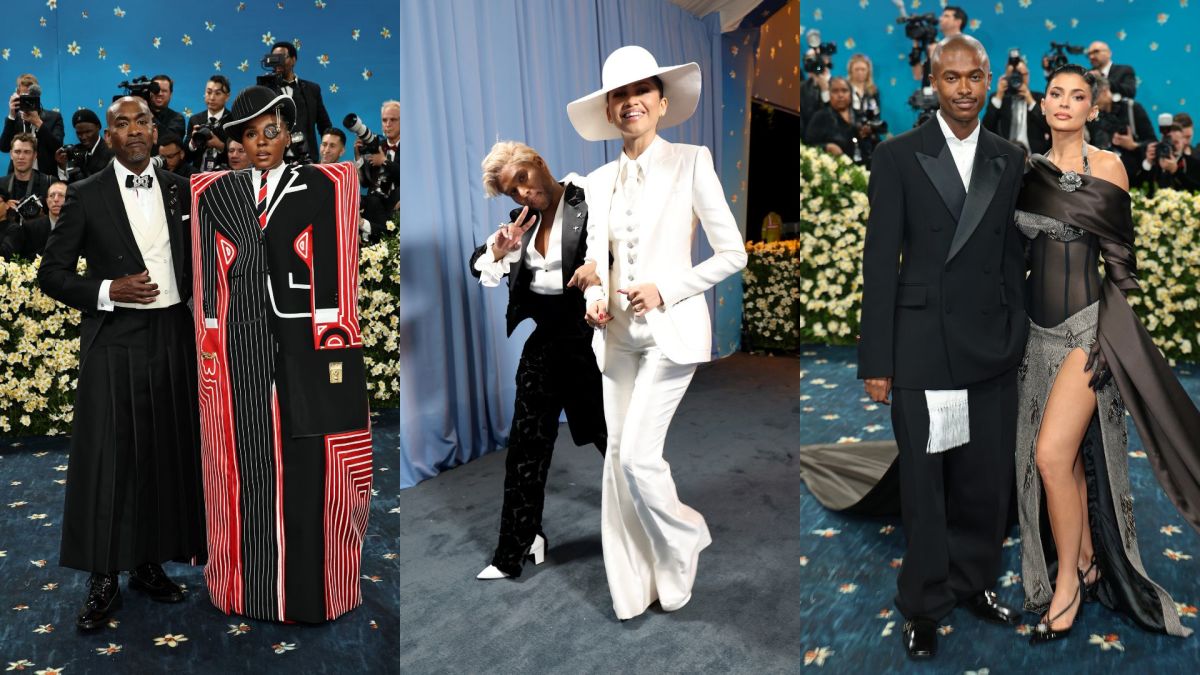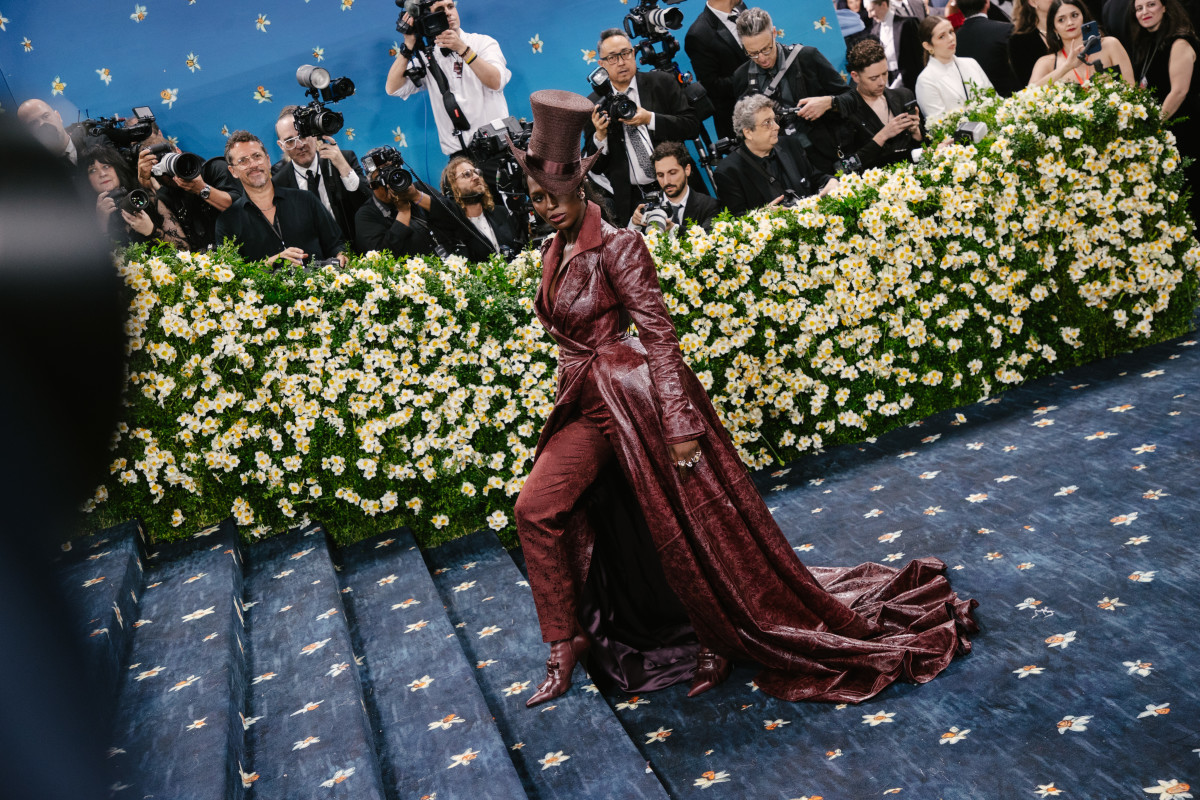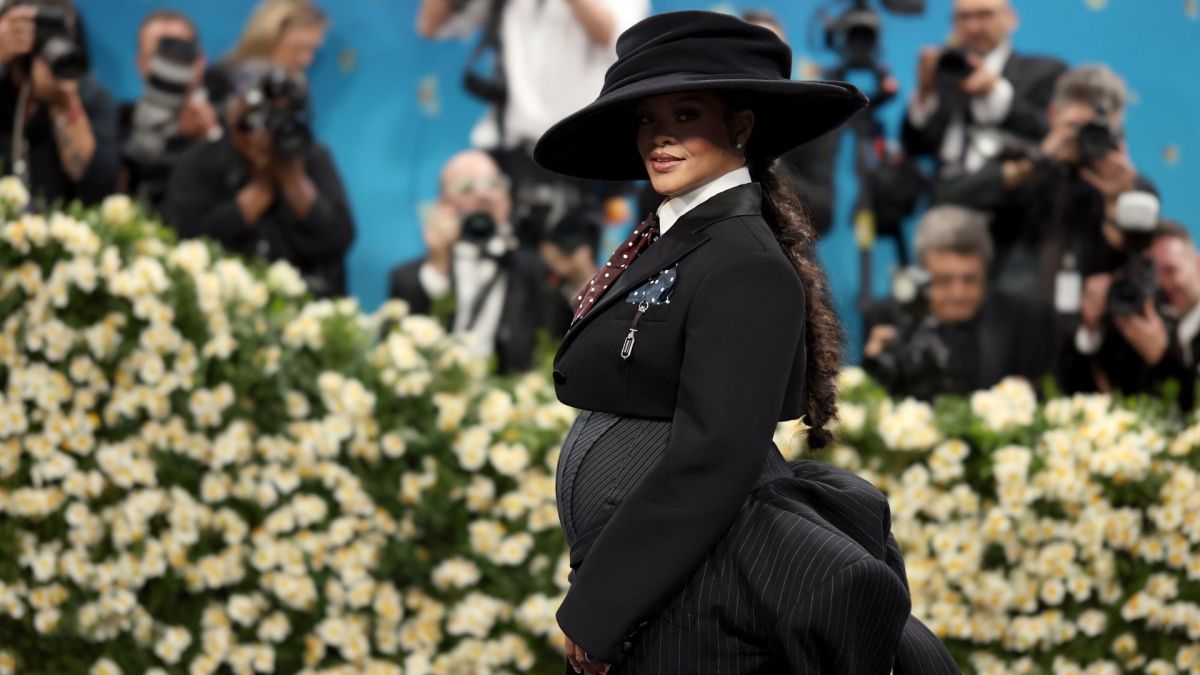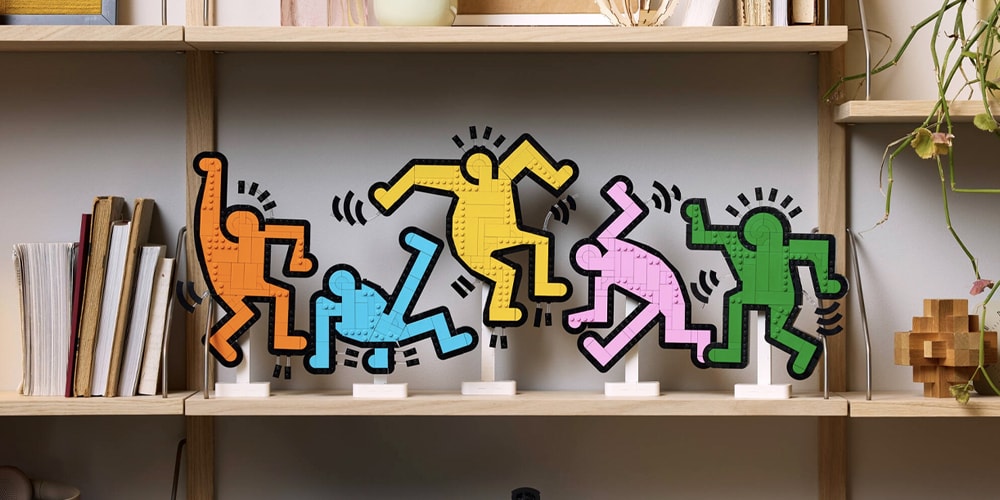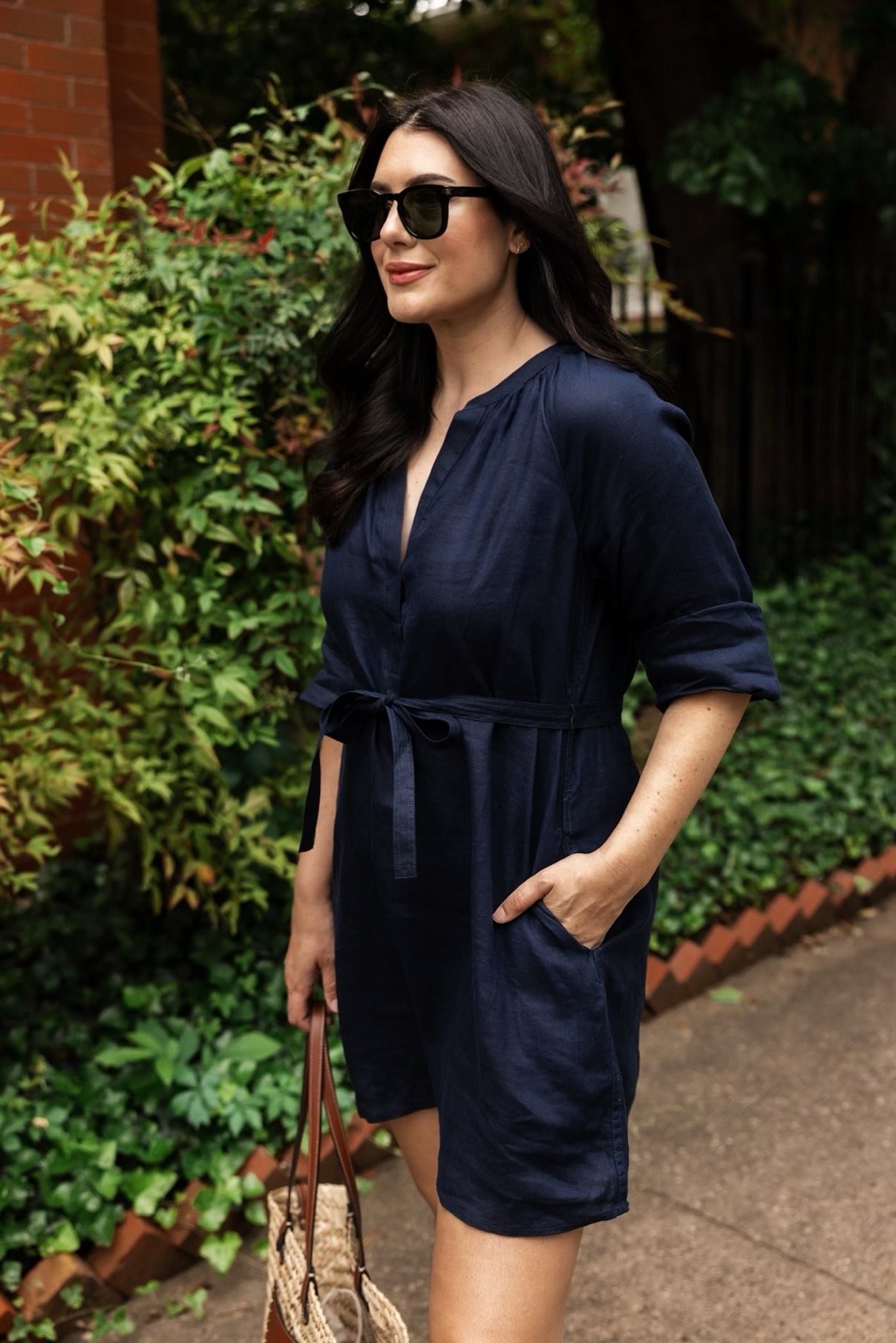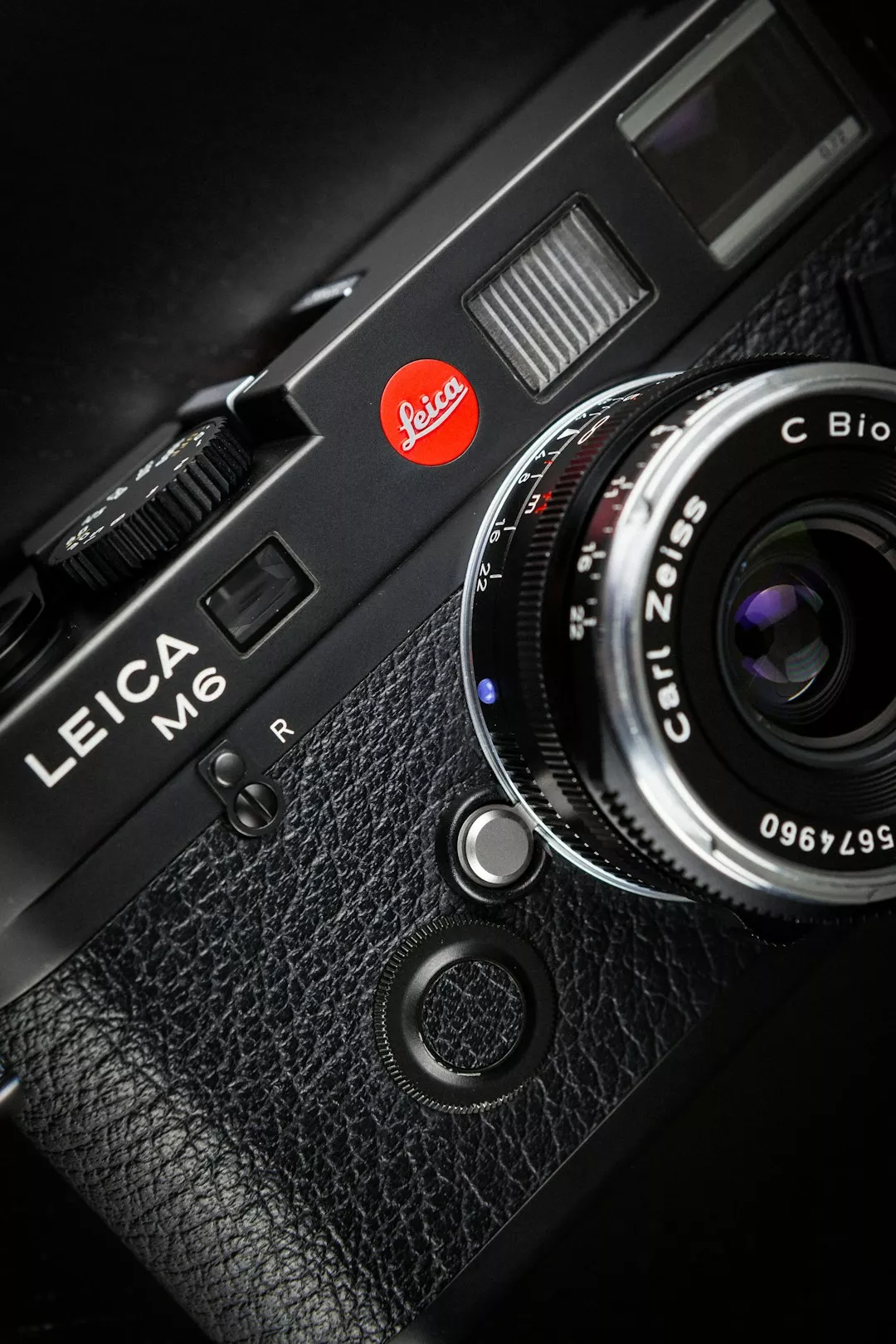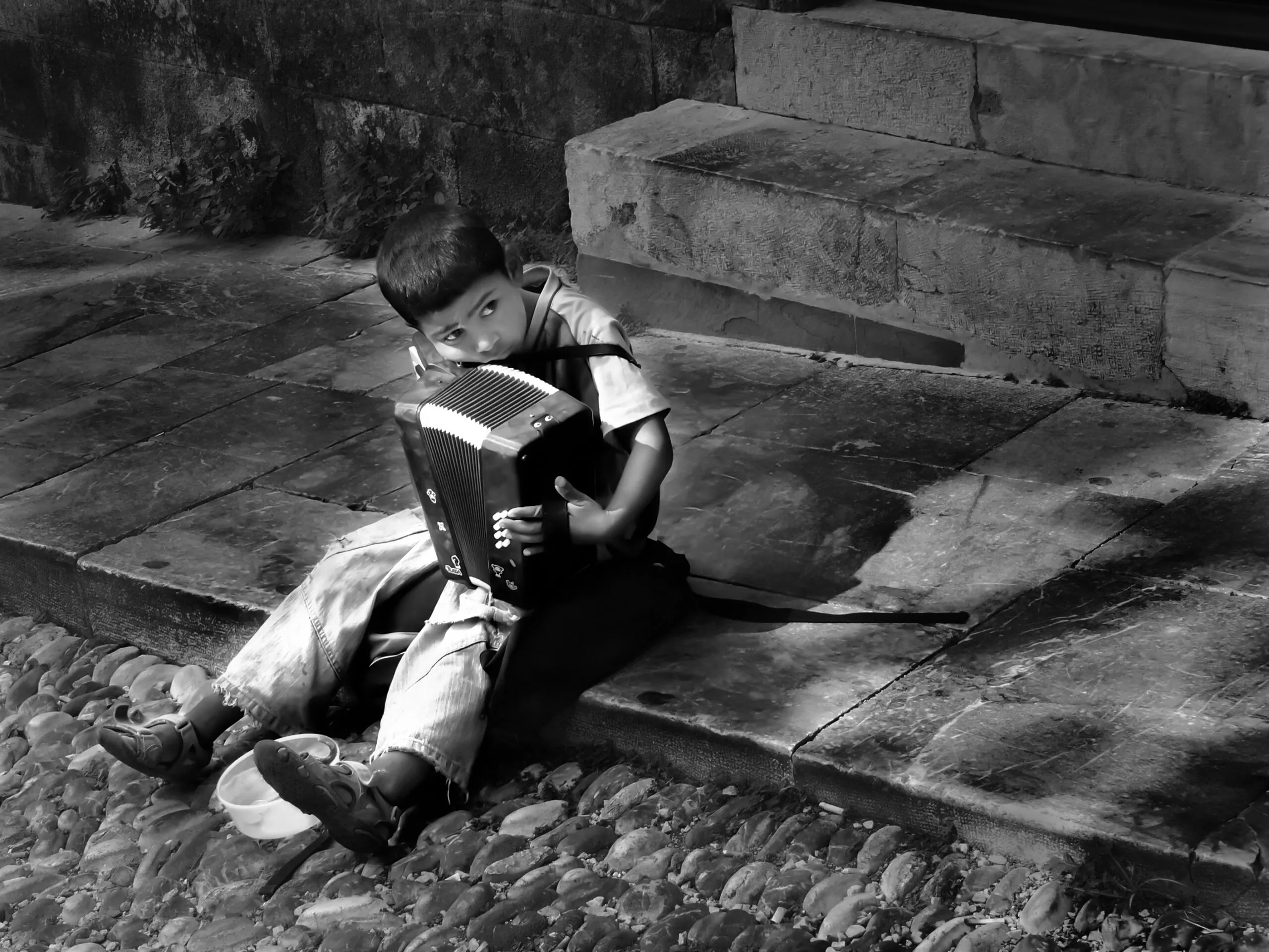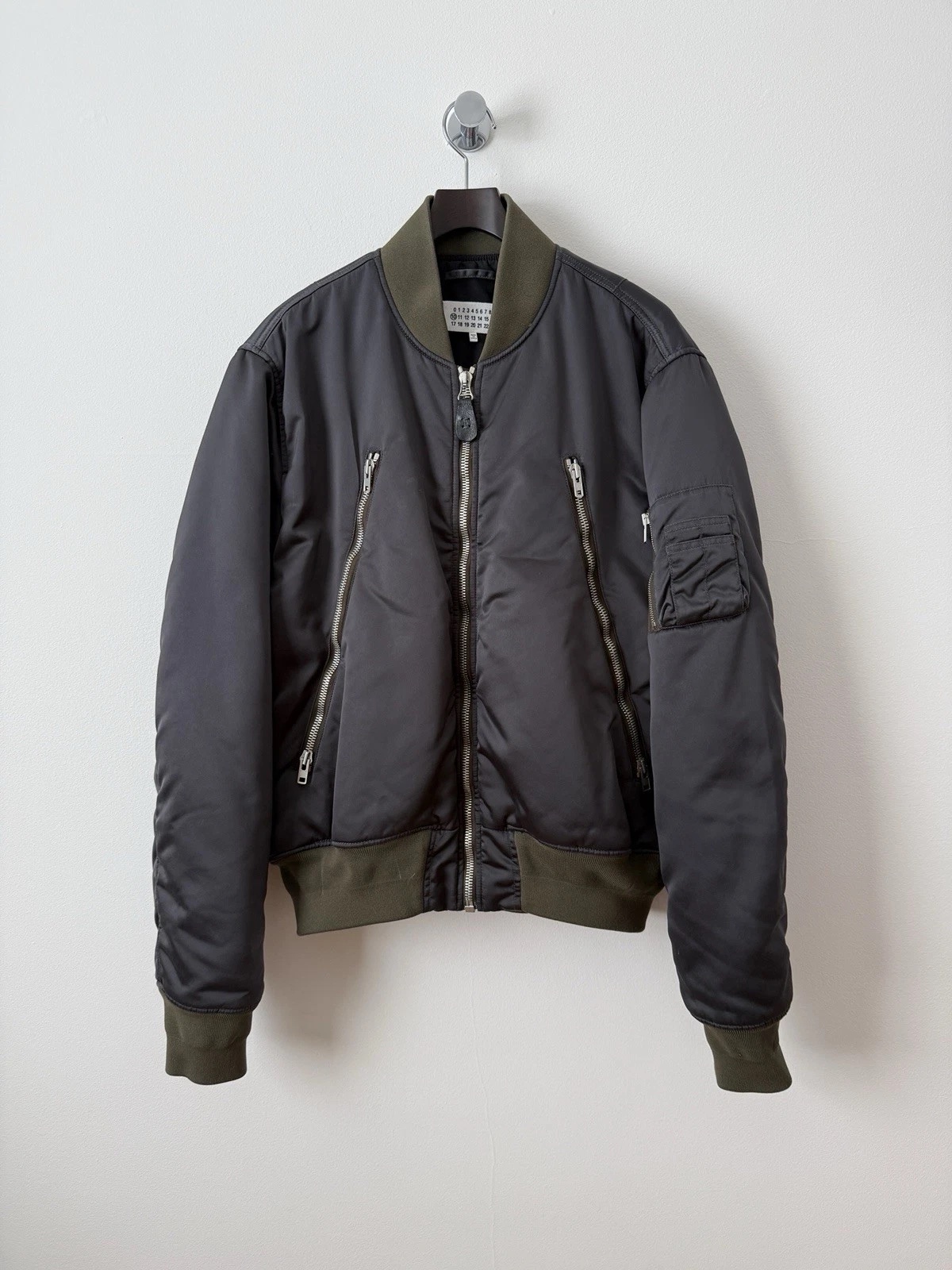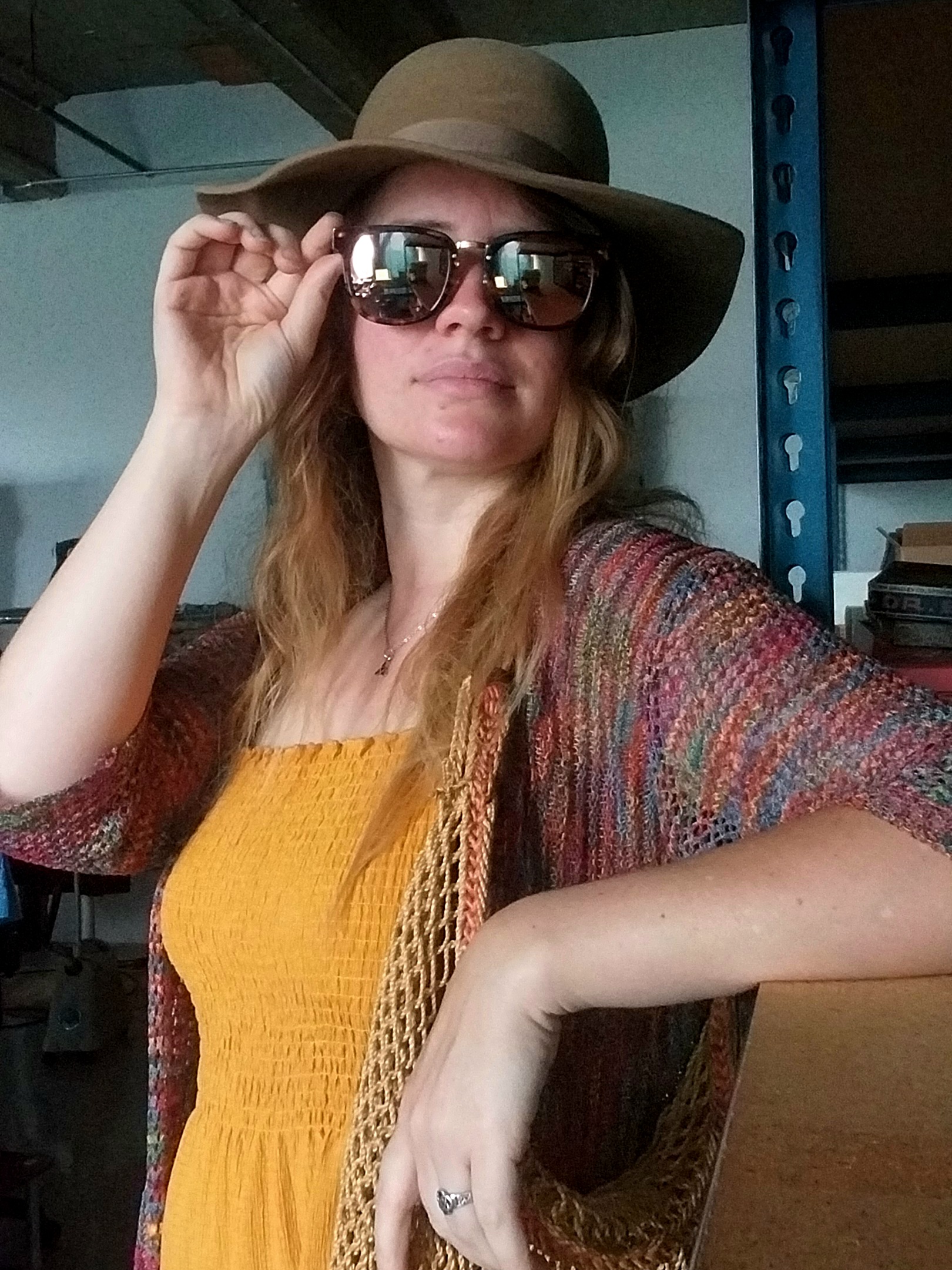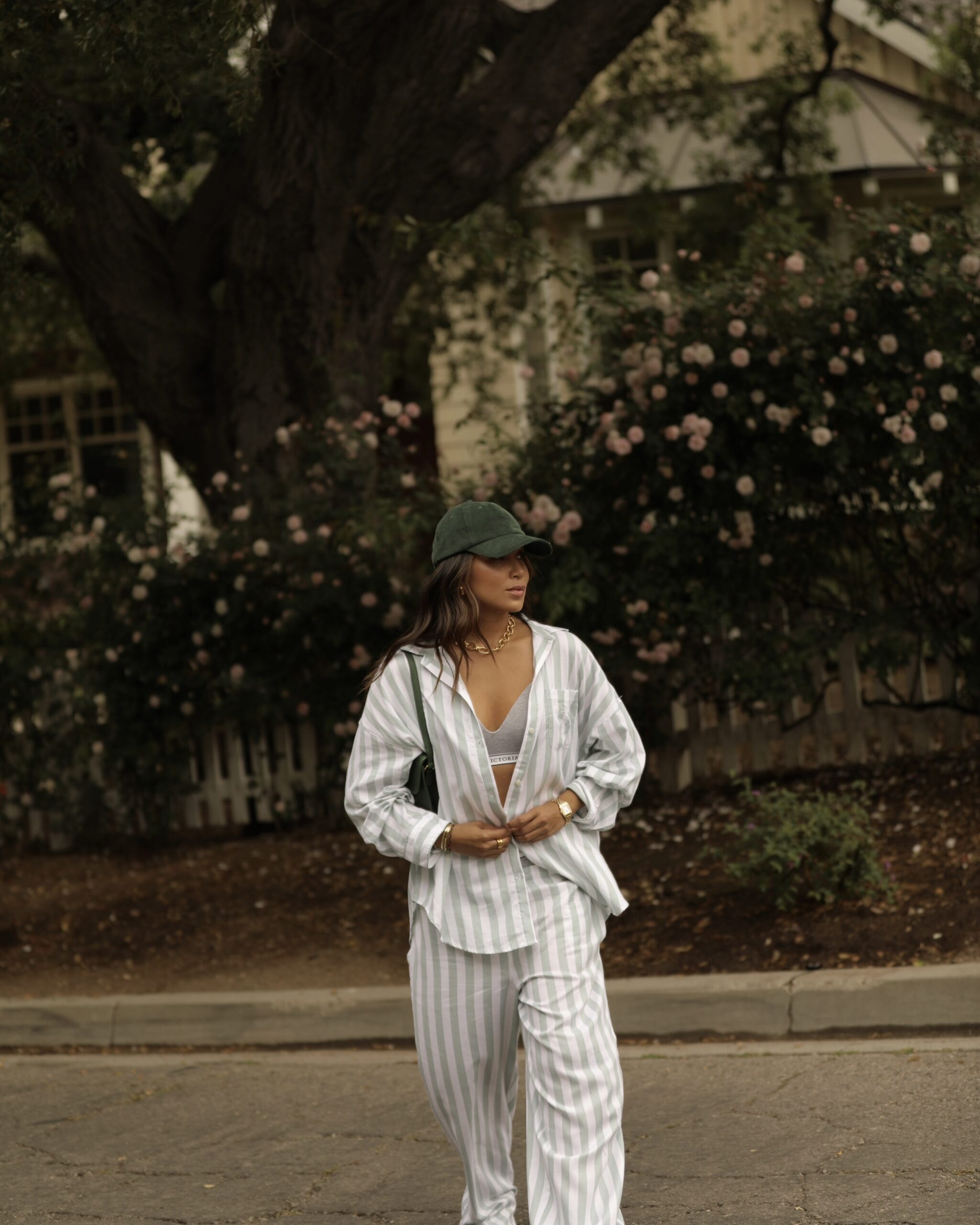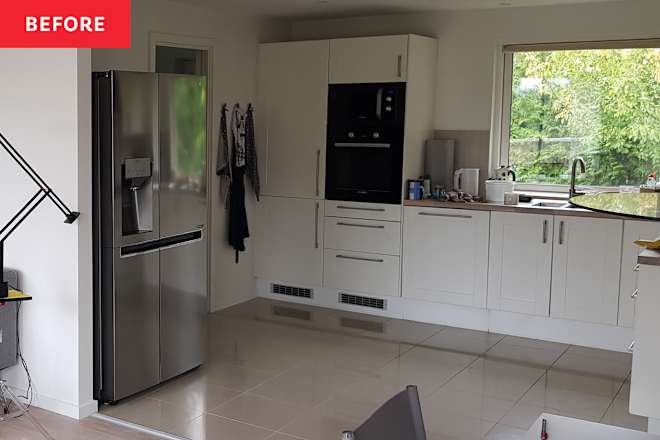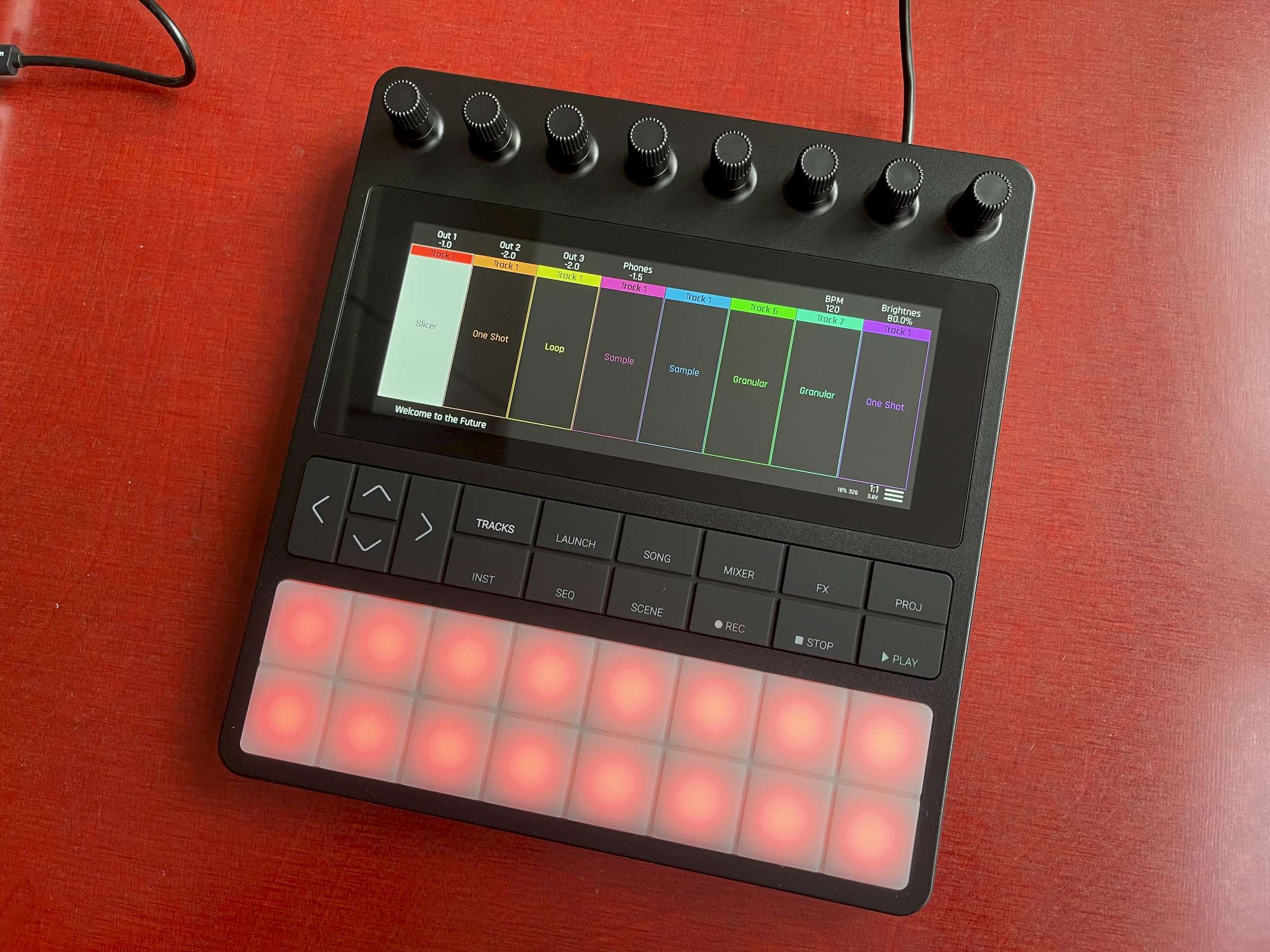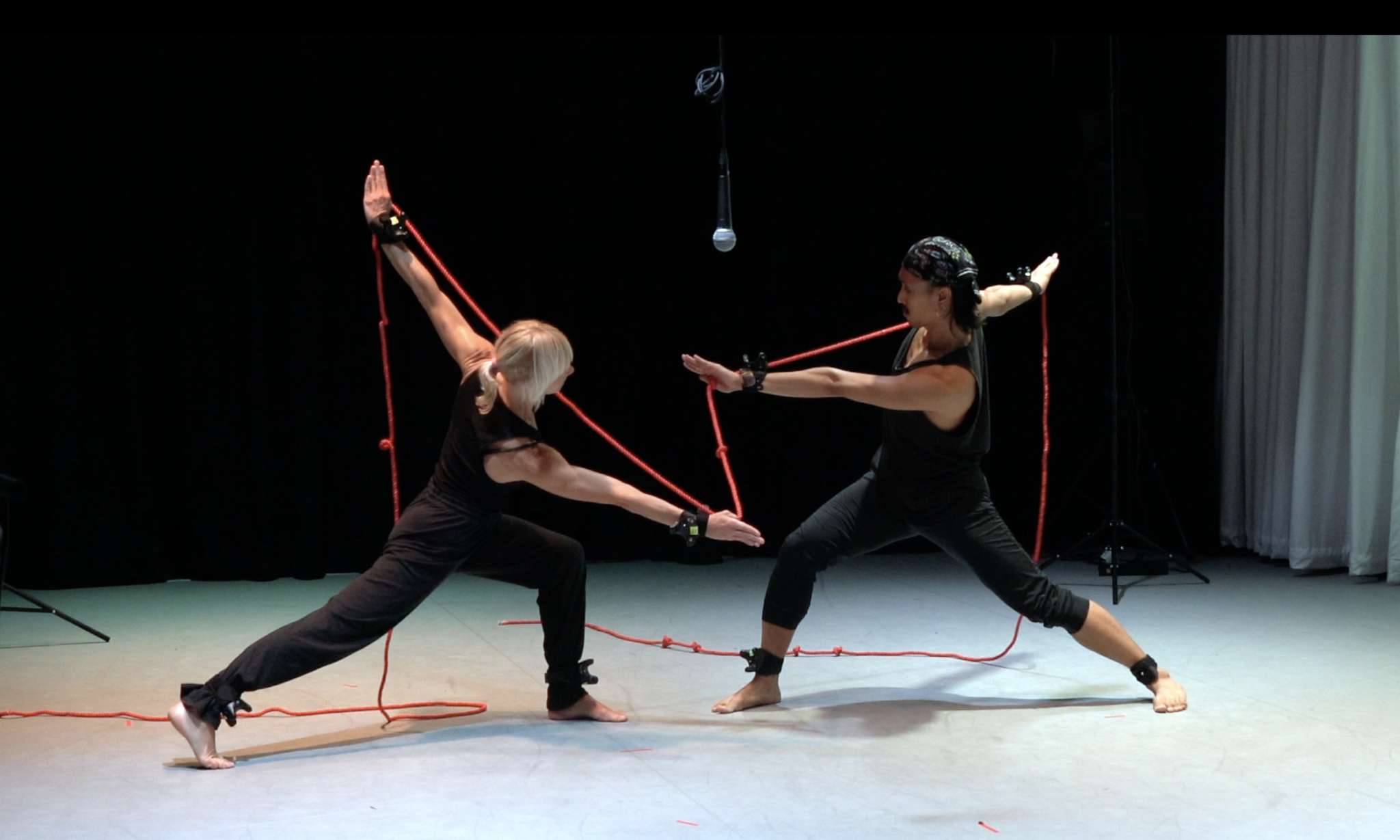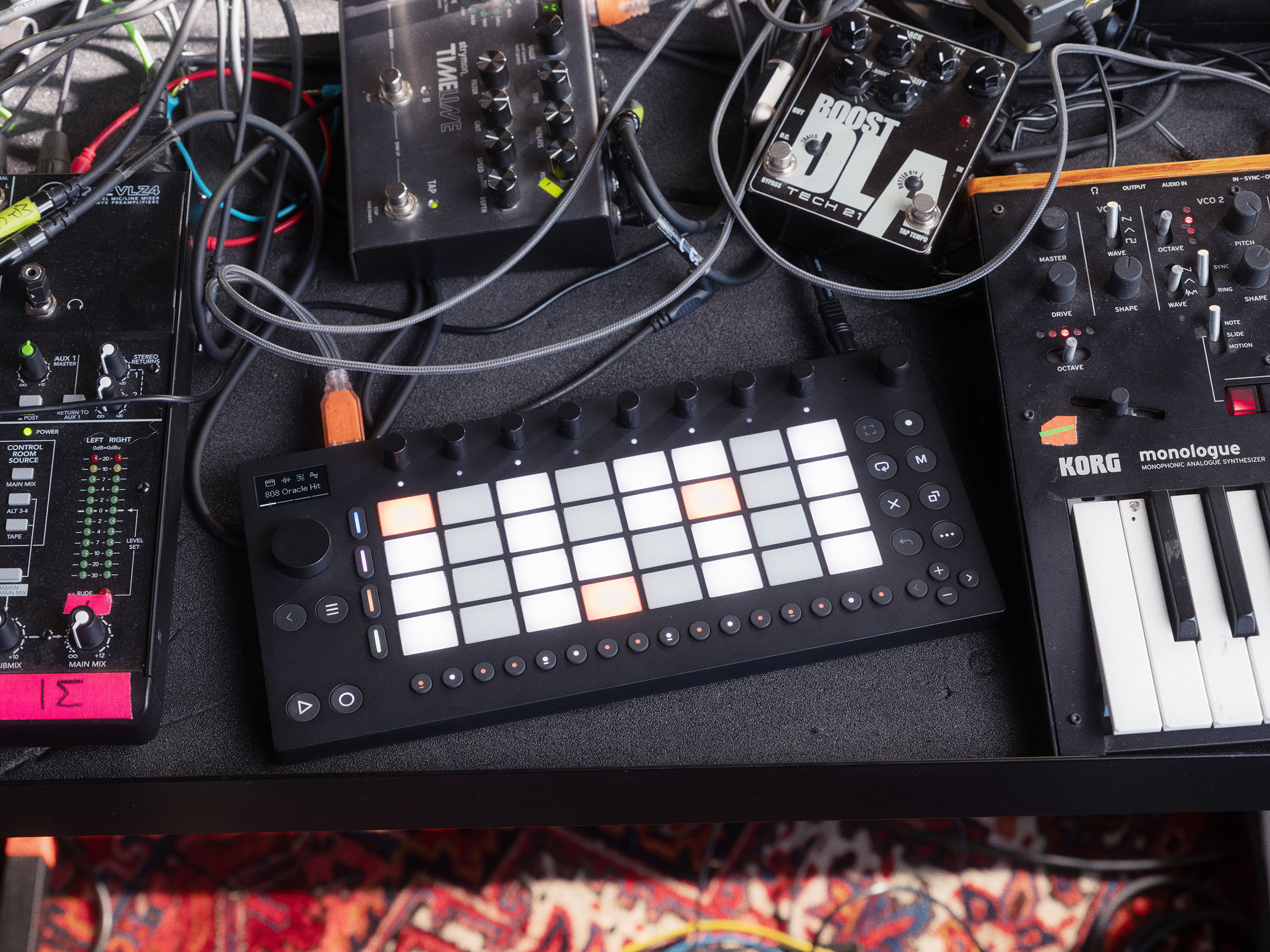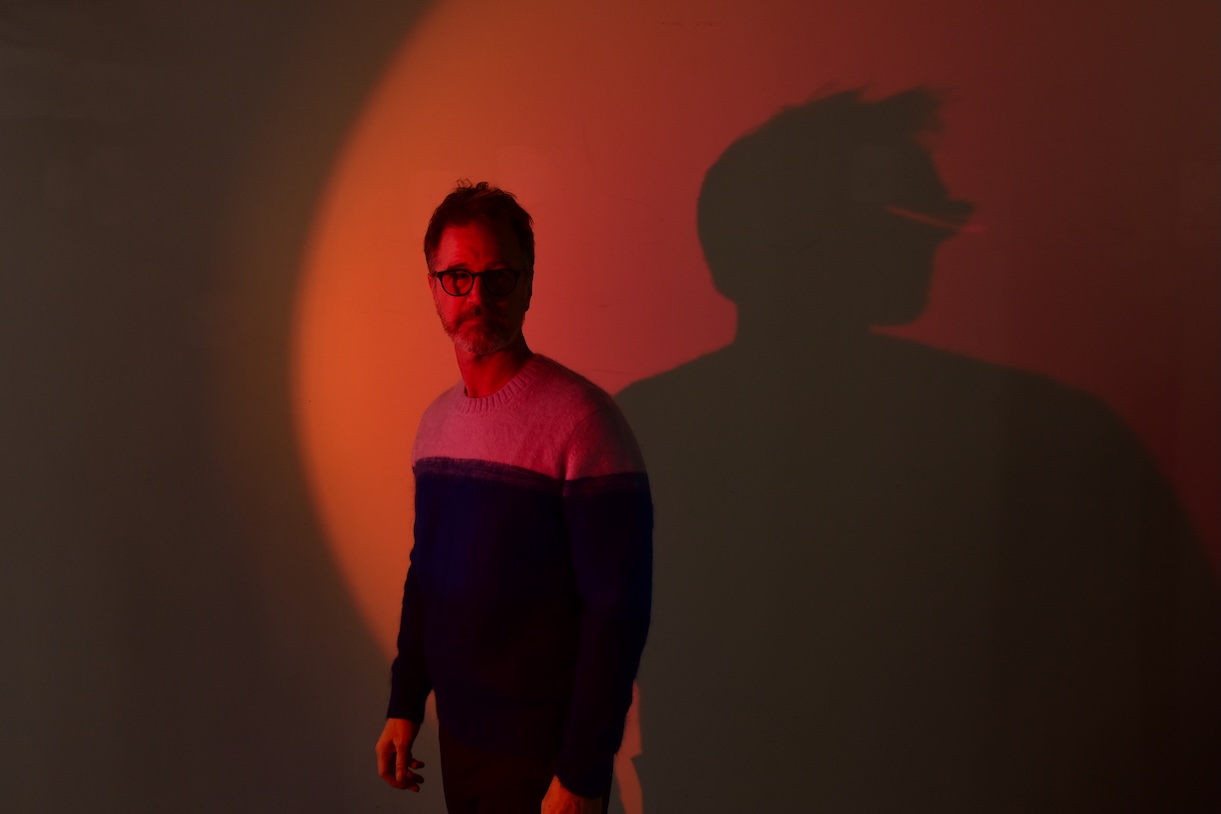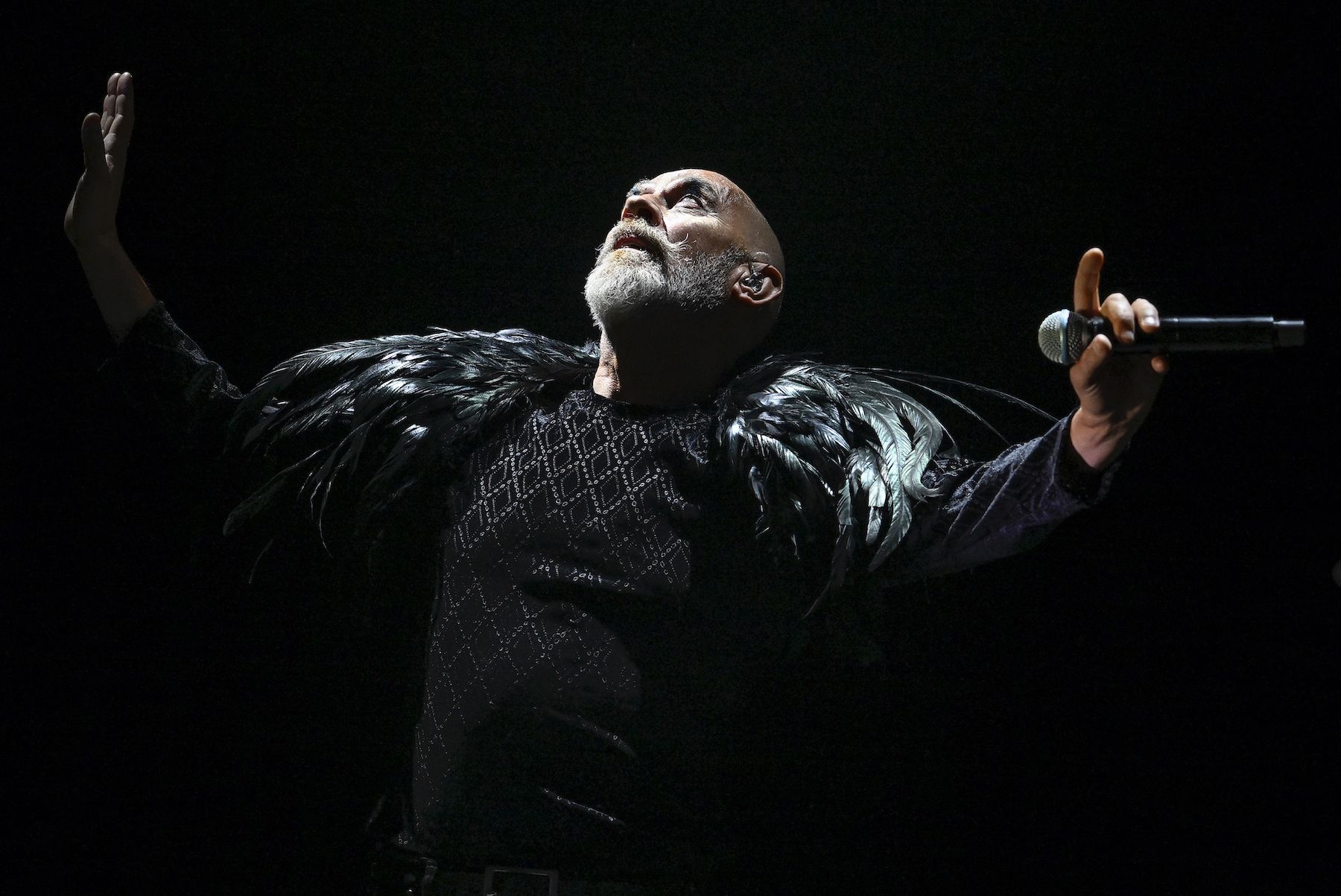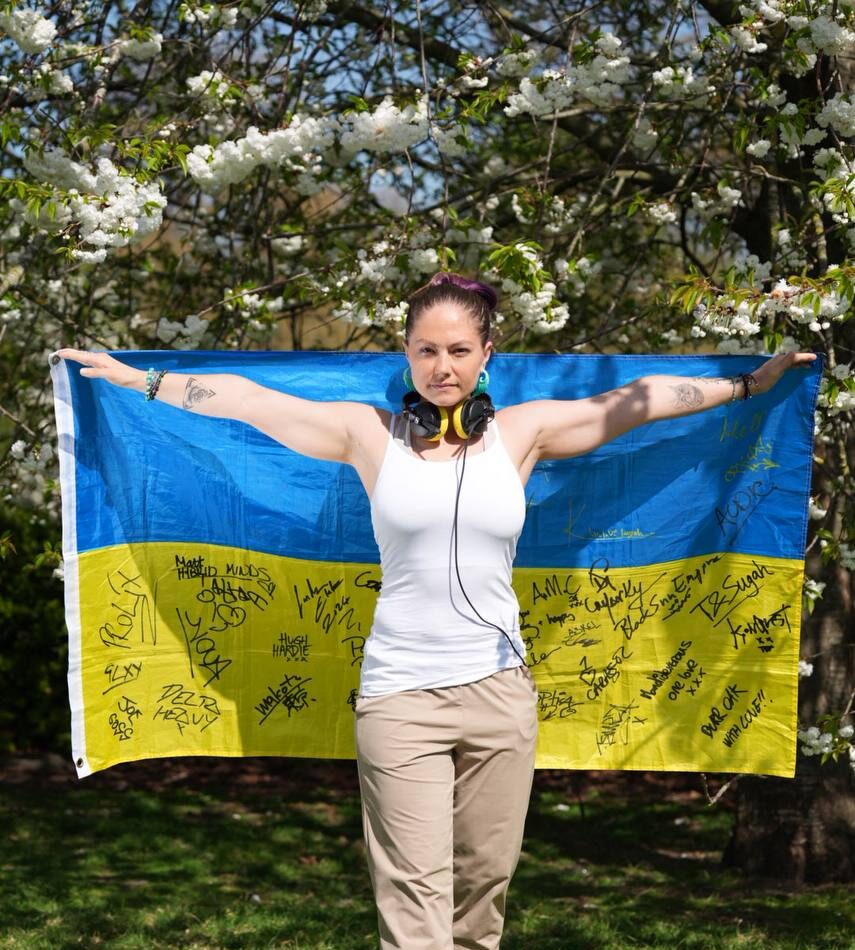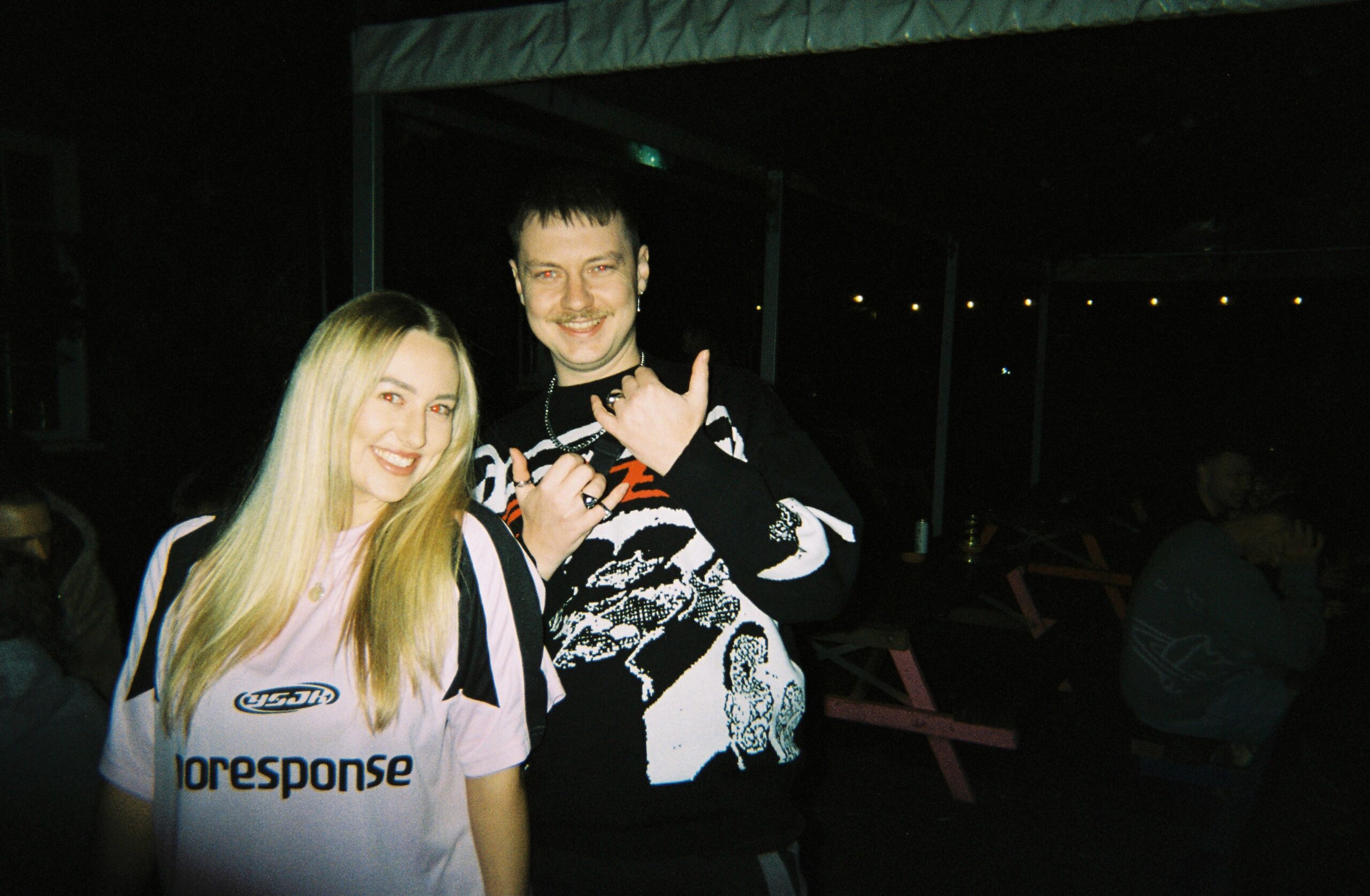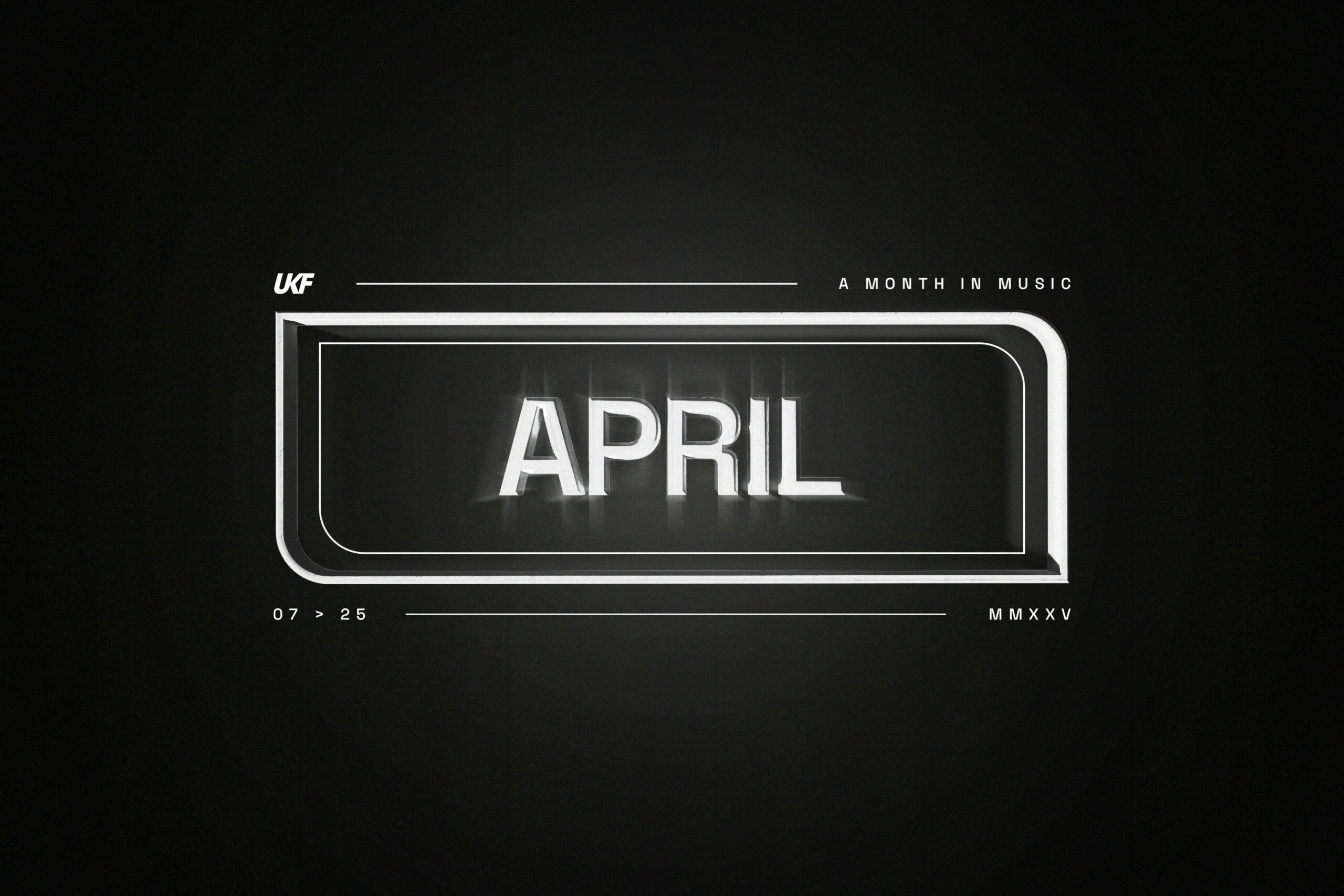MUBI Podcast: Encuentros | “Cinema Is a Serious Game”
In this episode, we explore political cinema as a form that not only engages with urgent social issues but also invites bold formal experimentation.Tatiana Mazú González is an Argentine filmmaker, editor, and art director whose work merges political militancy and social critique with the language of experimental cinema. Her distinctive approach resists traditional cinematic classifications, carving out a space where formalism and activism coexist with striking originality.Her feature films, Río Turbio (2020) and Todo documento de civilización (2024) have garnered international acclaim, each receiving the Georges de Beauregard Prize in the International Competition at FIDMarseille. These works have also been featured at major festivals such as Valdivia, FICUNAM, DocLisboa, and Mar del Plata, where they were praised for their innovative form and political resonance.Juanjo Pereira is a filmmaker, researcher, and curator from Paraguay with a strong focus on archival cinema. He is a cofounder of the Asunción International Festival of Contemporary Cinema, where he has worked as the Artistic Director since 2021.In 2025, his debut feature, Bajo las banderas, el sol, premiered in the Berlinale’s Panorama section, where it won the FIPRESCI International Critics’ Prize. The film was also named Best Film in the International Competition at BAFICI, establishing Pereira as one of the most promising voices in contemporary Latin American cinema.In this conversation, Tatiana and Juanjo dive into their artistic processes, emphasizing the central roles of archival footage and sound design in their respective cinematic languages.Apple PodcastsSpotifyYouTubeMore***En este episodio, se habla del cine político como un espacio que permite la exploración formal. Tatiana Mazú González es una directora, montajista y directora de arte argentina. En su filmografía ha conjugado la denuncia social y la militancia política con estrategias propias del cine experimental, desmarcándose así de categorías cinematográficas tradicionales.Entre otros trabajos, ha dirigido los largometrajes Río Turbio y Todo documento de civilización, con los que obtuvo en 2020 y 2024 el premio Georges de Beauegard de la Competencia Internacional del FIDMarseille, además de ser presentados y reconocidos en festivales como Valdivia, FICUNAM, DOCLisboa y Mar del Plata. Por otro lado, Juanjo Pereira es un cineasta, investigador y programador de Paraguay interesado en el trabajo con archivos. Desde 2021 es director artístico y cofundador del Festival Internacional de Cine Contemporáneo de Asunción.En 2025, su ópera prima Bajo las banderas, el sol fue estrenada en el Panorama de la Berlinale, donde obtuvo el premio de la crítica FIPRESCI, y con ella también consiguió el premio a Mejor Película de la Competencia Internacional del BAFICI. Tatiana y Juanjo se reúnen aquí para hablar de sus propios procesos creativos, en los que el uso de material de archivo y el diseño sonoro han sido componentes estructurales.

In this episode, we explore political cinema as a form that not only engages with urgent social issues but also invites bold formal experimentation.
Tatiana Mazú González is an Argentine filmmaker, editor, and art director whose work merges political militancy and social critique with the language of experimental cinema. Her distinctive approach resists traditional cinematic classifications, carving out a space where formalism and activism coexist with striking originality.
Her feature films, Río Turbio (2020) and Todo documento de civilización (2024) have garnered international acclaim, each receiving the Georges de Beauregard Prize in the International Competition at FIDMarseille. These works have also been featured at major festivals such as Valdivia, FICUNAM, DocLisboa, and Mar del Plata, where they were praised for their innovative form and political resonance.
Juanjo Pereira is a filmmaker, researcher, and curator from Paraguay with a strong focus on archival cinema. He is a cofounder of the Asunción International Festival of Contemporary Cinema, where he has worked as the Artistic Director since 2021.
In 2025, his debut feature, Bajo las banderas, el sol, premiered in the Berlinale’s Panorama section, where it won the FIPRESCI International Critics’ Prize. The film was also named Best Film in the International Competition at BAFICI, establishing Pereira as one of the most promising voices in contemporary Latin American cinema.
In this conversation, Tatiana and Juanjo dive into their artistic processes, emphasizing the central roles of archival footage and sound design in their respective cinematic languages.
***
En este episodio, se habla del cine político como un espacio que permite la exploración formal.
Tatiana Mazú González es una directora, montajista y directora de arte argentina. En su filmografía ha conjugado la denuncia social y la militancia política con estrategias propias del cine experimental, desmarcándose así de categorías cinematográficas tradicionales.
Entre otros trabajos, ha dirigido los largometrajes Río Turbio y Todo documento de civilización, con los que obtuvo en 2020 y 2024 el premio Georges de Beauegard de la Competencia Internacional del FIDMarseille, además de ser presentados y reconocidos en festivales como Valdivia, FICUNAM, DOCLisboa y Mar del Plata.
Por otro lado, Juanjo Pereira es un cineasta, investigador y programador de Paraguay interesado en el trabajo con archivos. Desde 2021 es director artístico y cofundador del Festival Internacional de Cine Contemporáneo de Asunción.
En 2025, su ópera prima Bajo las banderas, el sol fue estrenada en el Panorama de la Berlinale, donde obtuvo el premio de la crítica FIPRESCI, y con ella también consiguió el premio a Mejor Película de la Competencia Internacional del BAFICI.
Tatiana y Juanjo se reúnen aquí para hablar de sus propios procesos creativos, en los que el uso de material de archivo y el diseño sonoro han sido componentes estructurales.




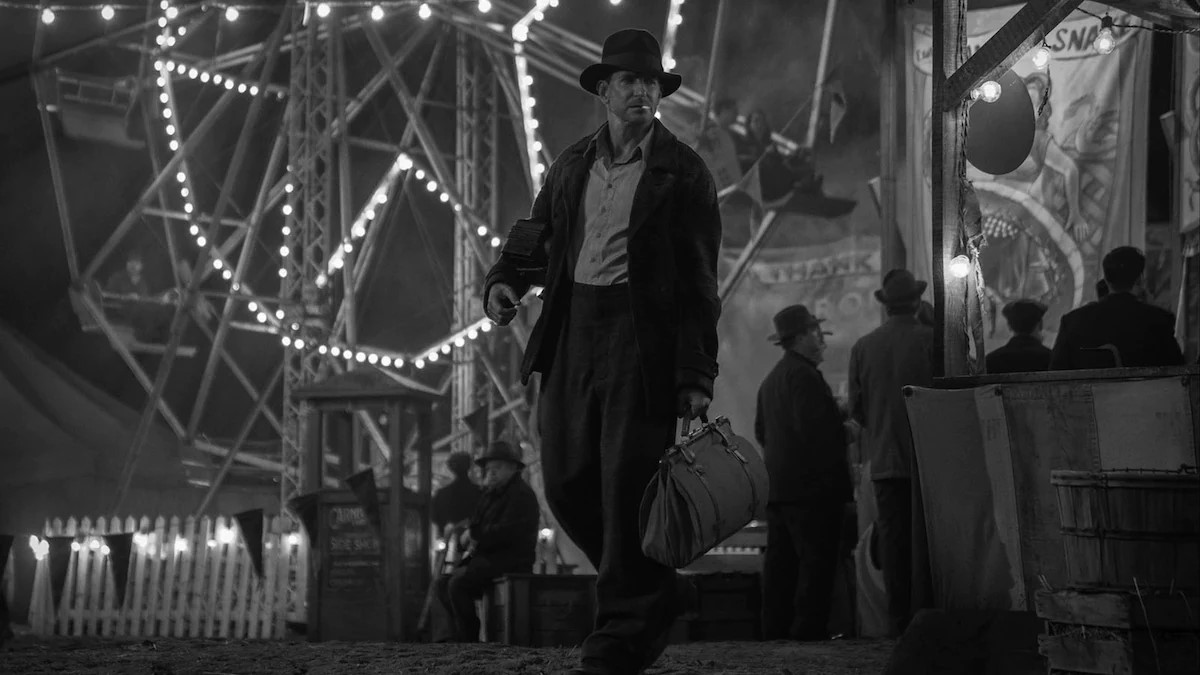

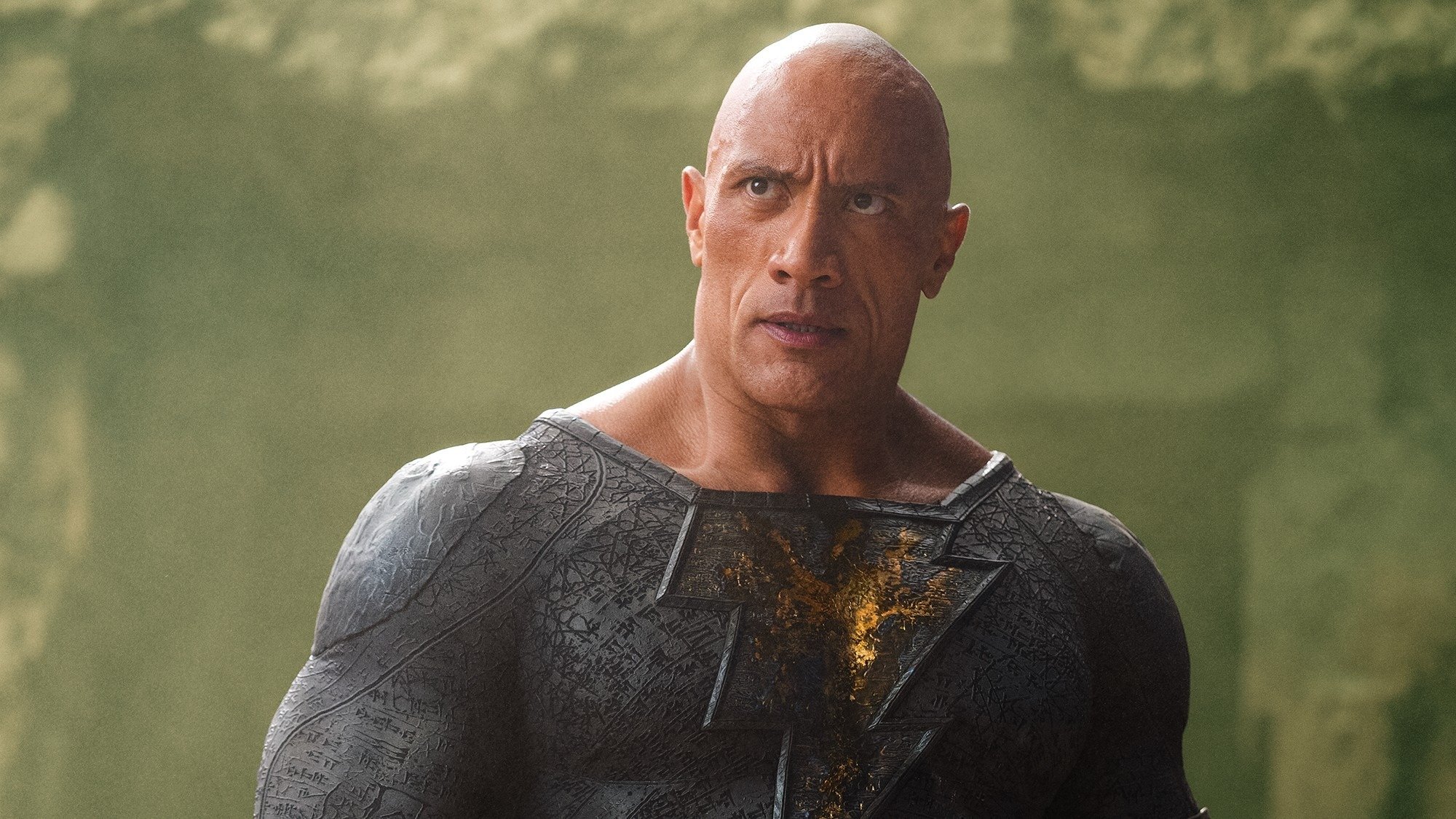
![White Paper Games Announces Psychological Thriller ‘I Am Ripper’ [Trailer]](https://bloody-disgusting.com/wp-content/uploads/2025/05/iamripper.jpg)













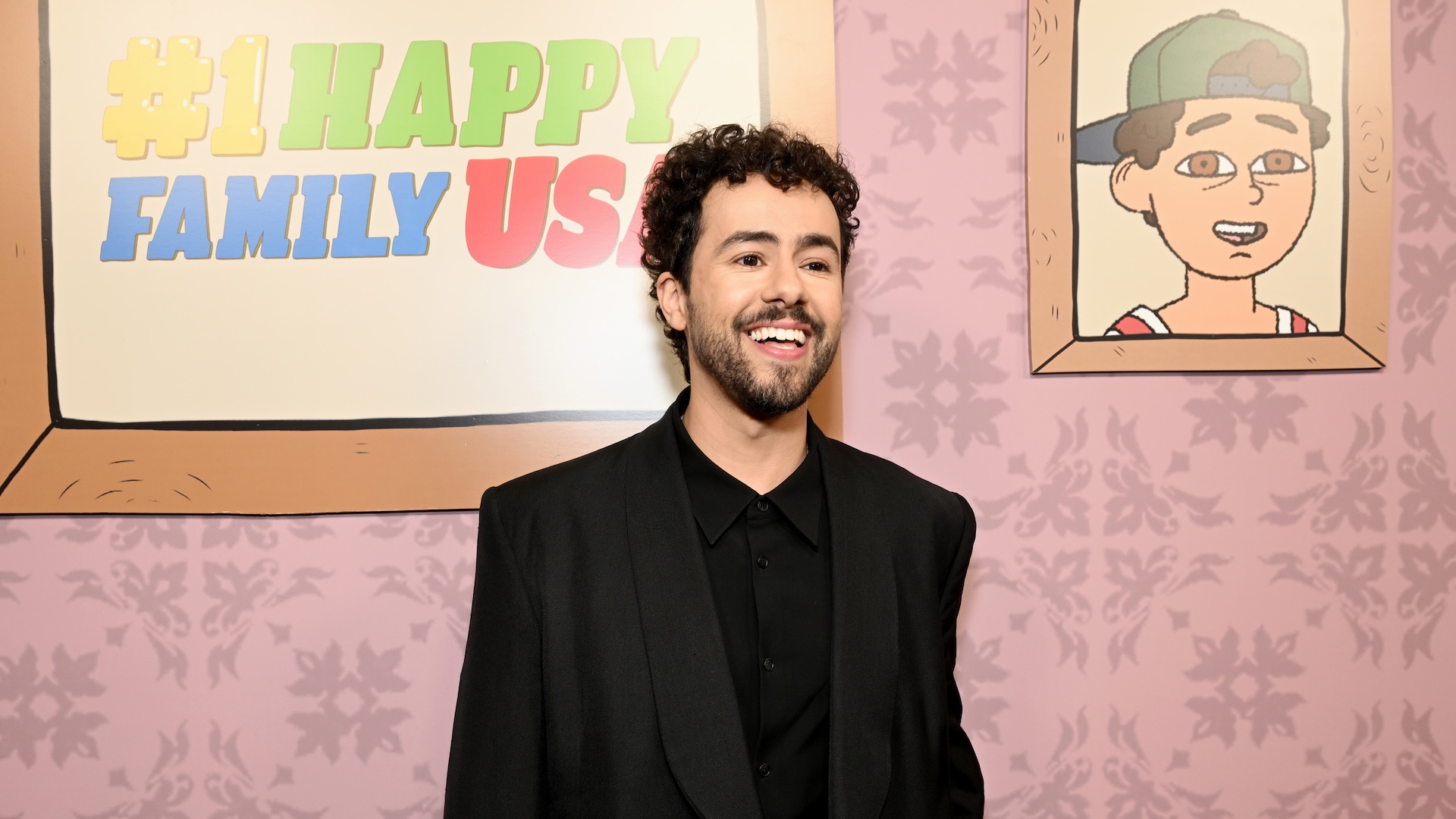






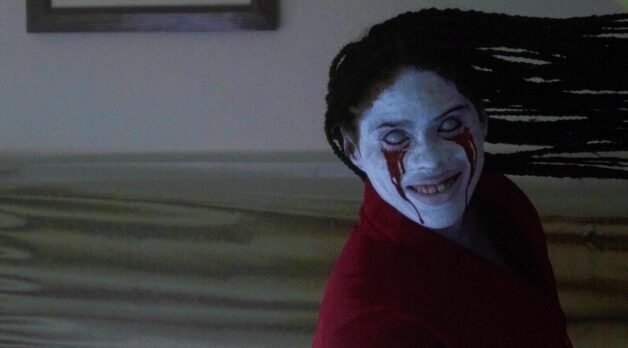
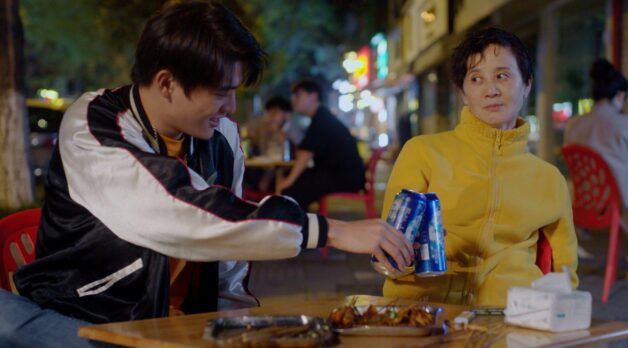
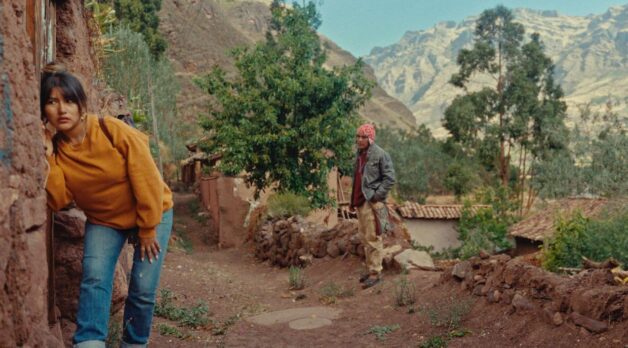








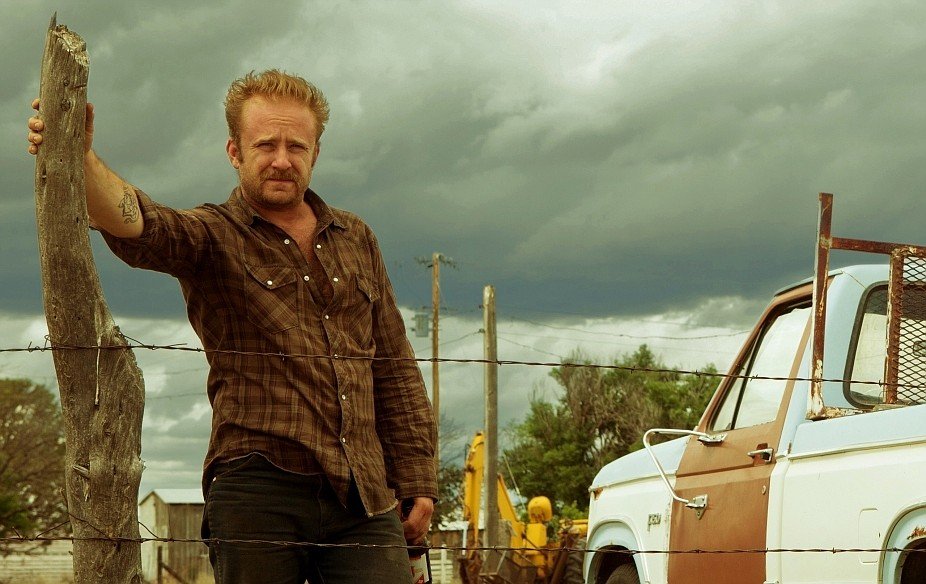
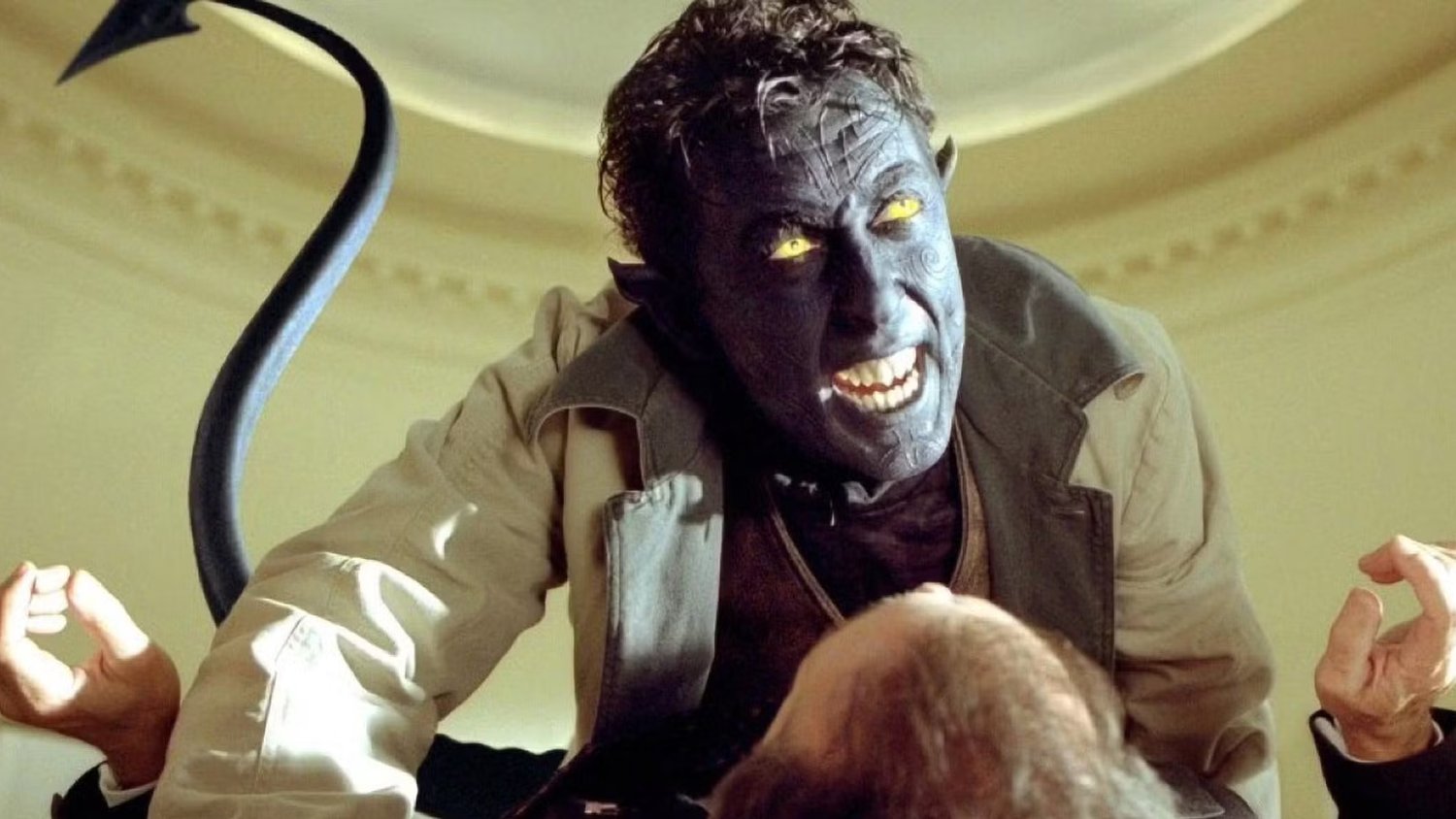













![Hollow Rendition [on SLEEPY HOLLOW]](https://jonathanrosenbaum.net/wp-content/uploads/2010/03/sleepy-hollow32.jpg)
![It All Adds Up [FOUR CORNERS]](https://jonathanrosenbaum.net/wp-content/uploads/2010/08/fourcorners.jpg)

